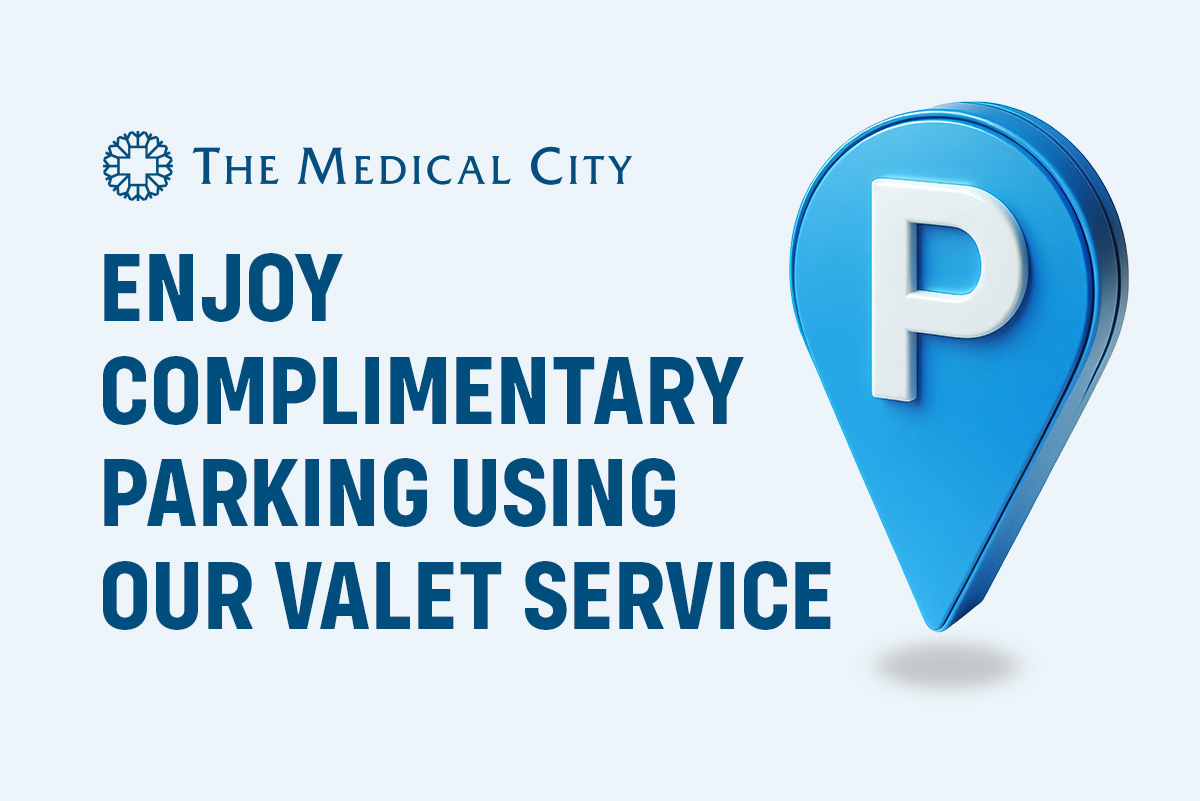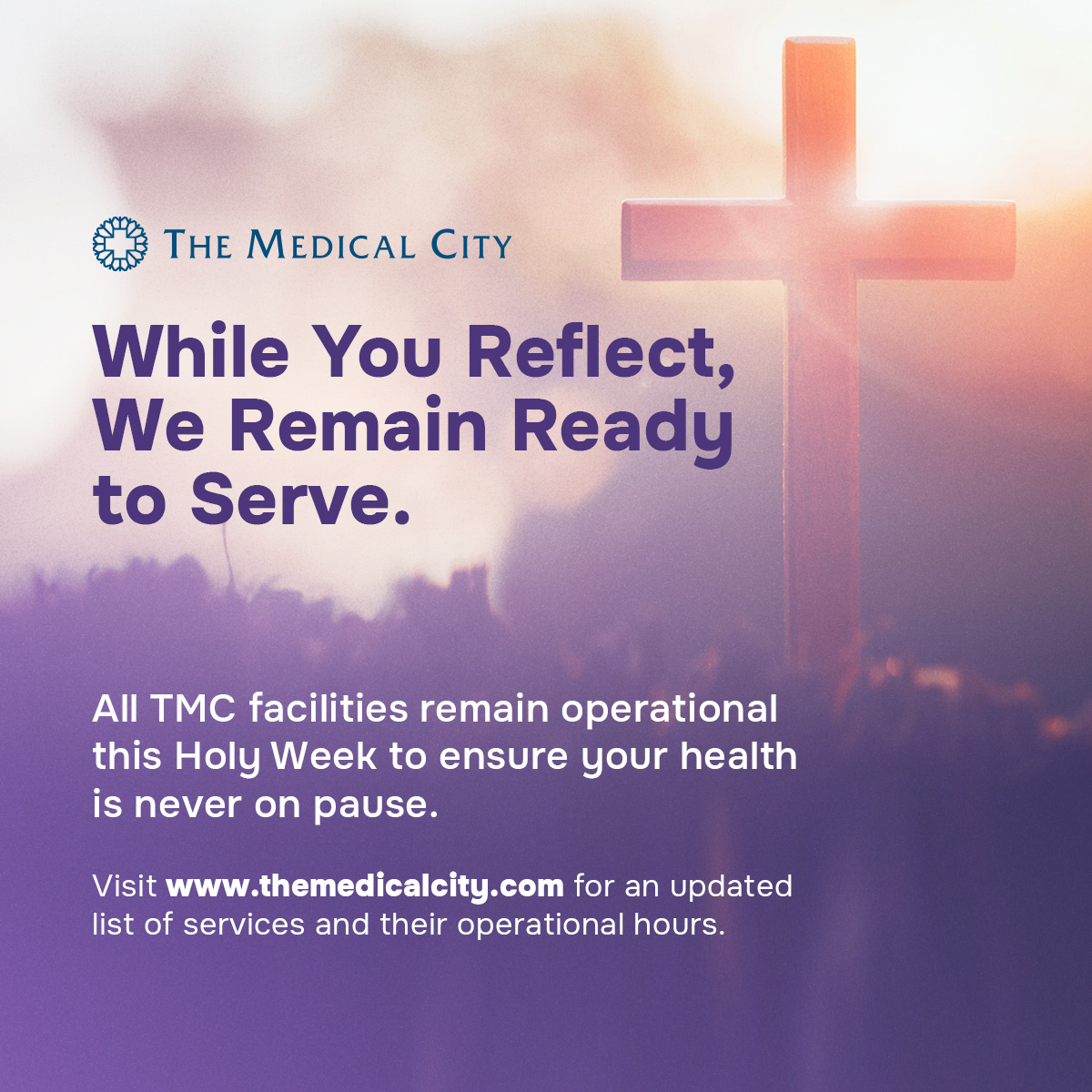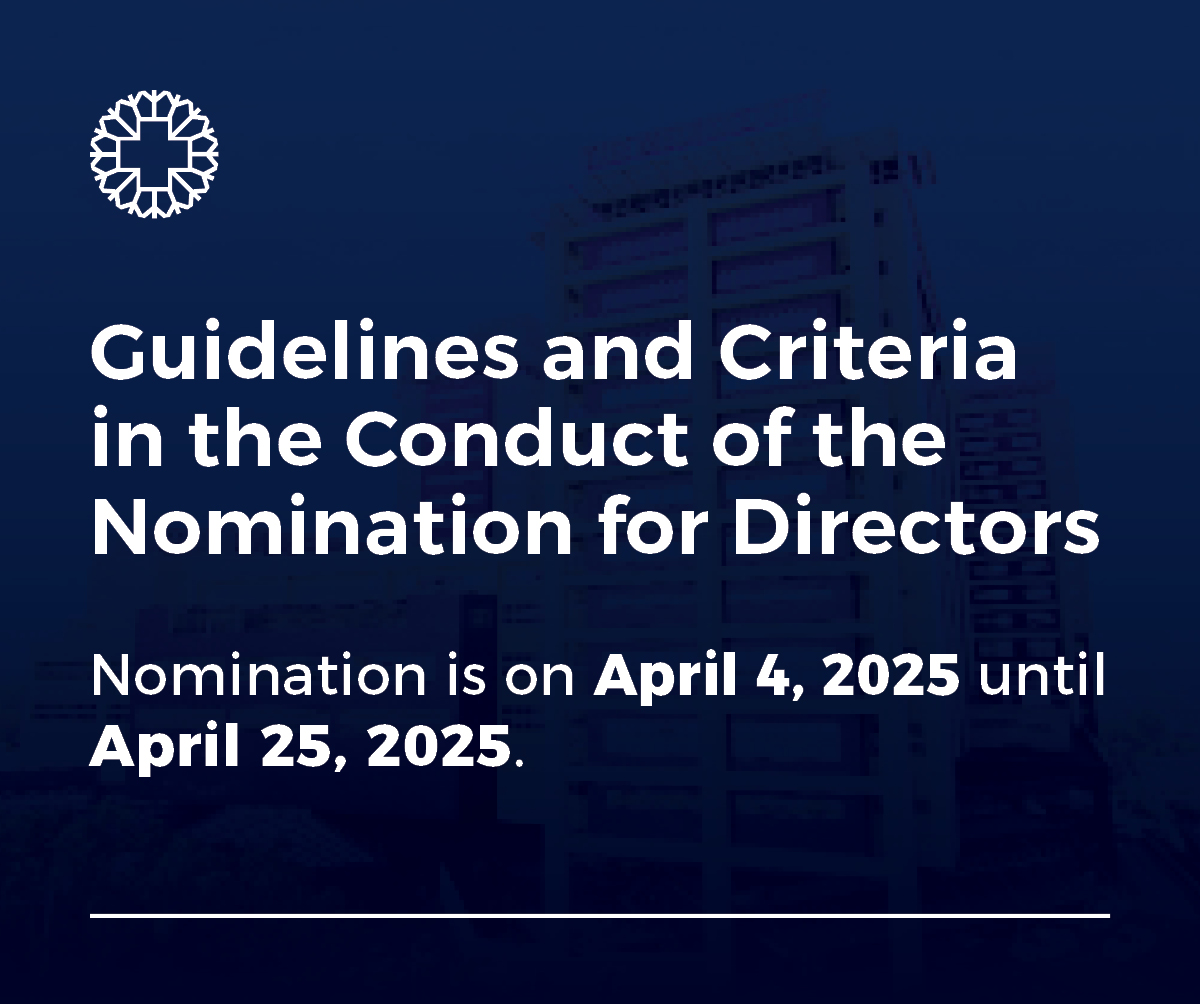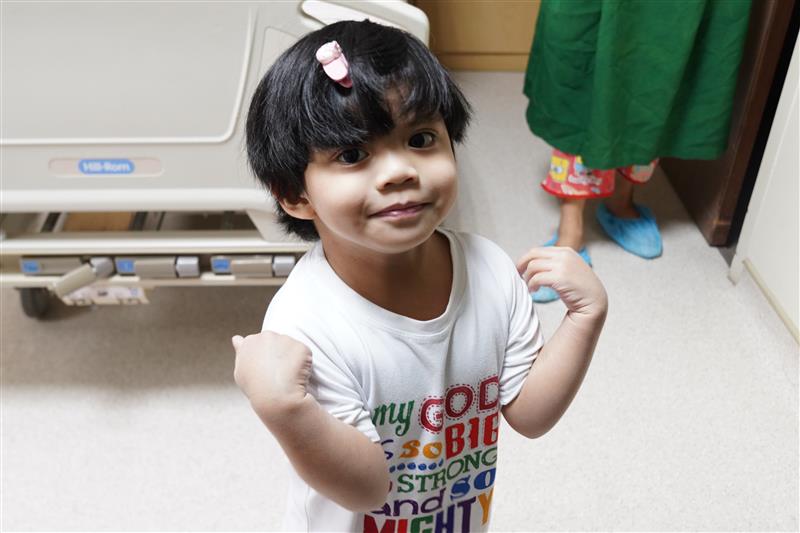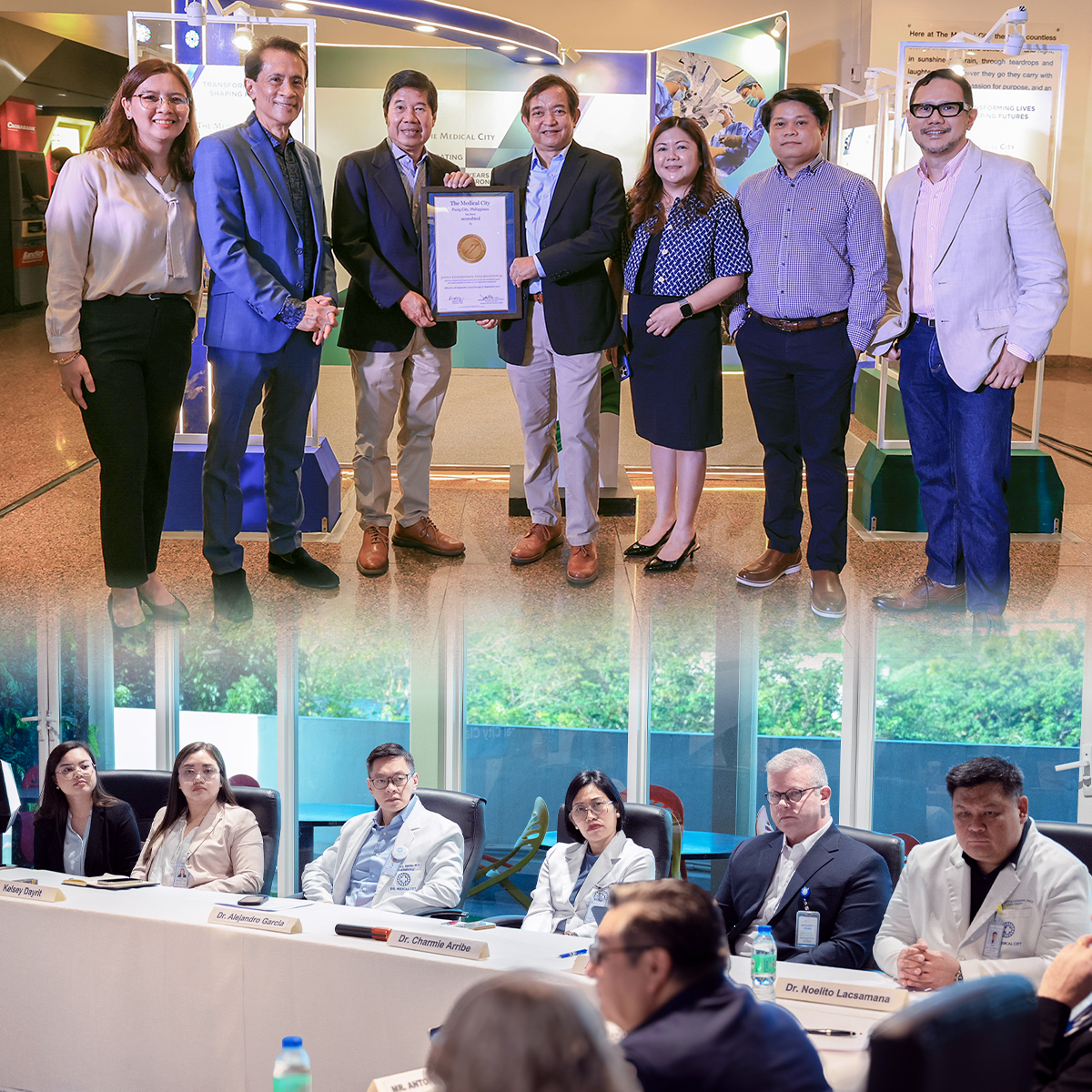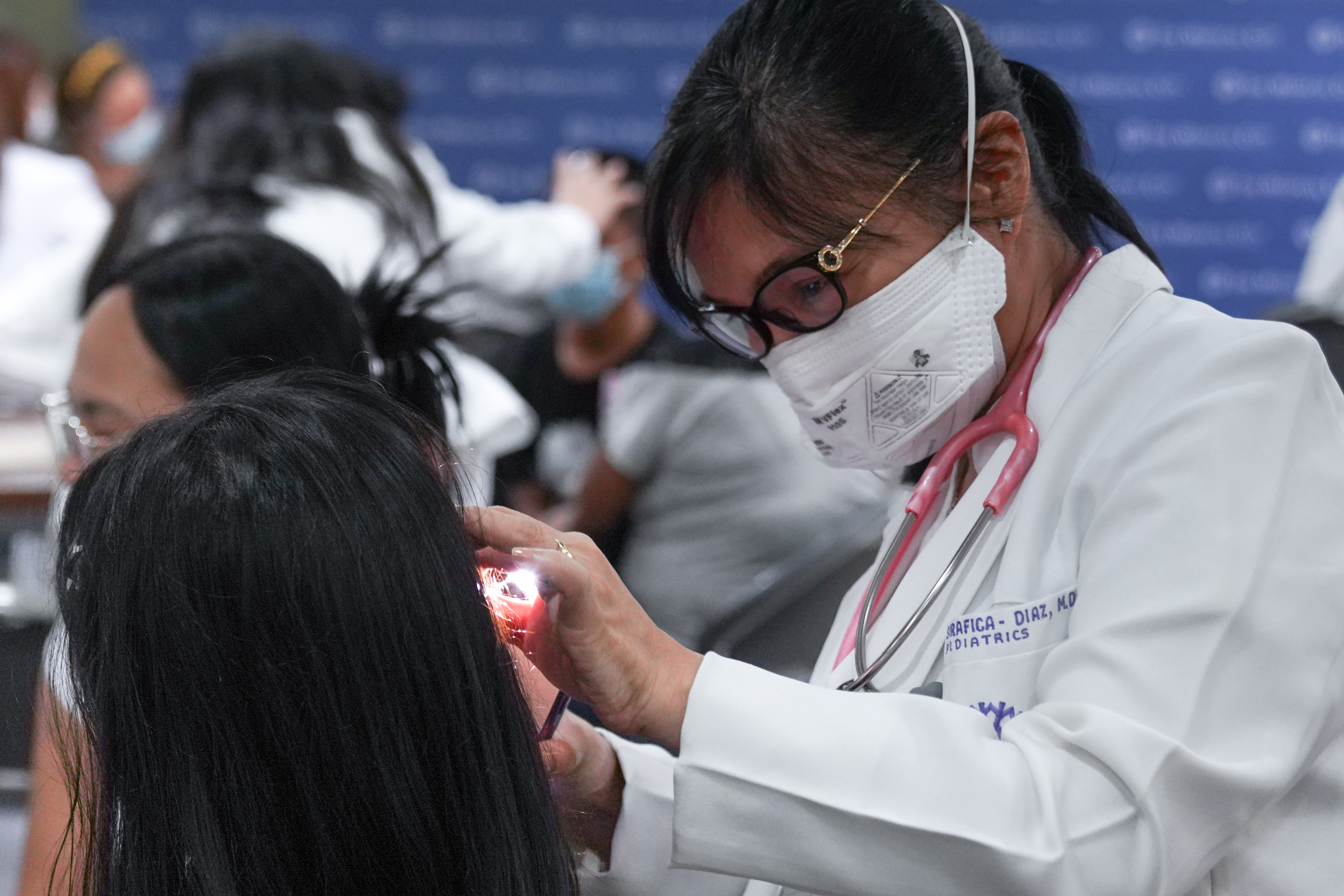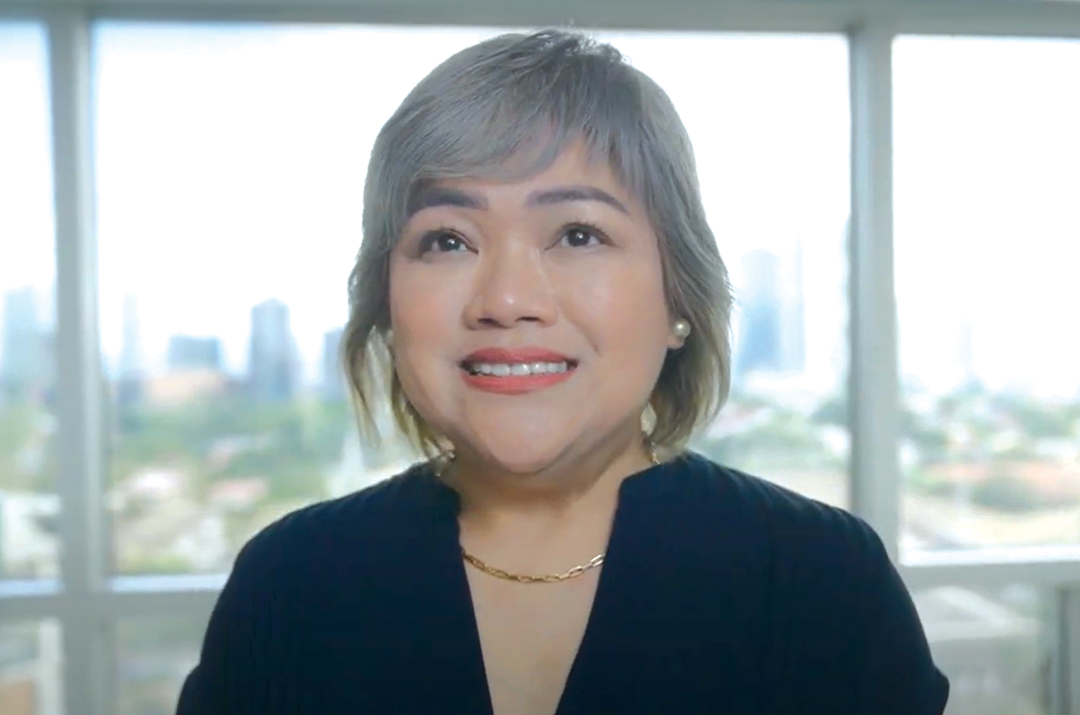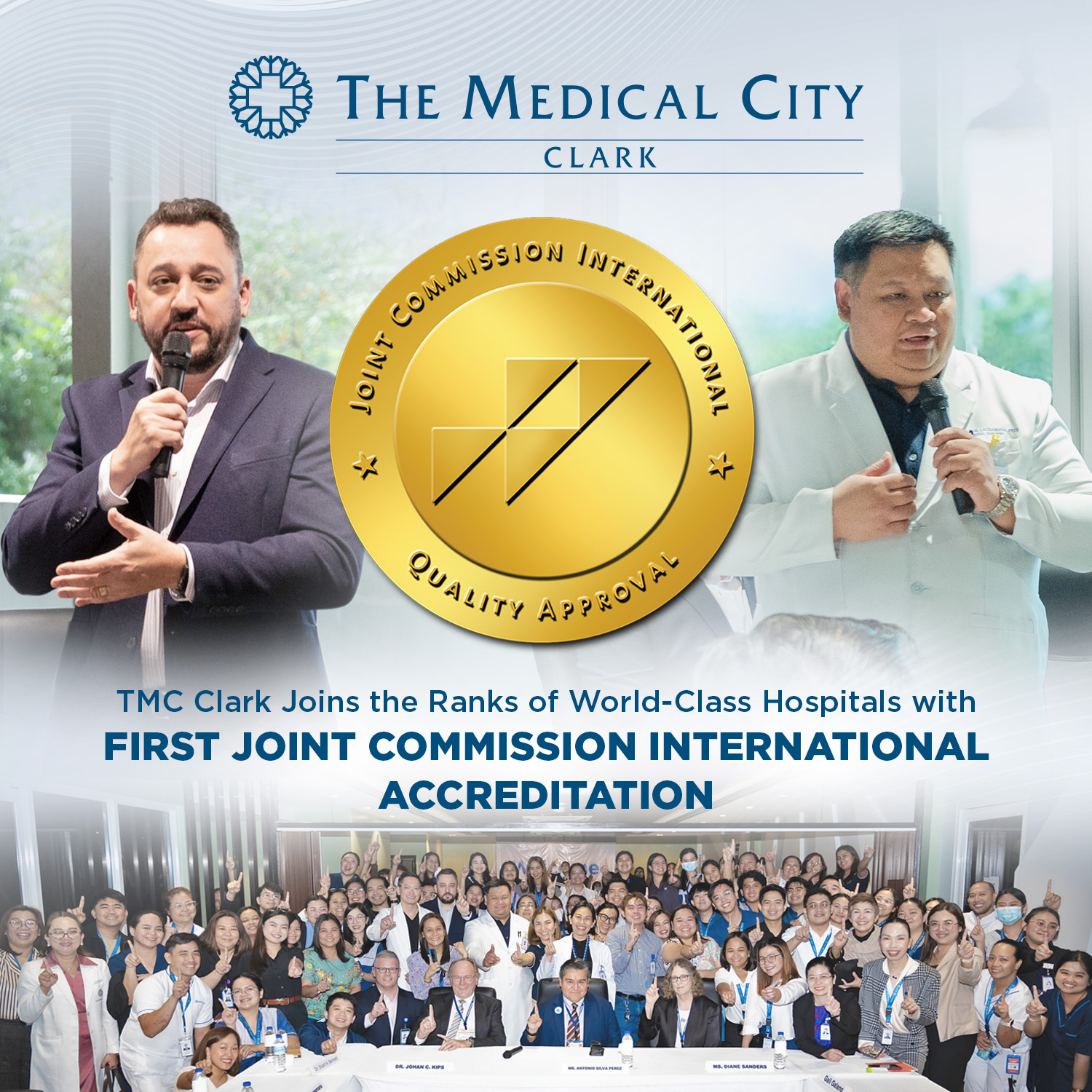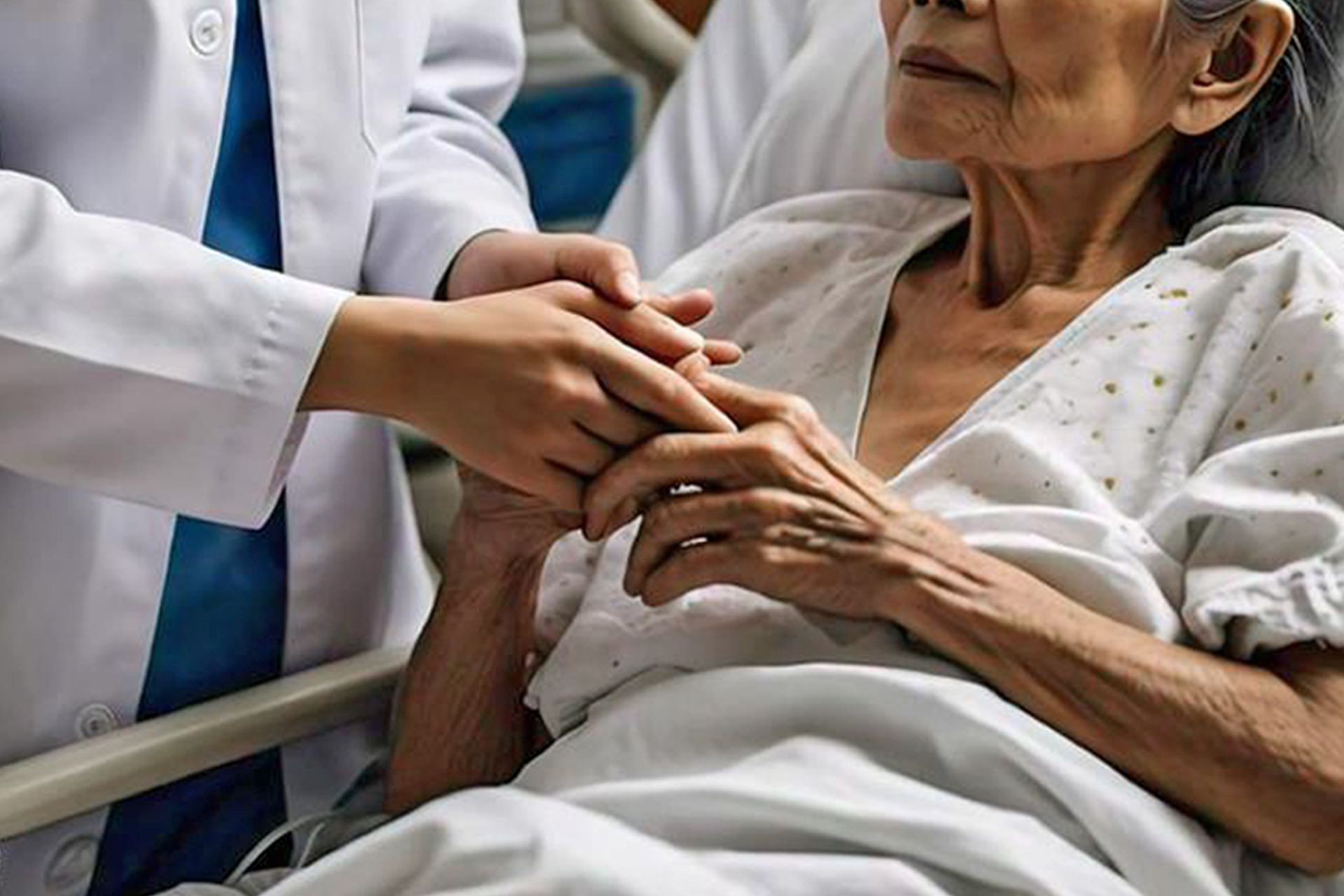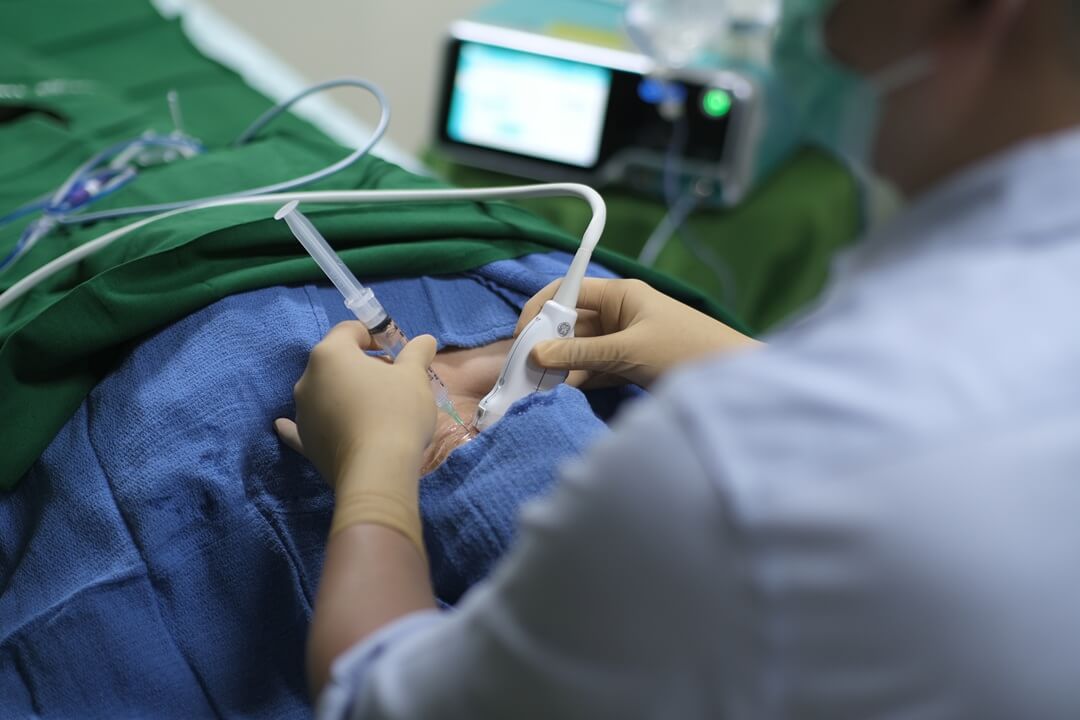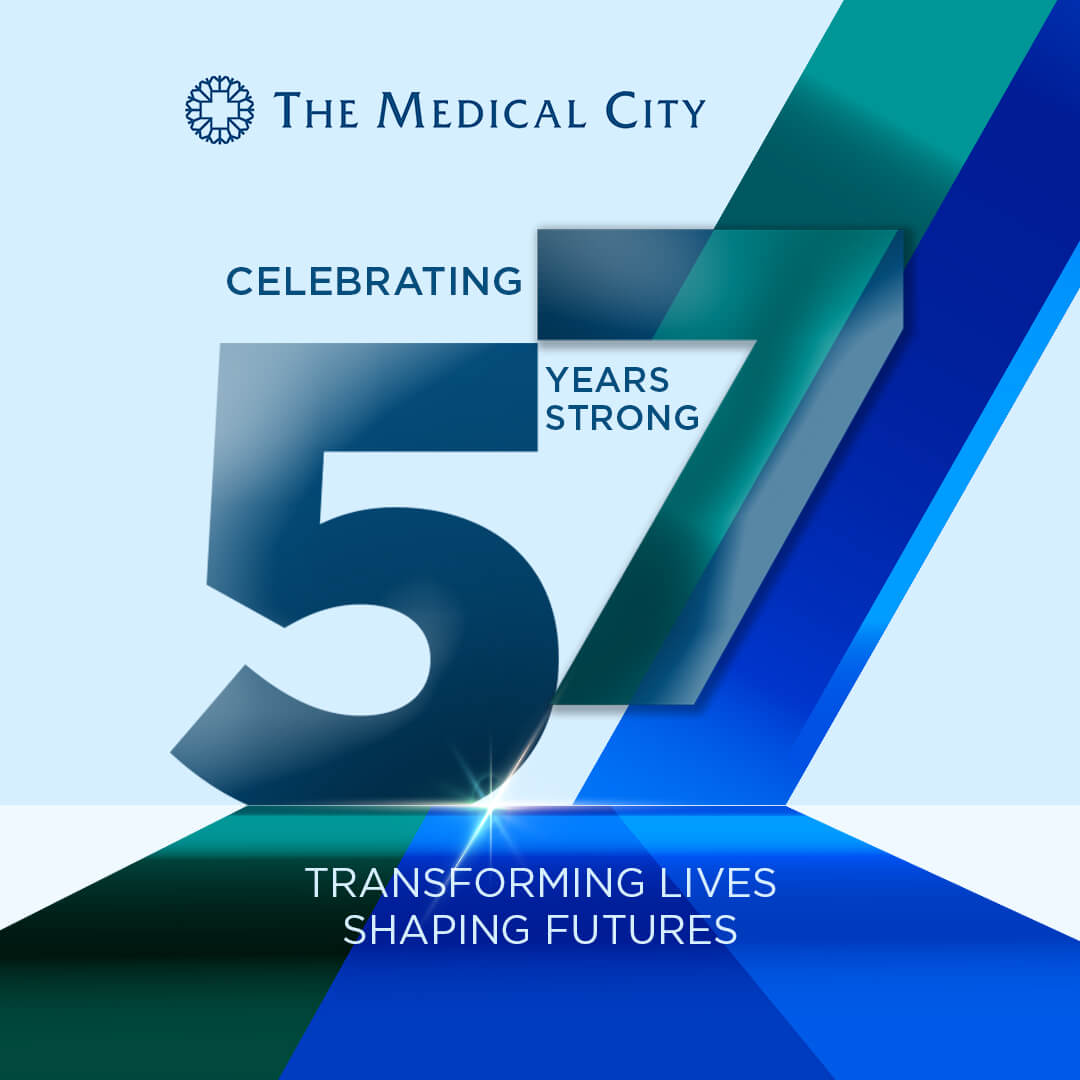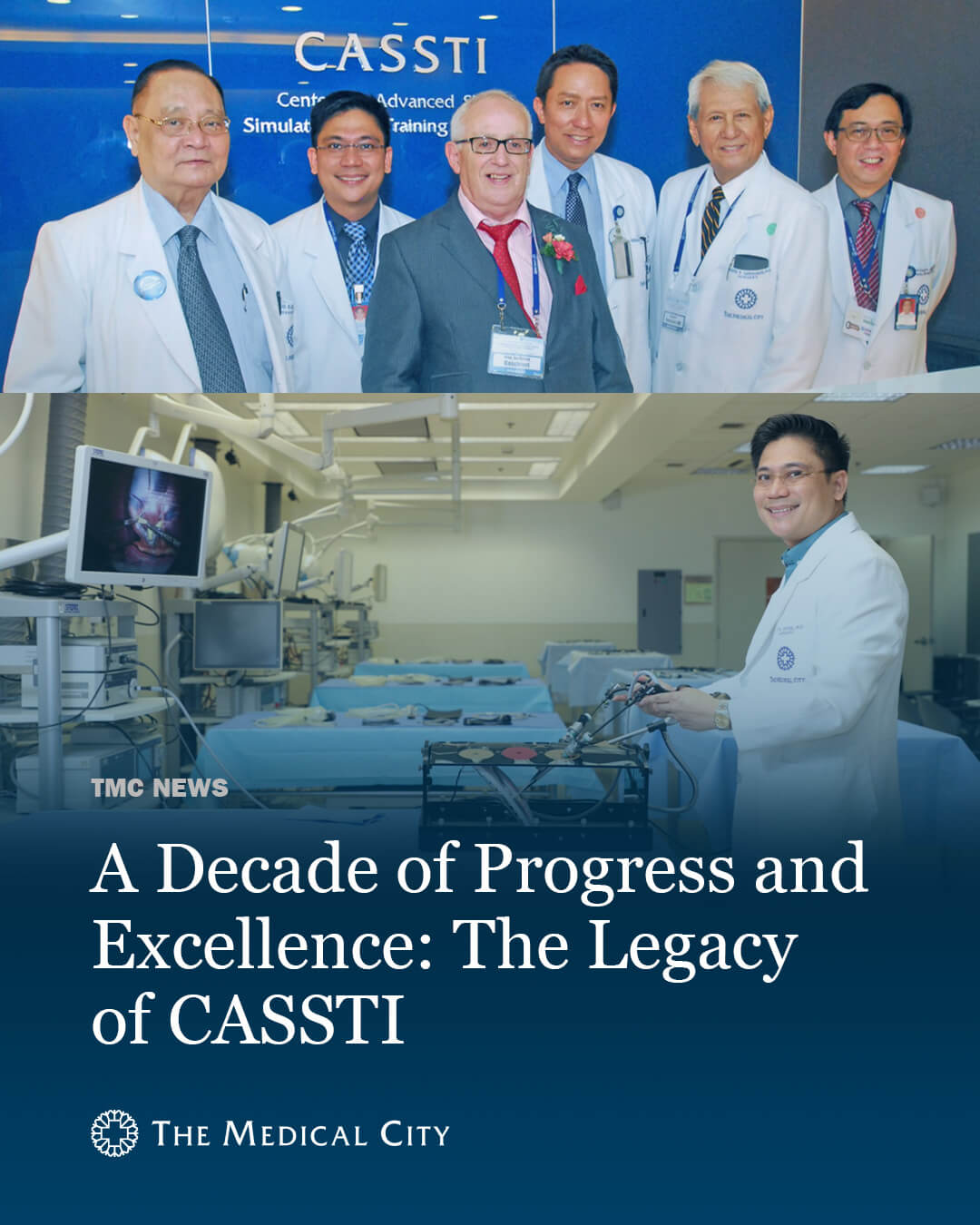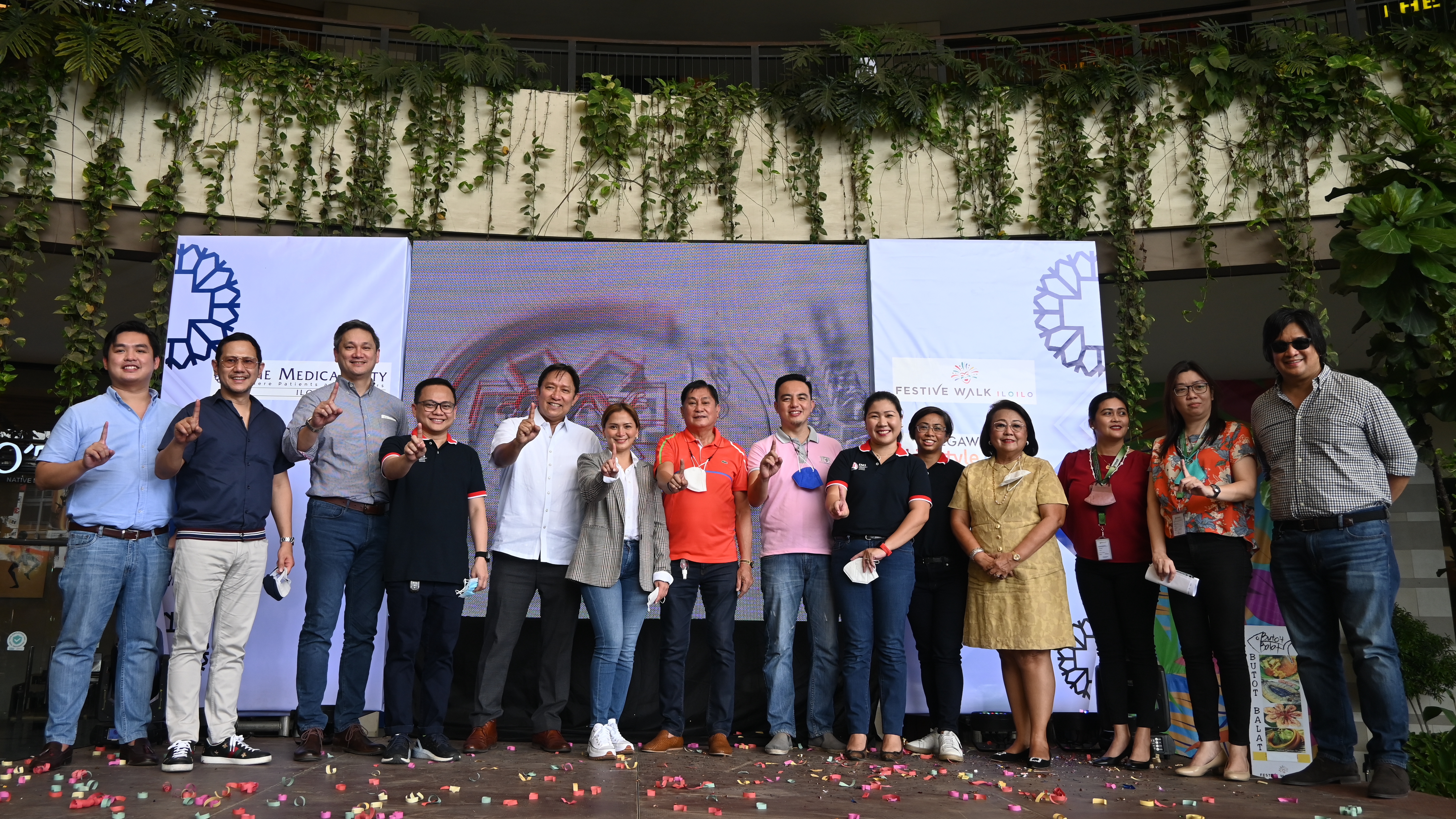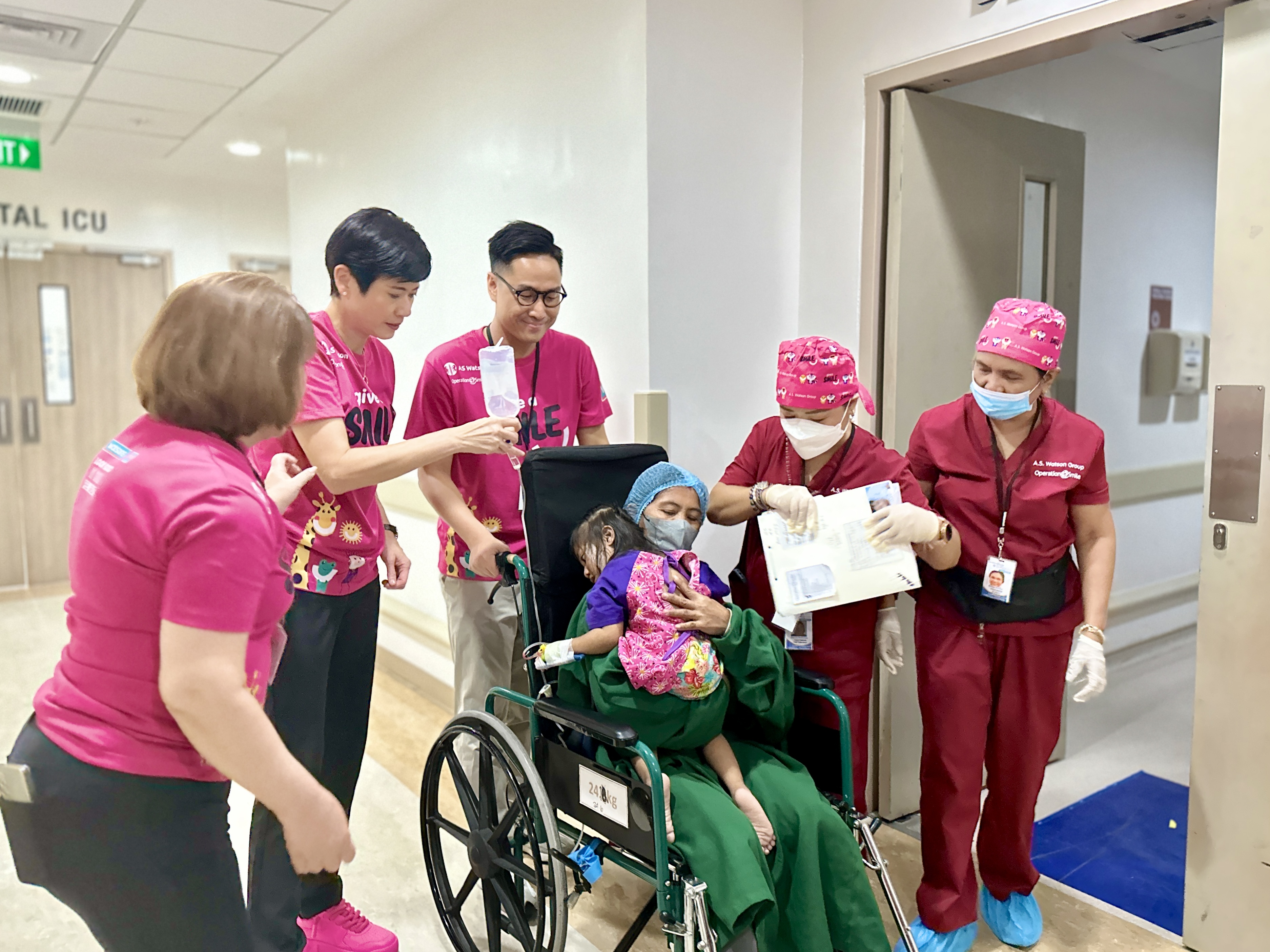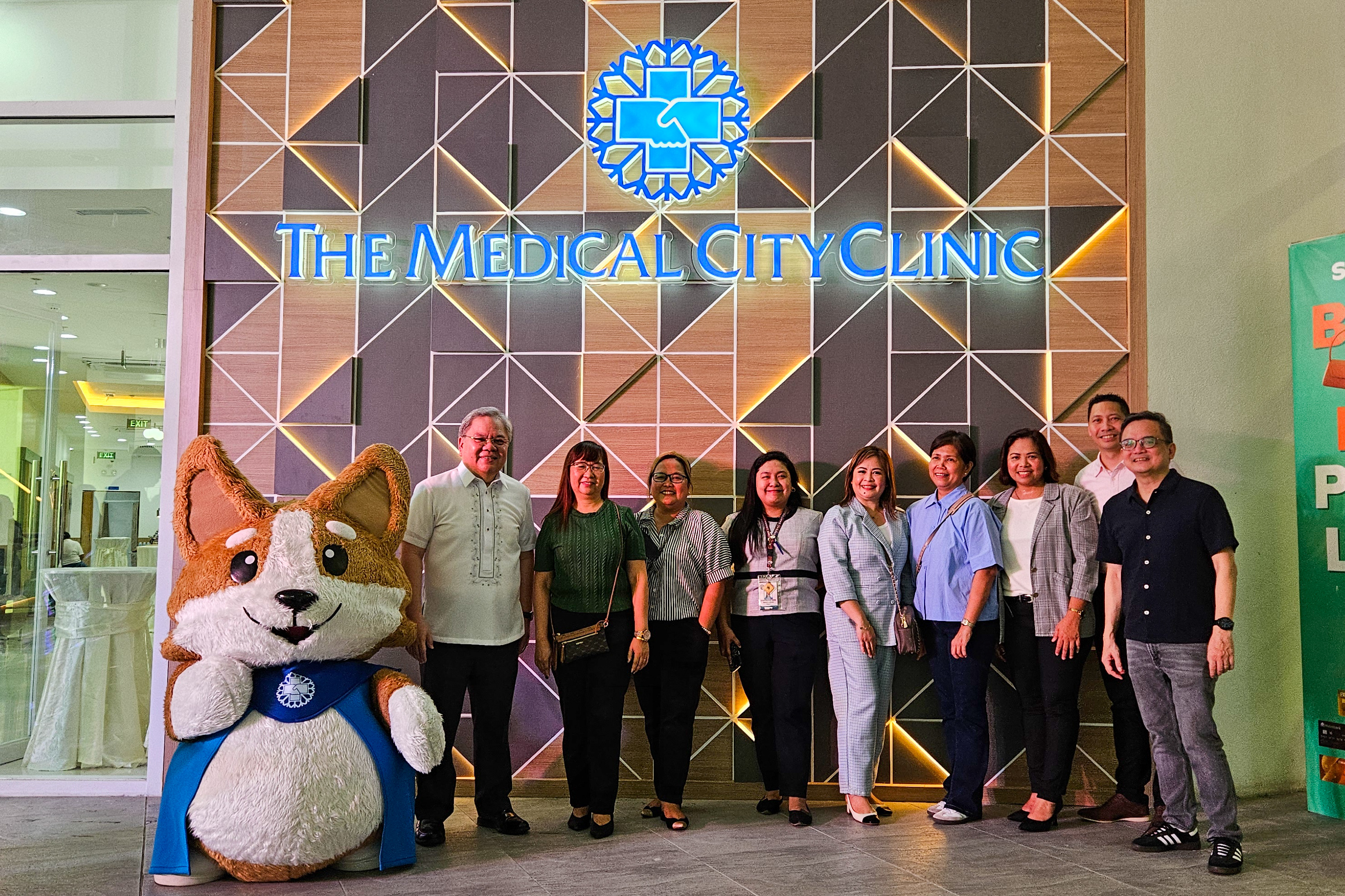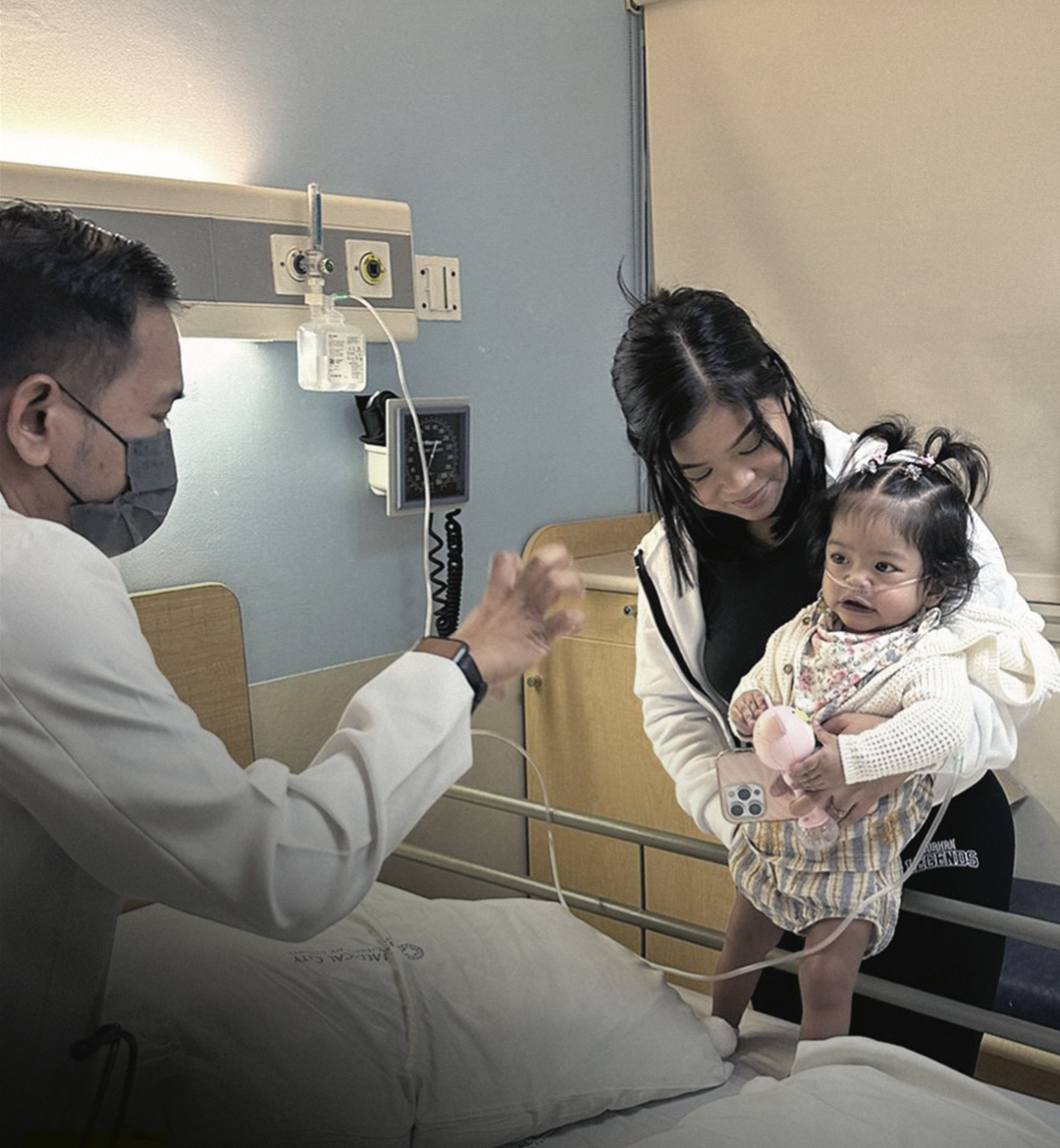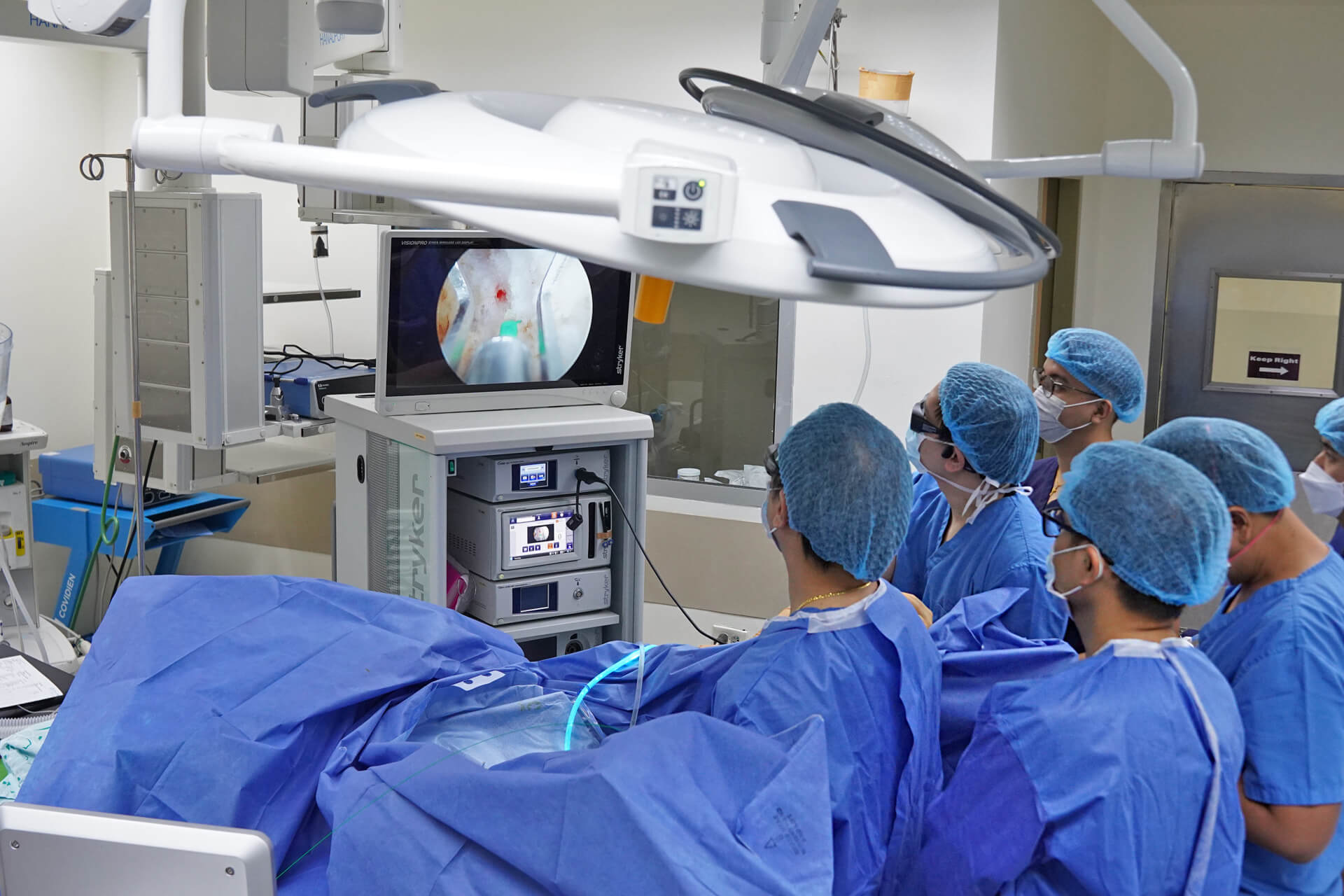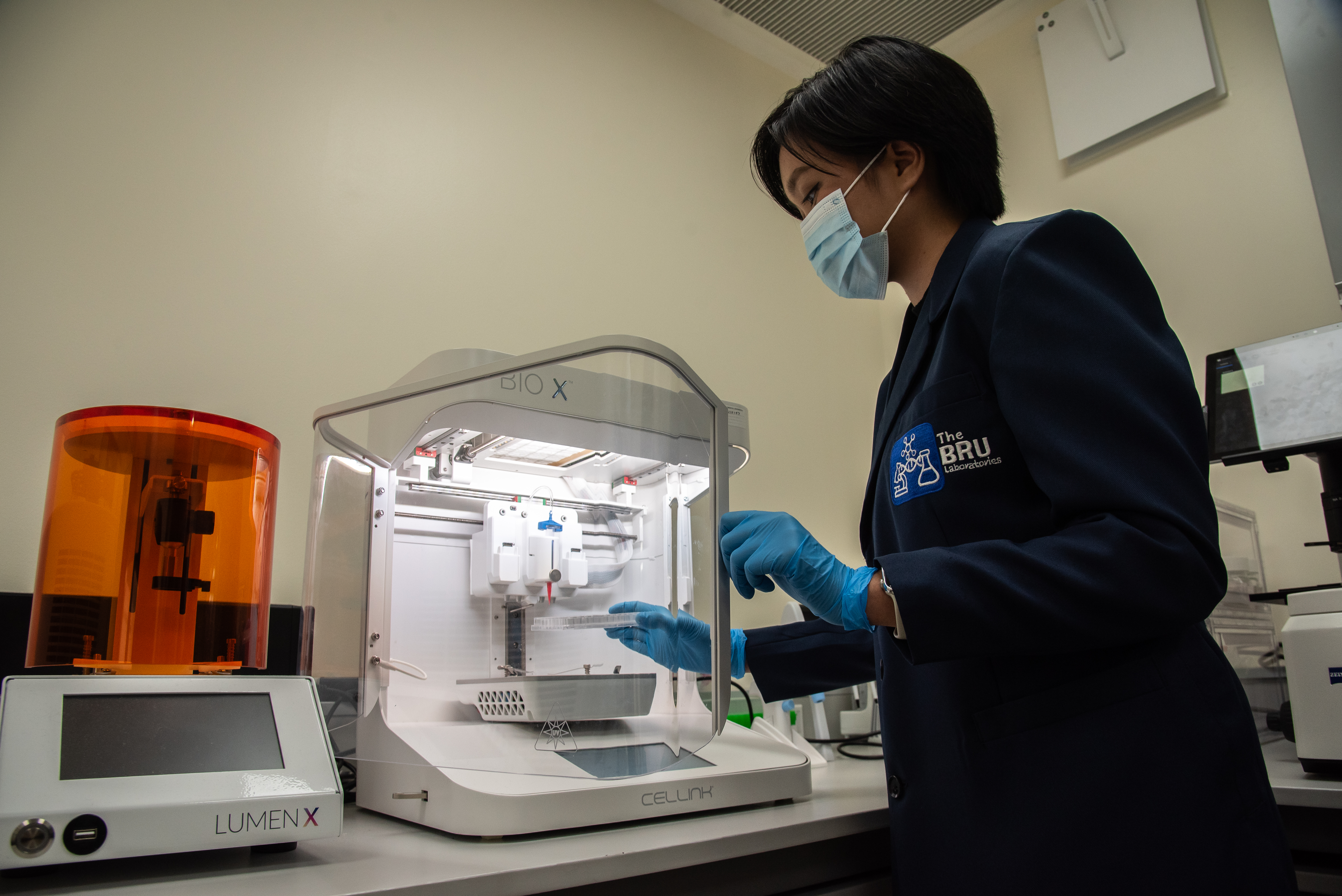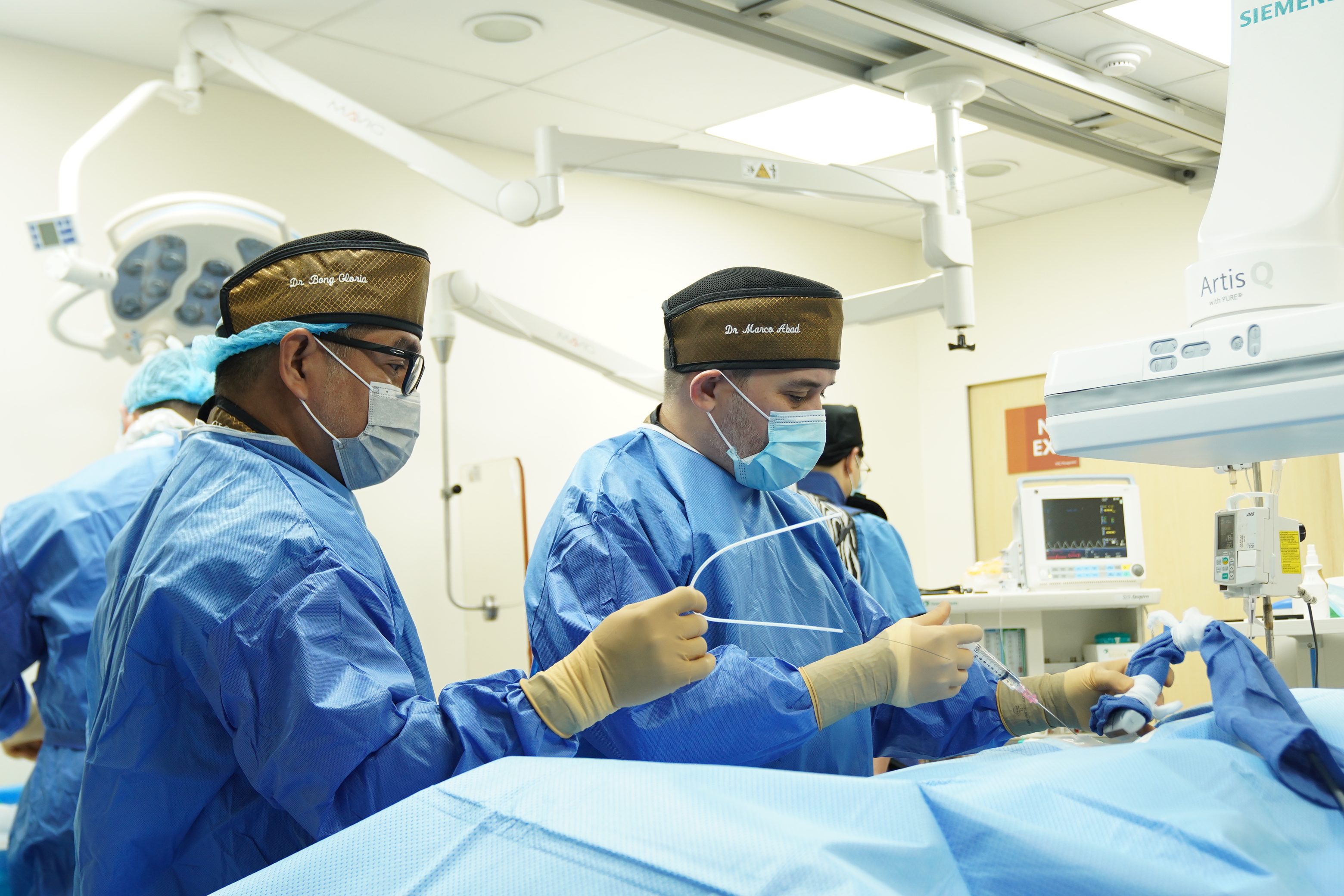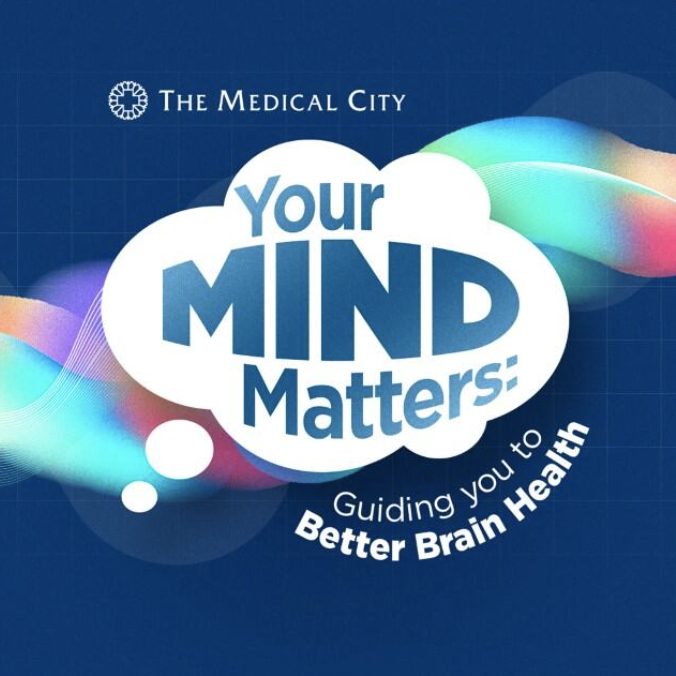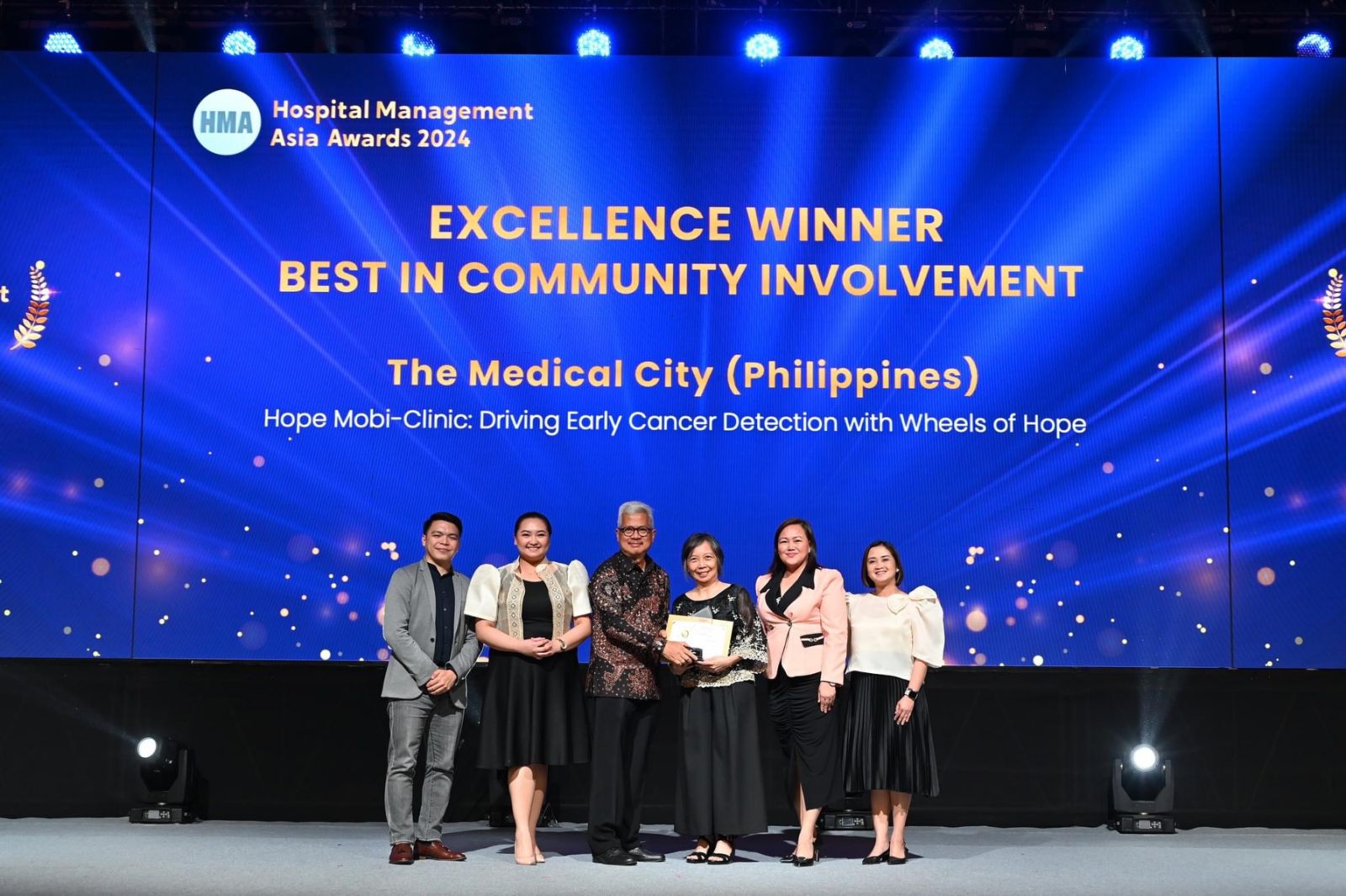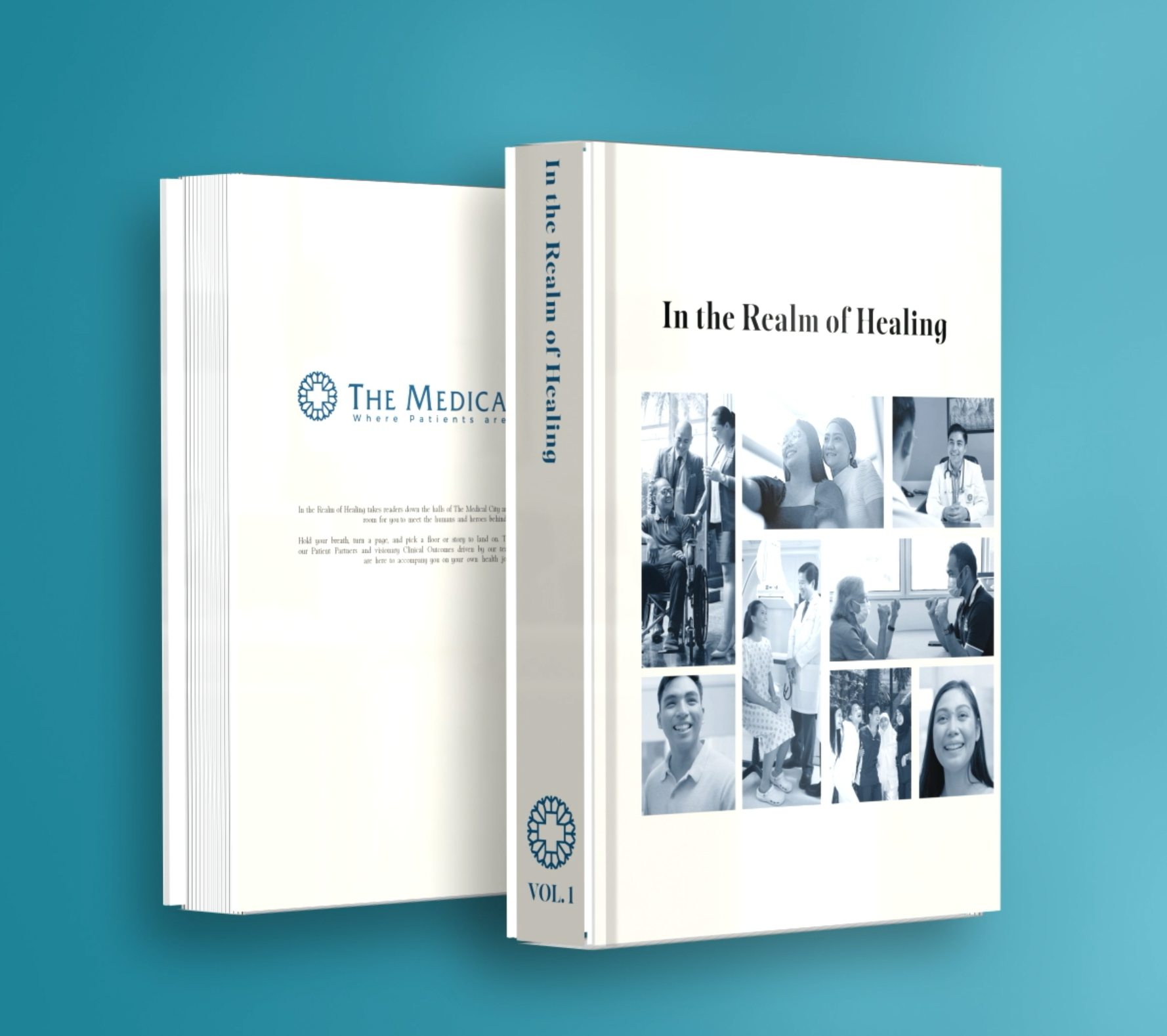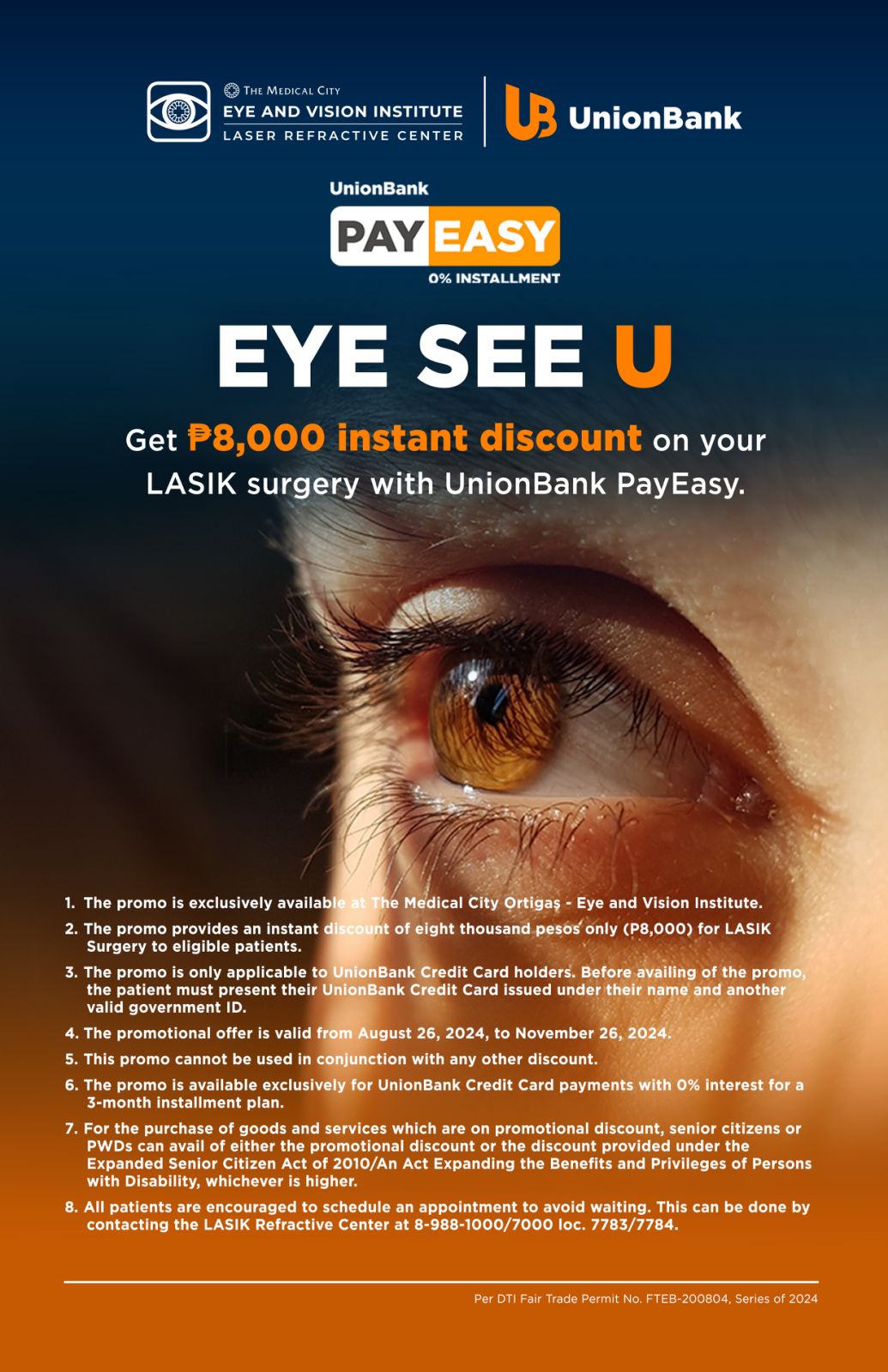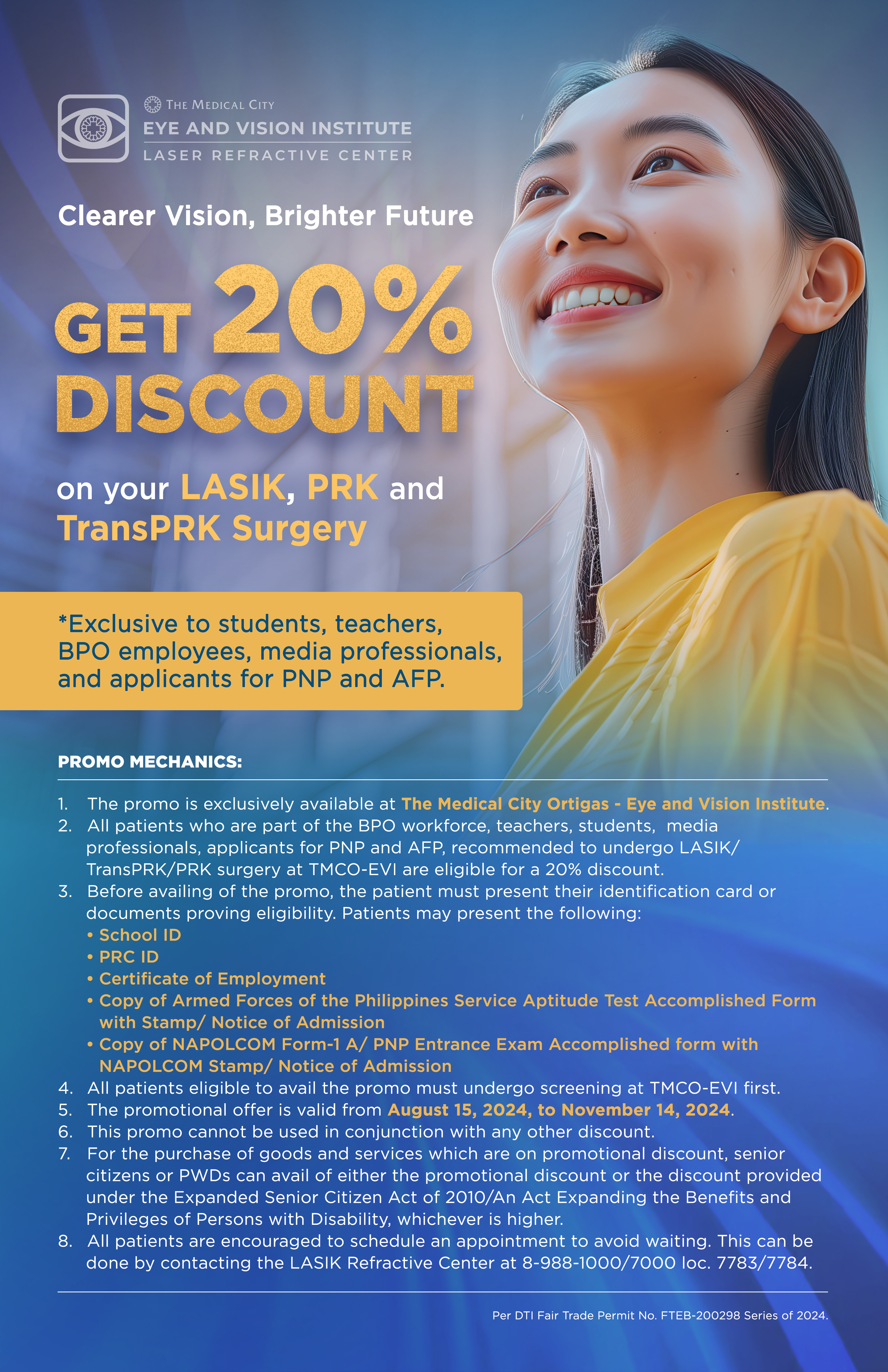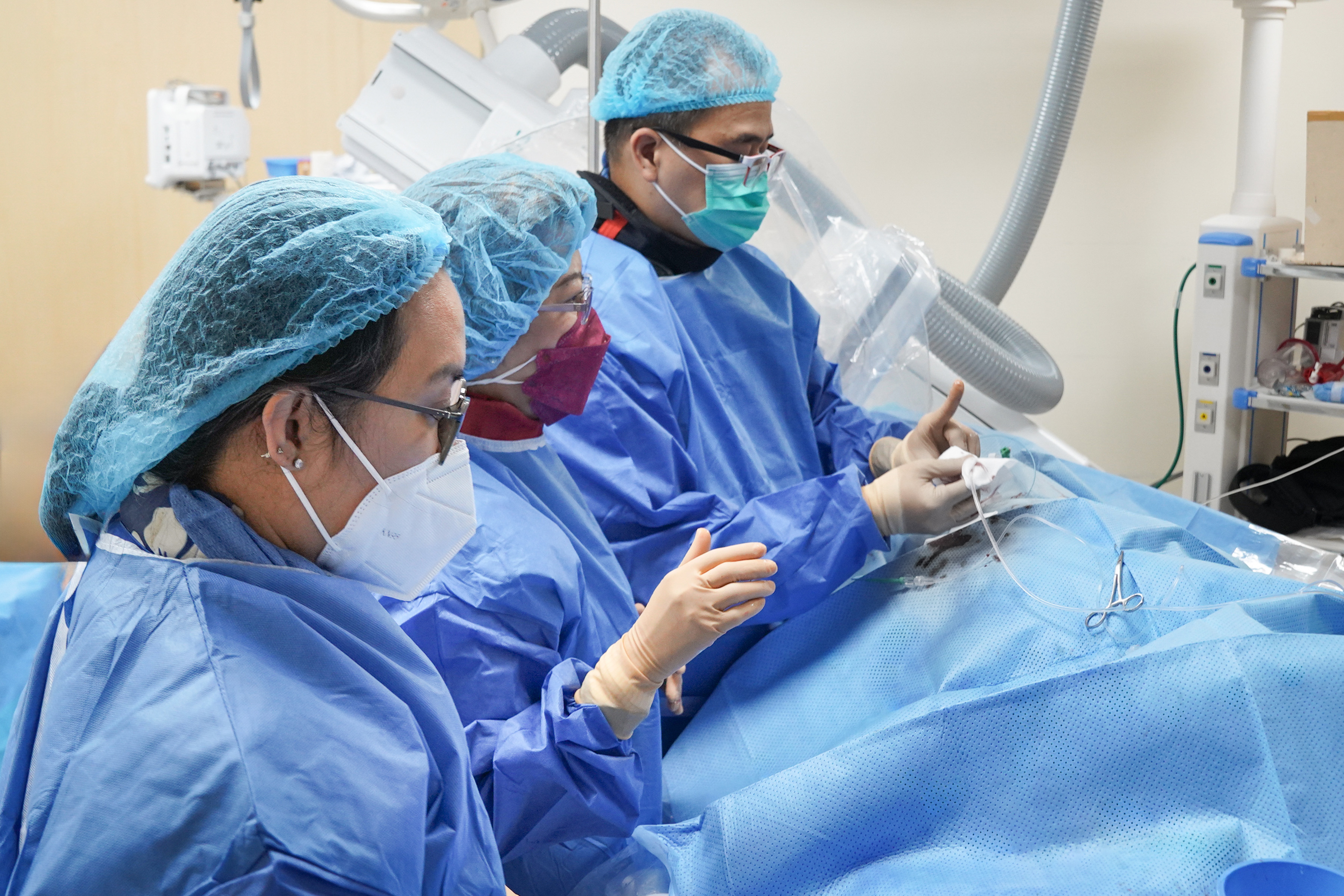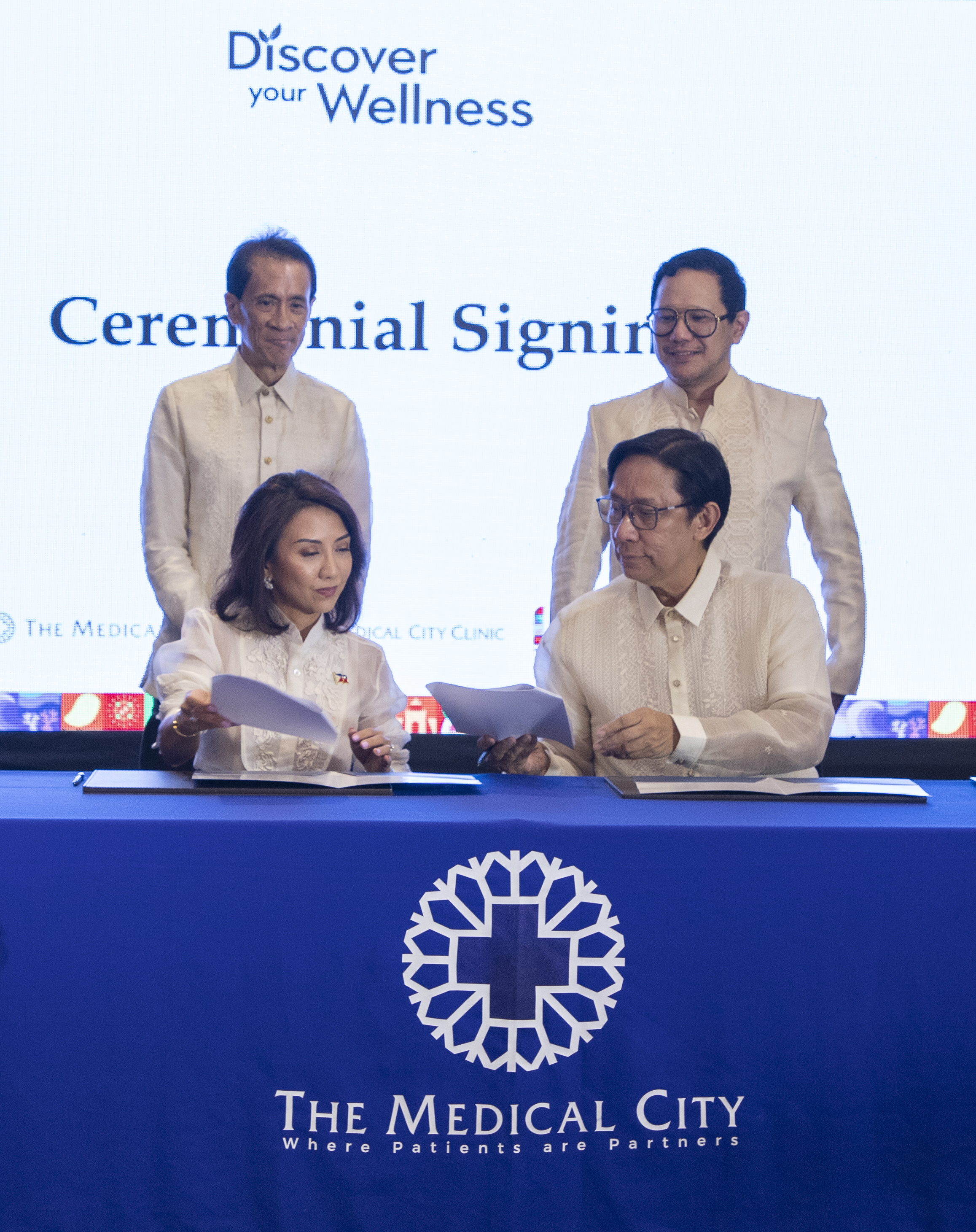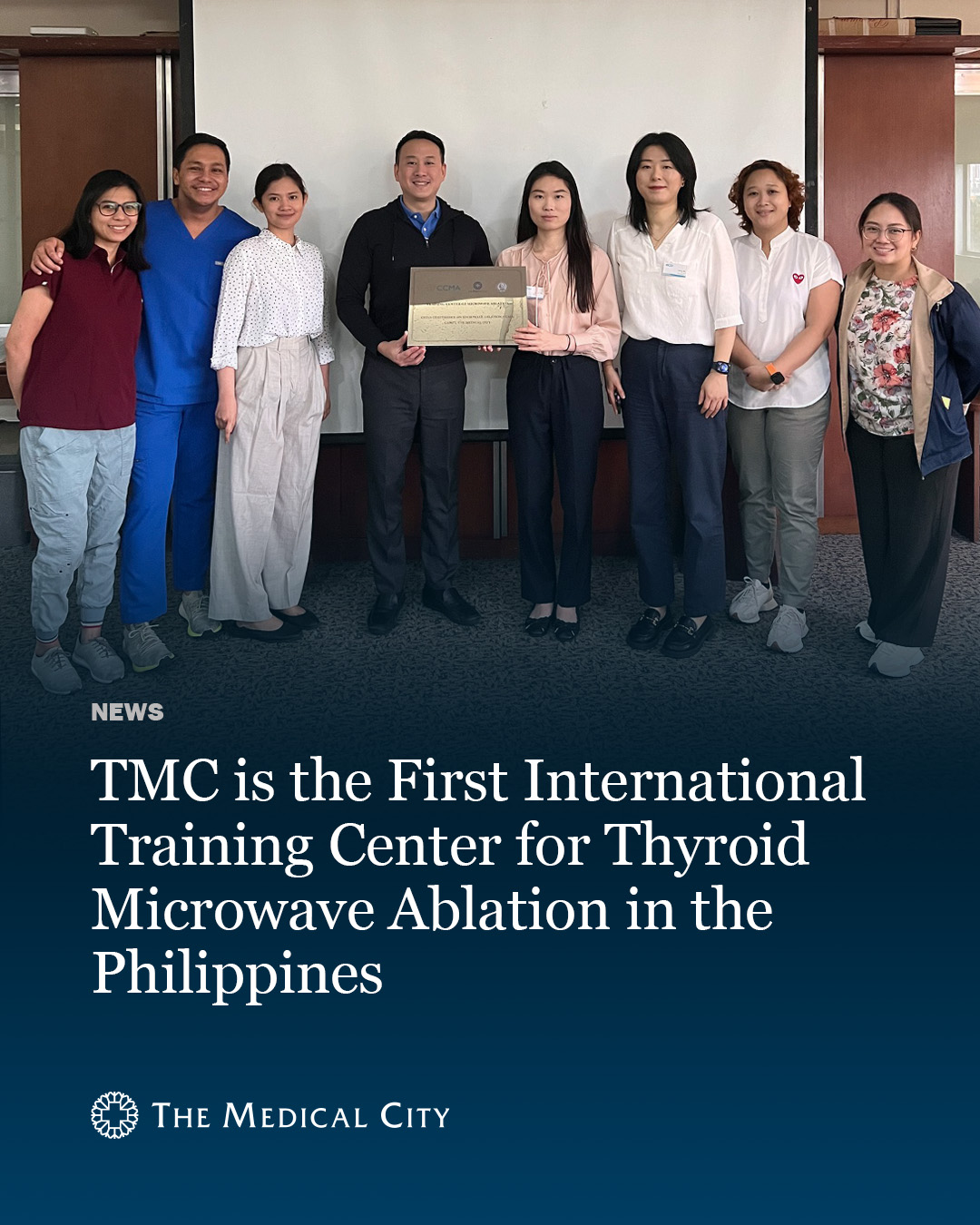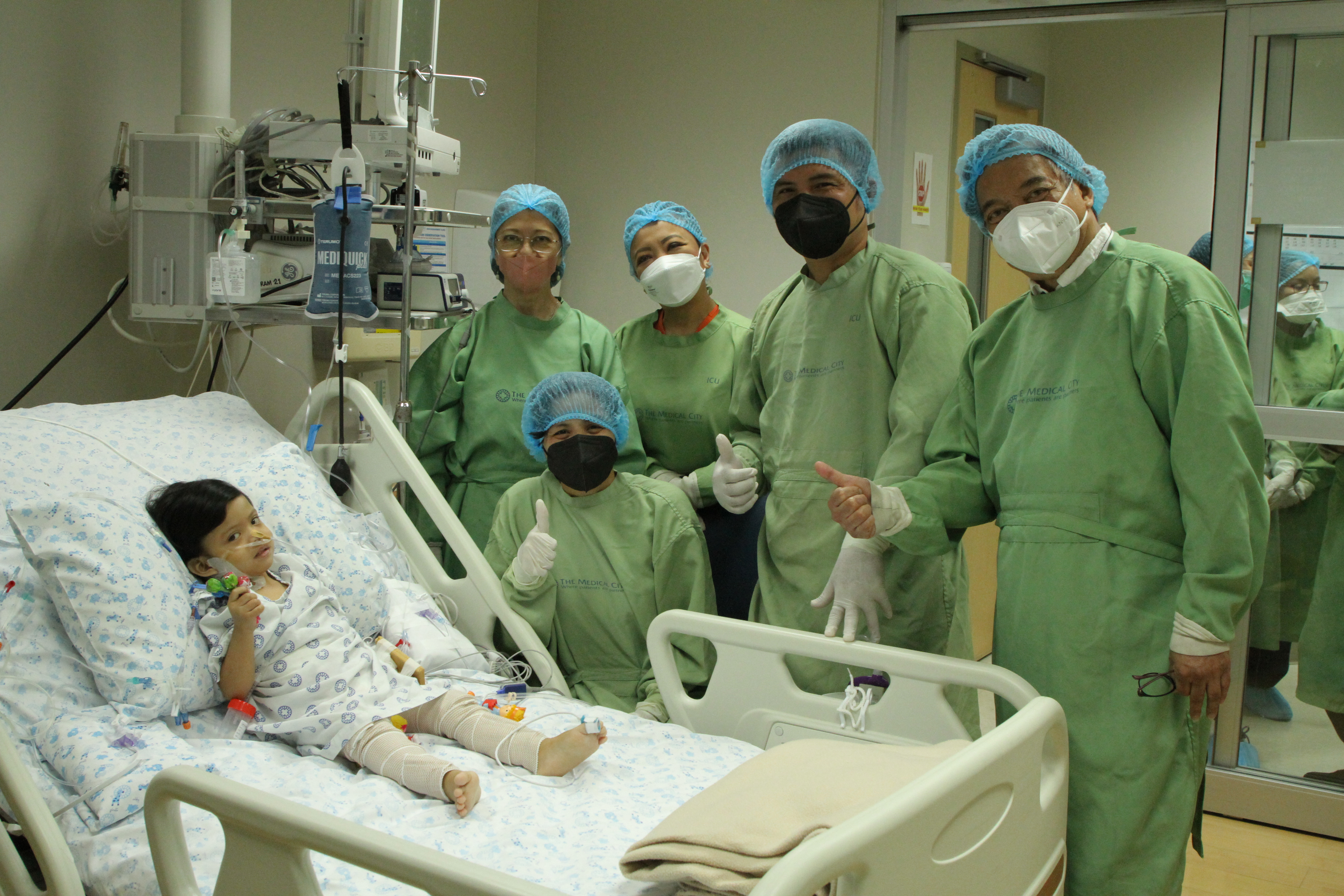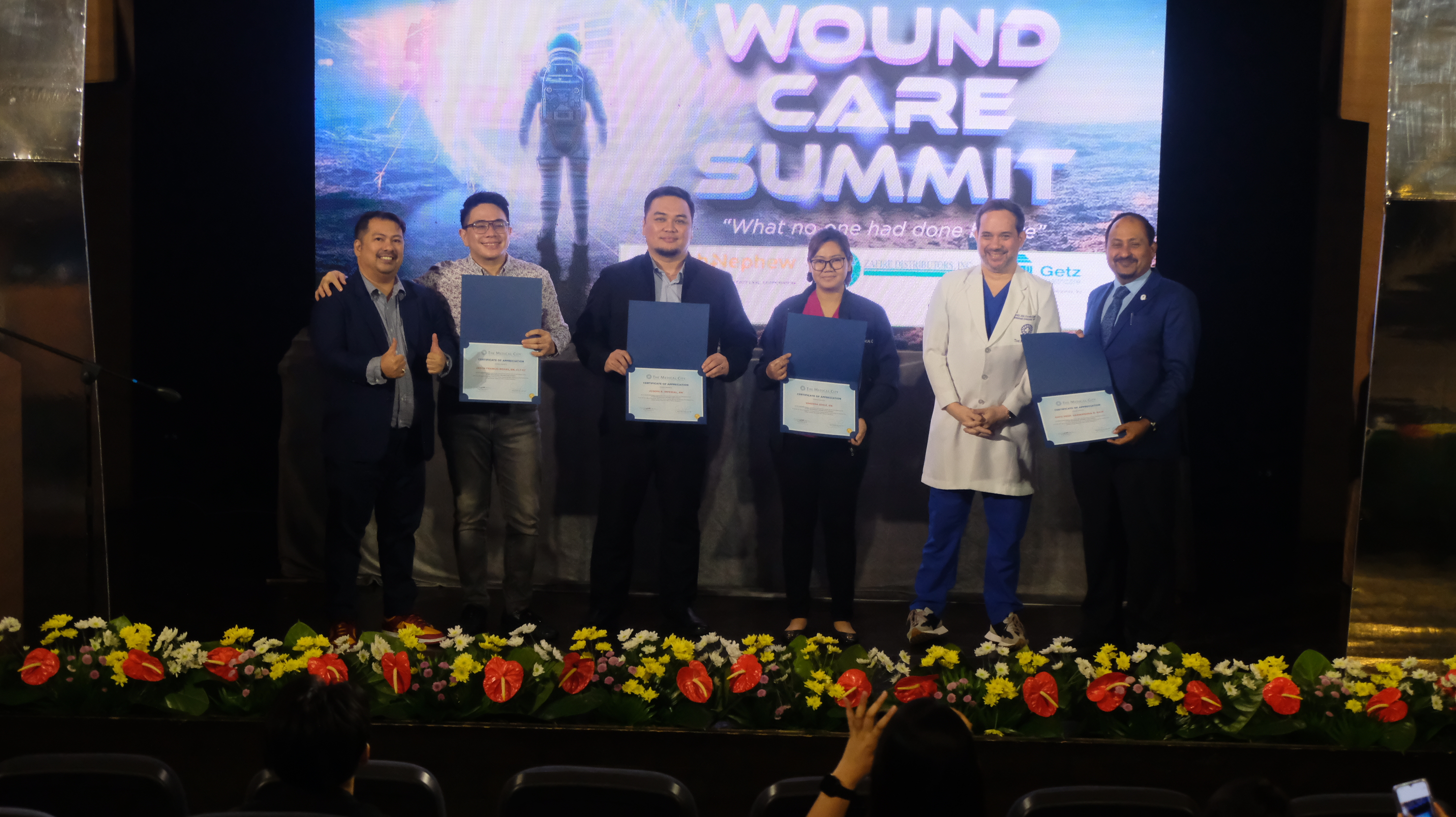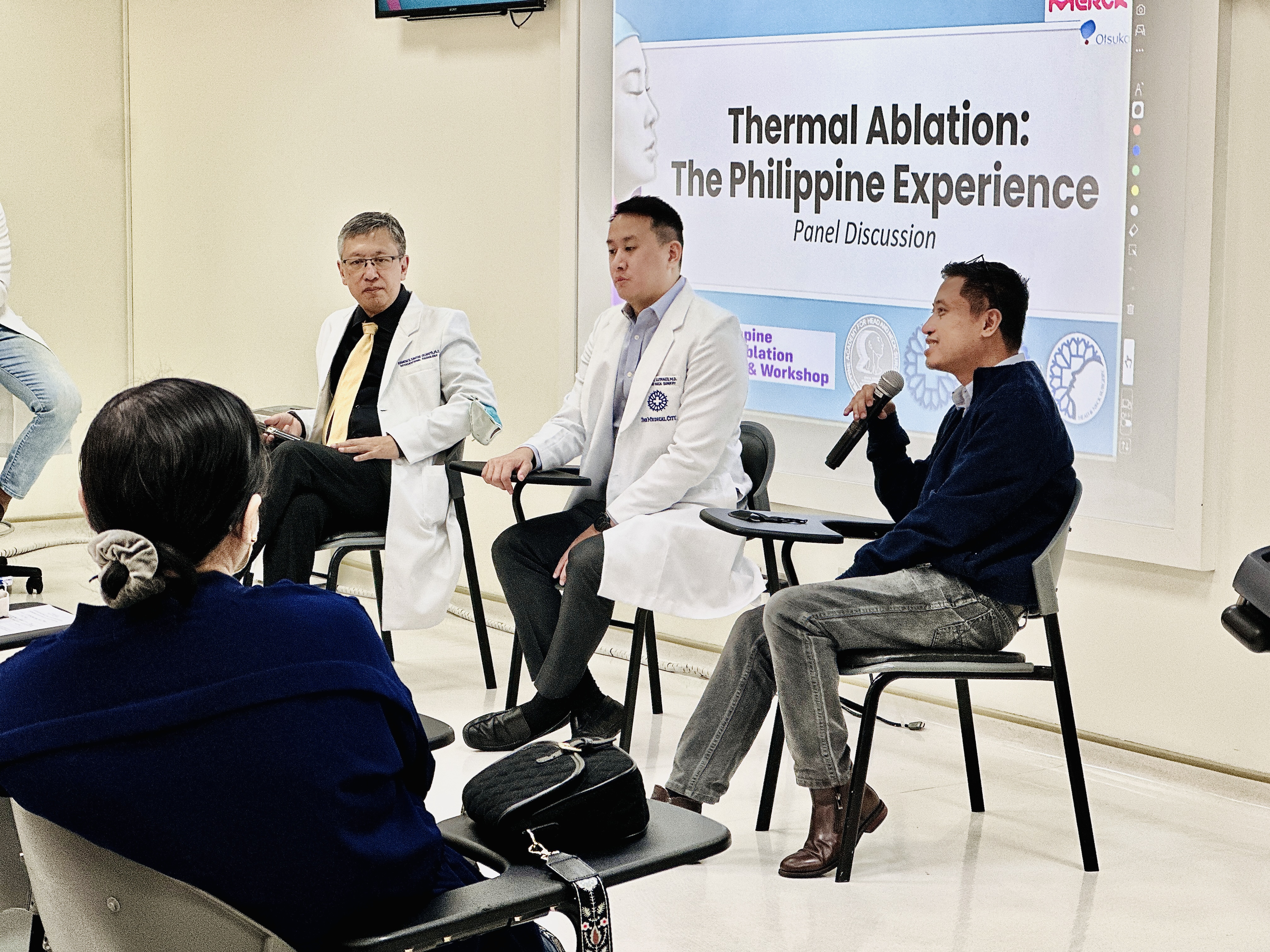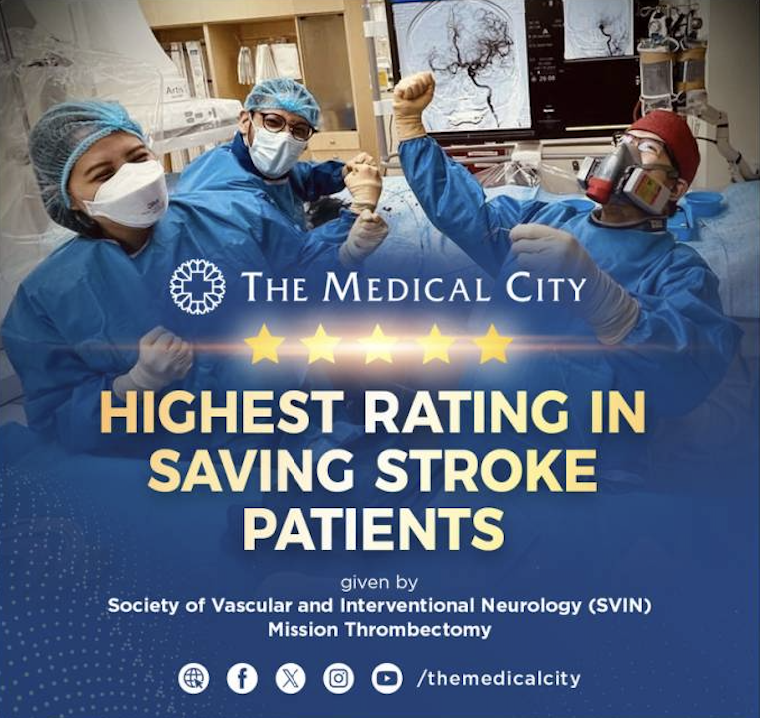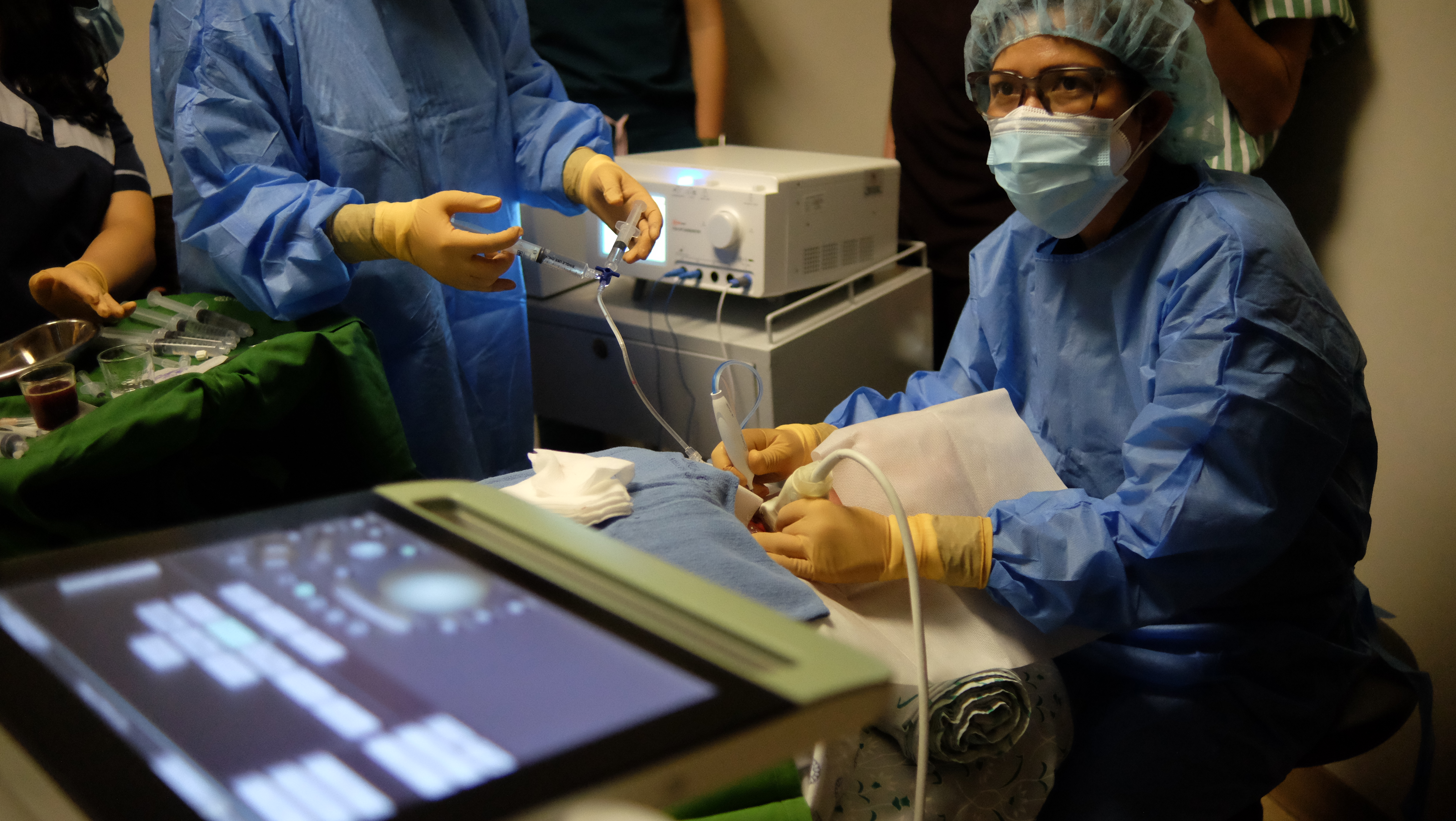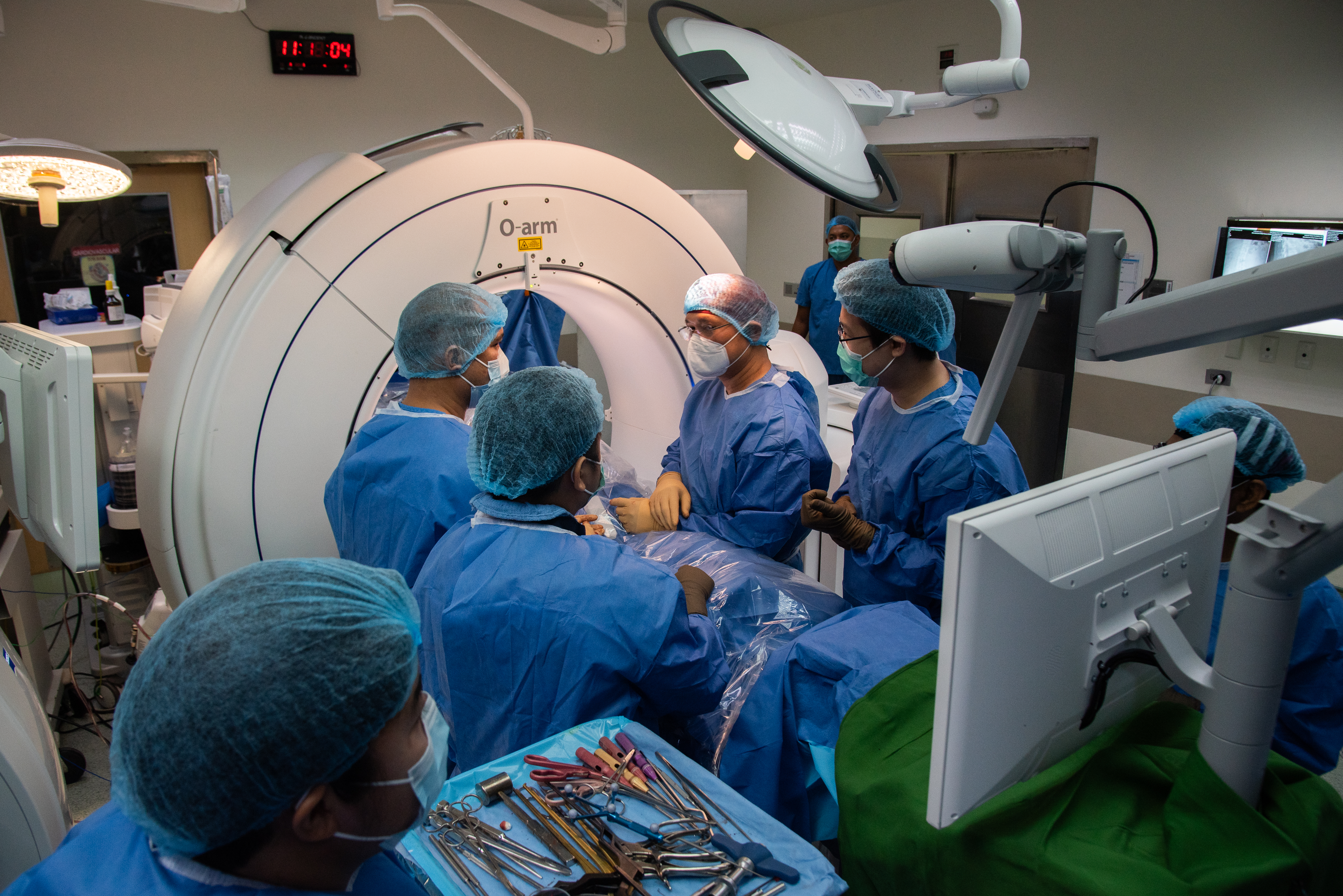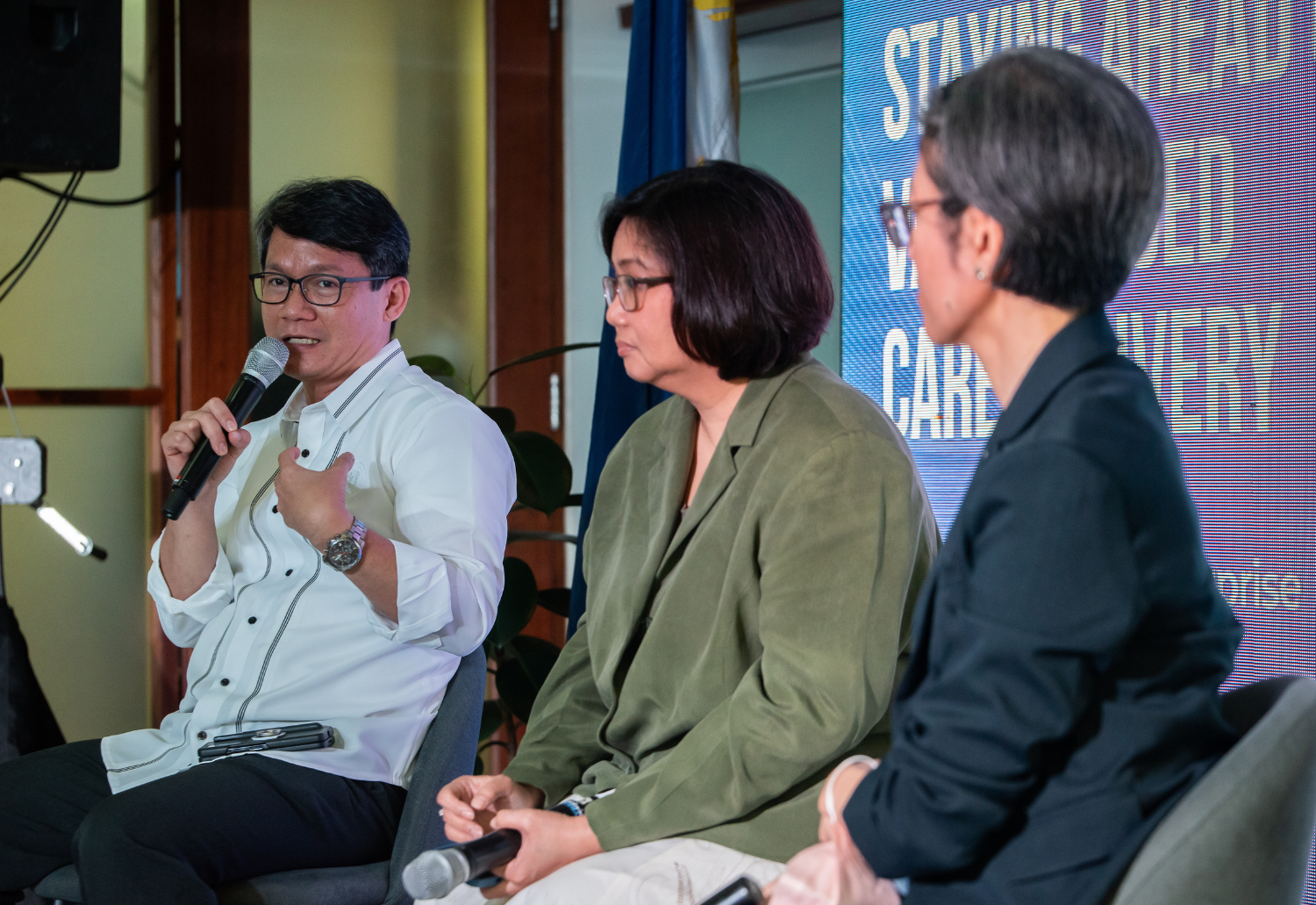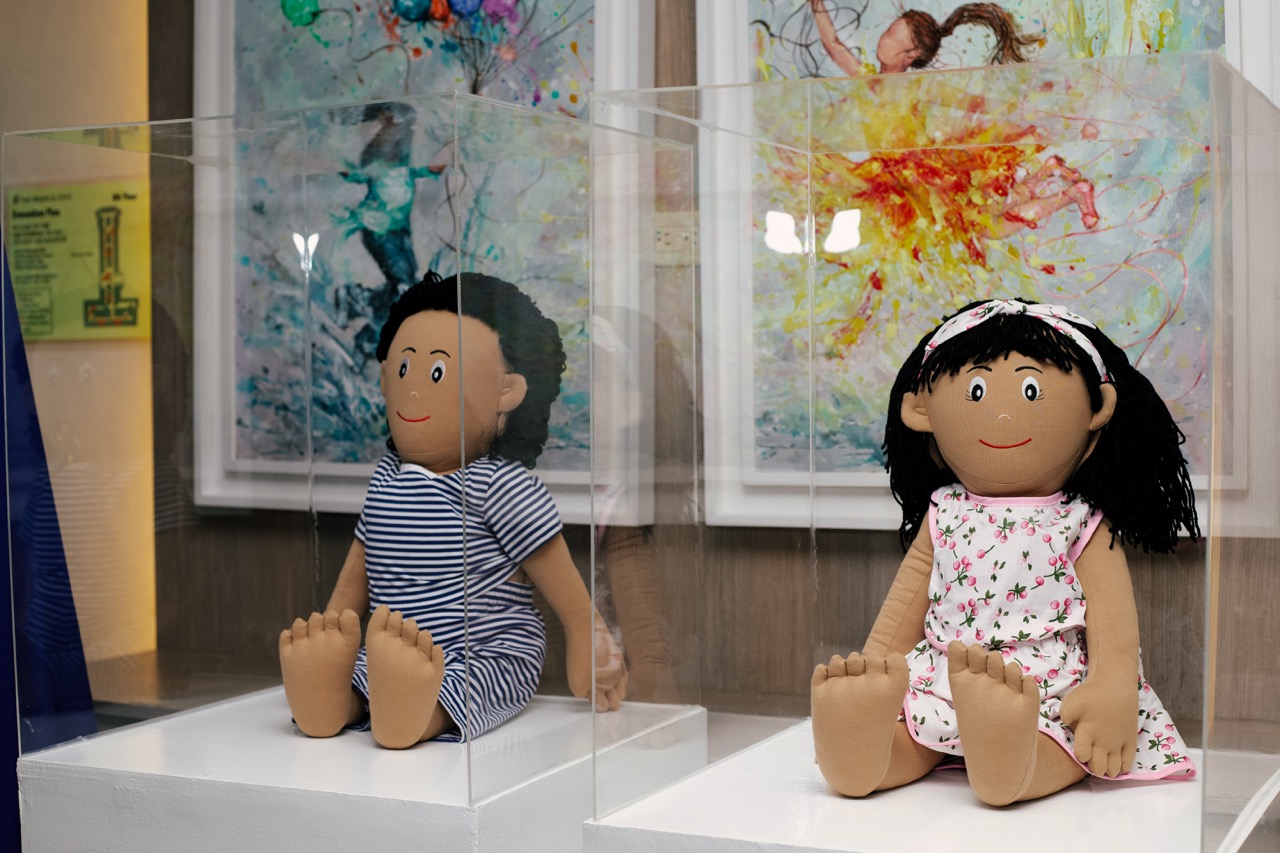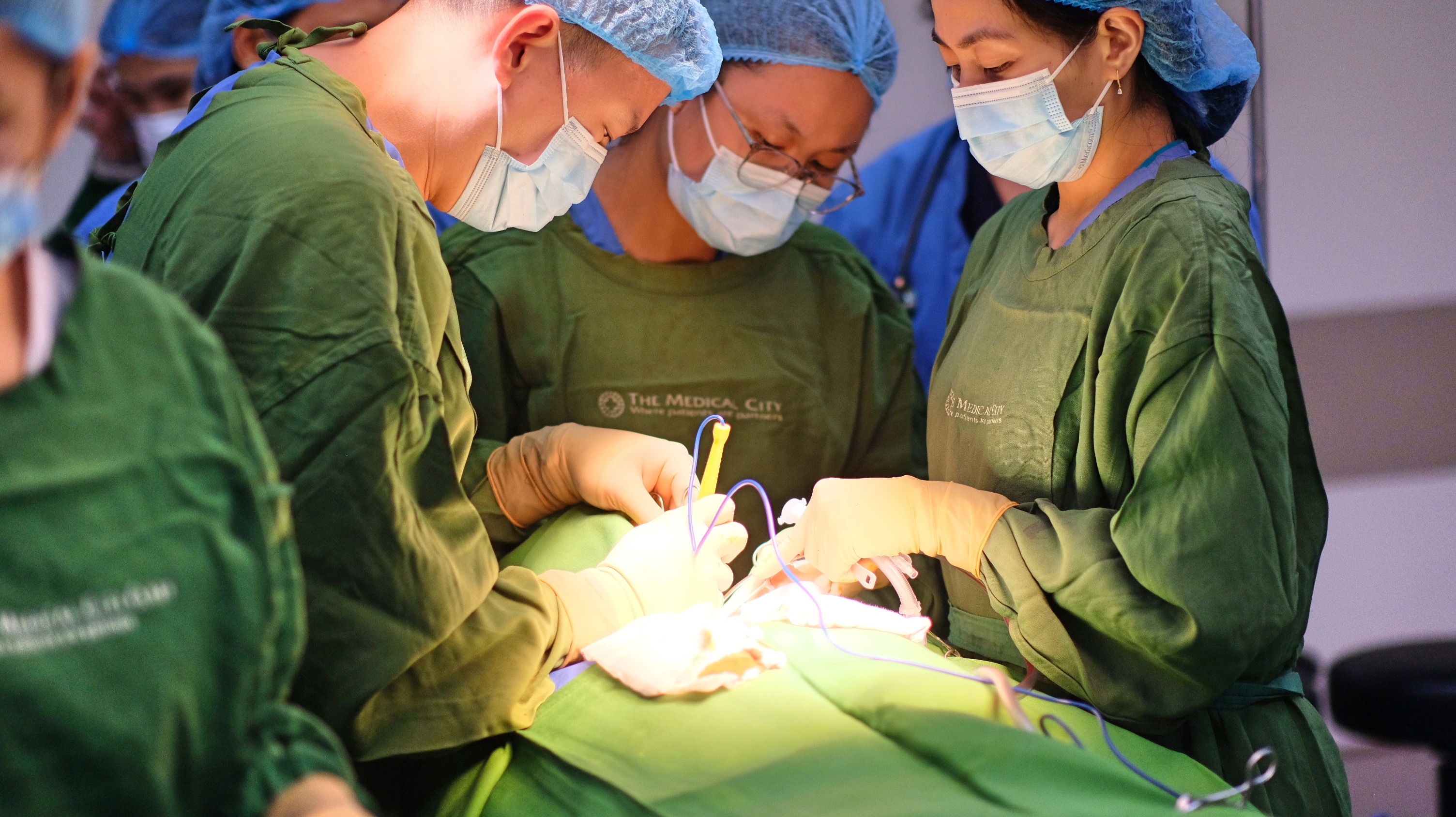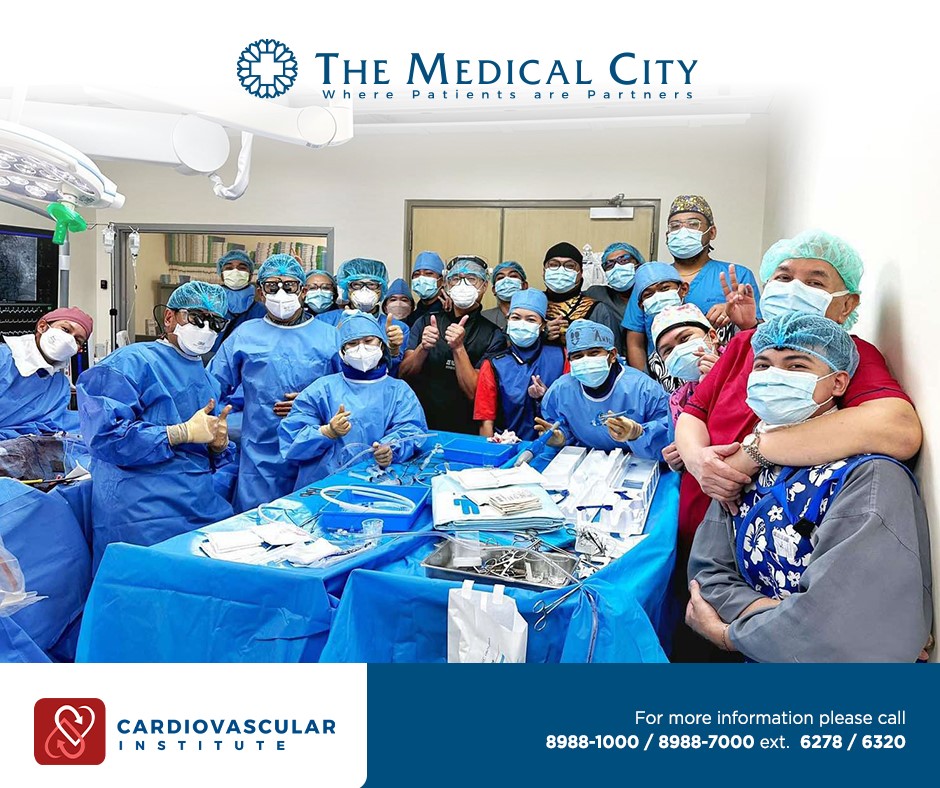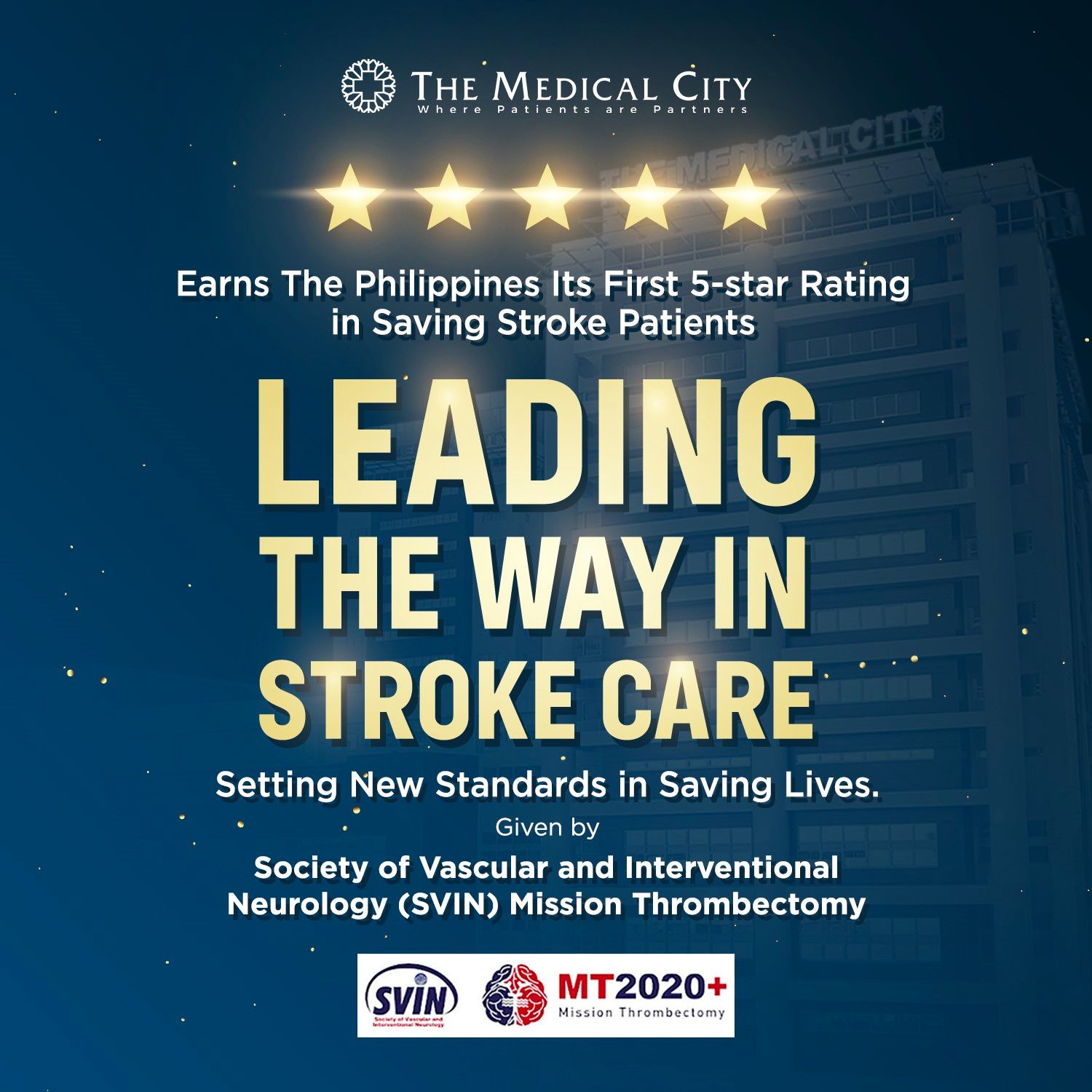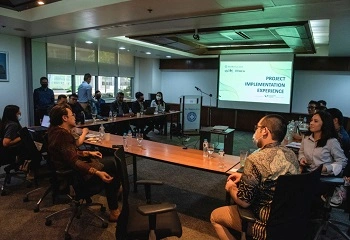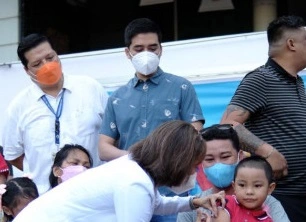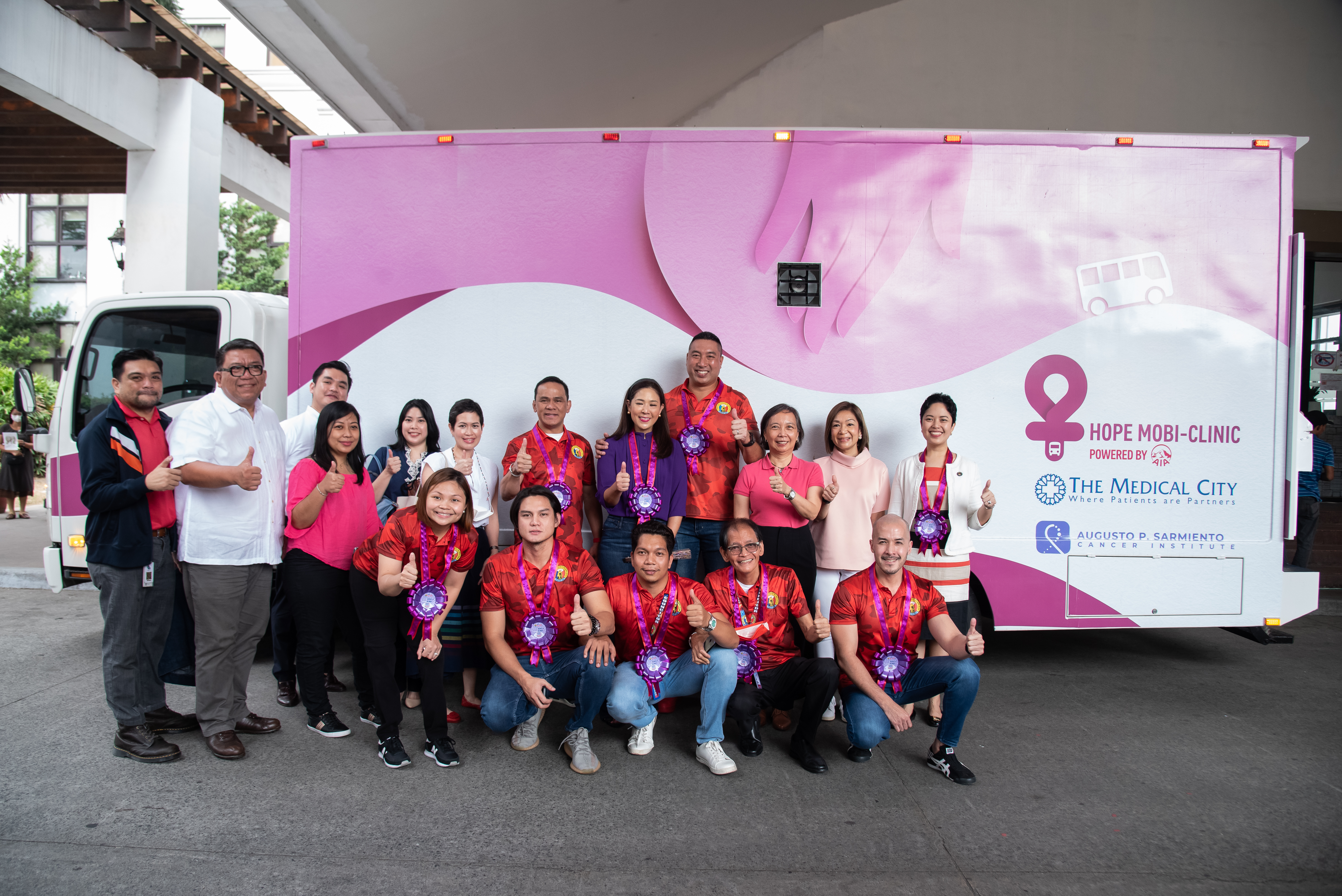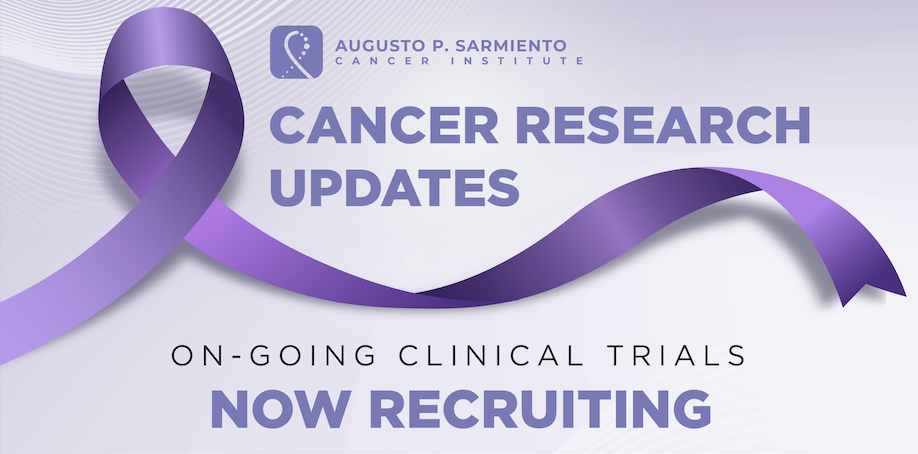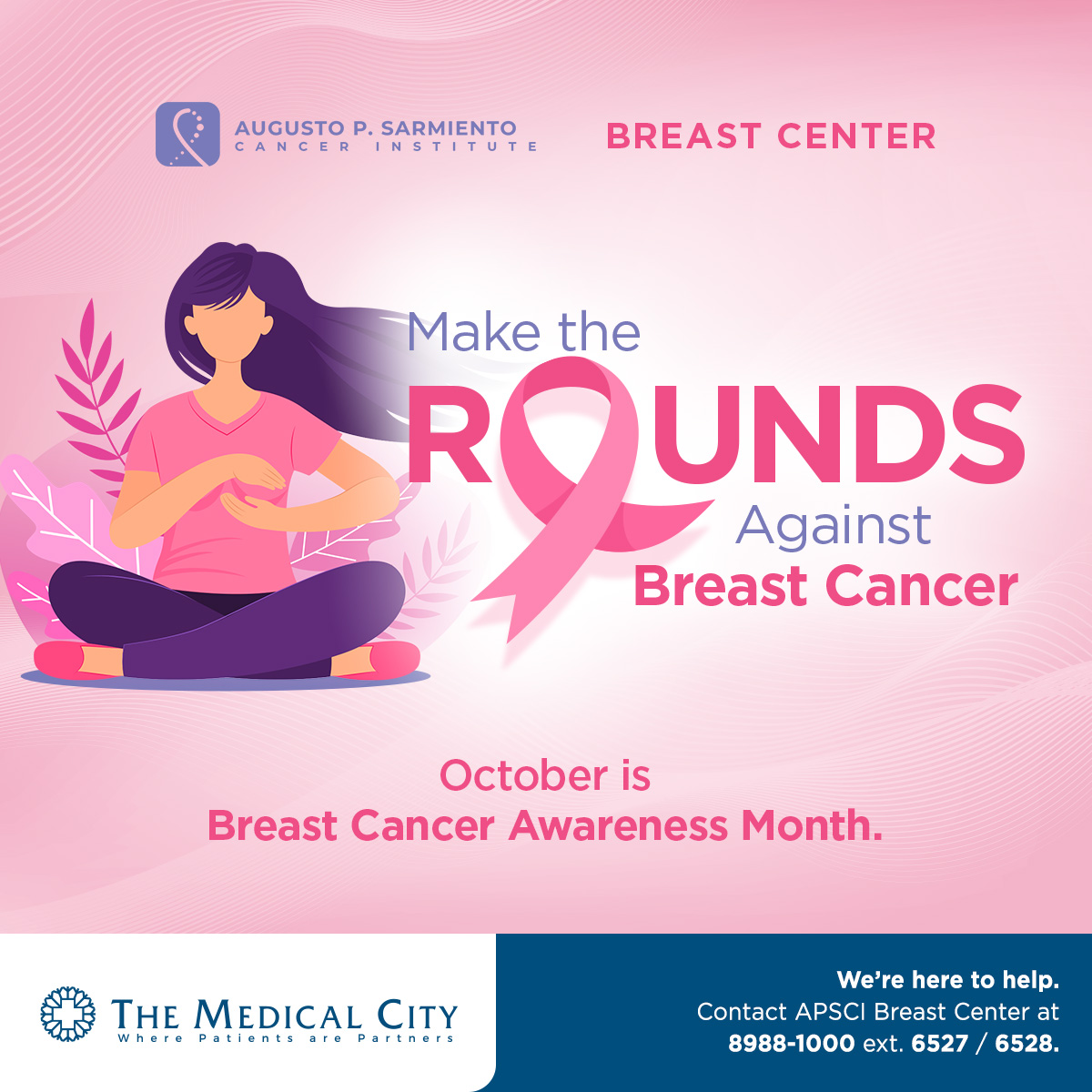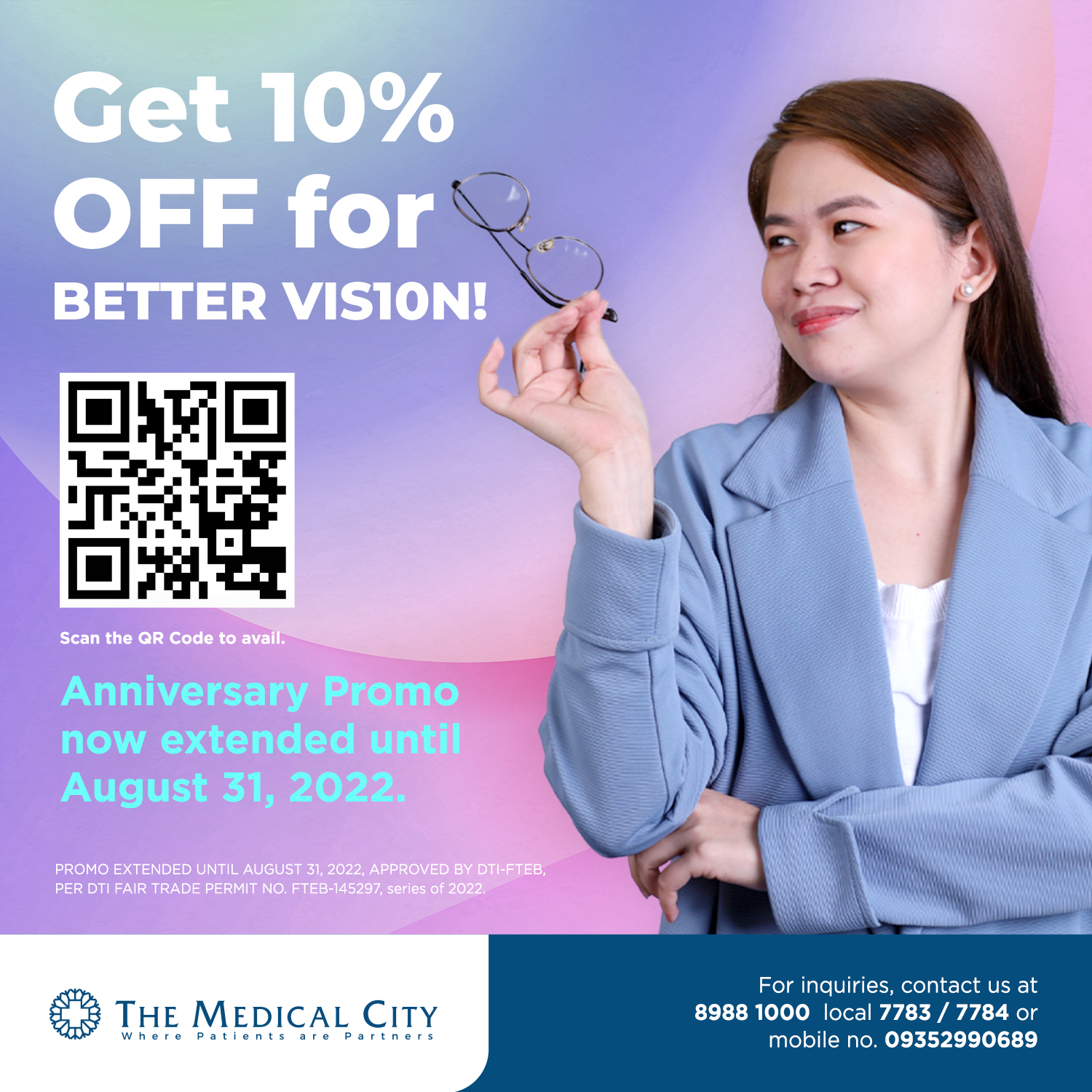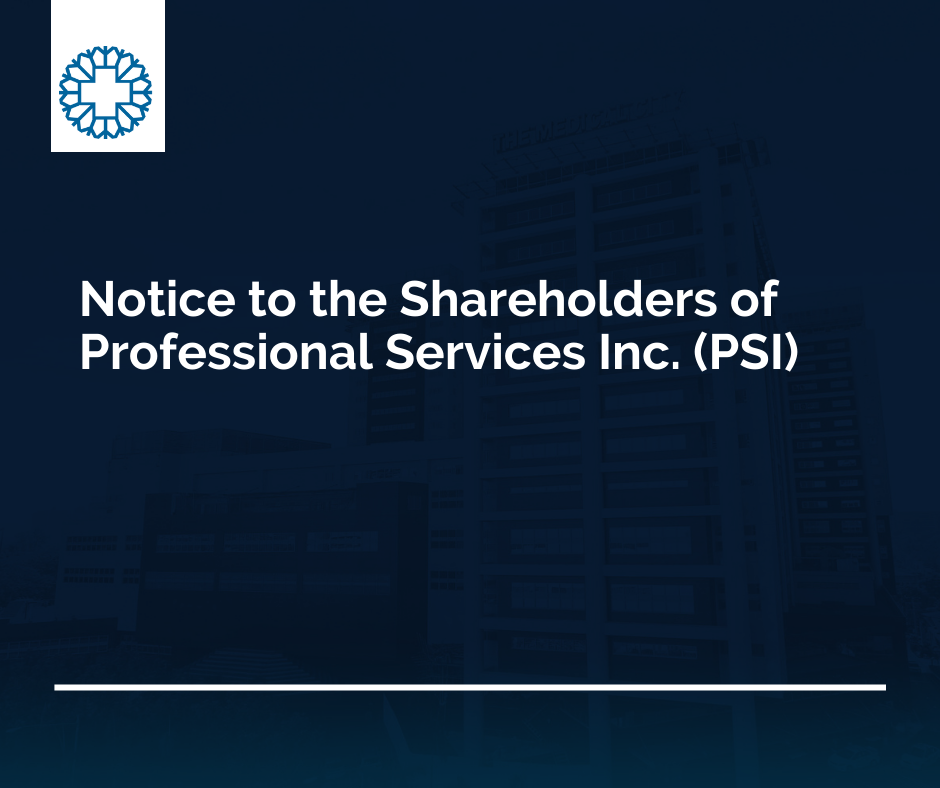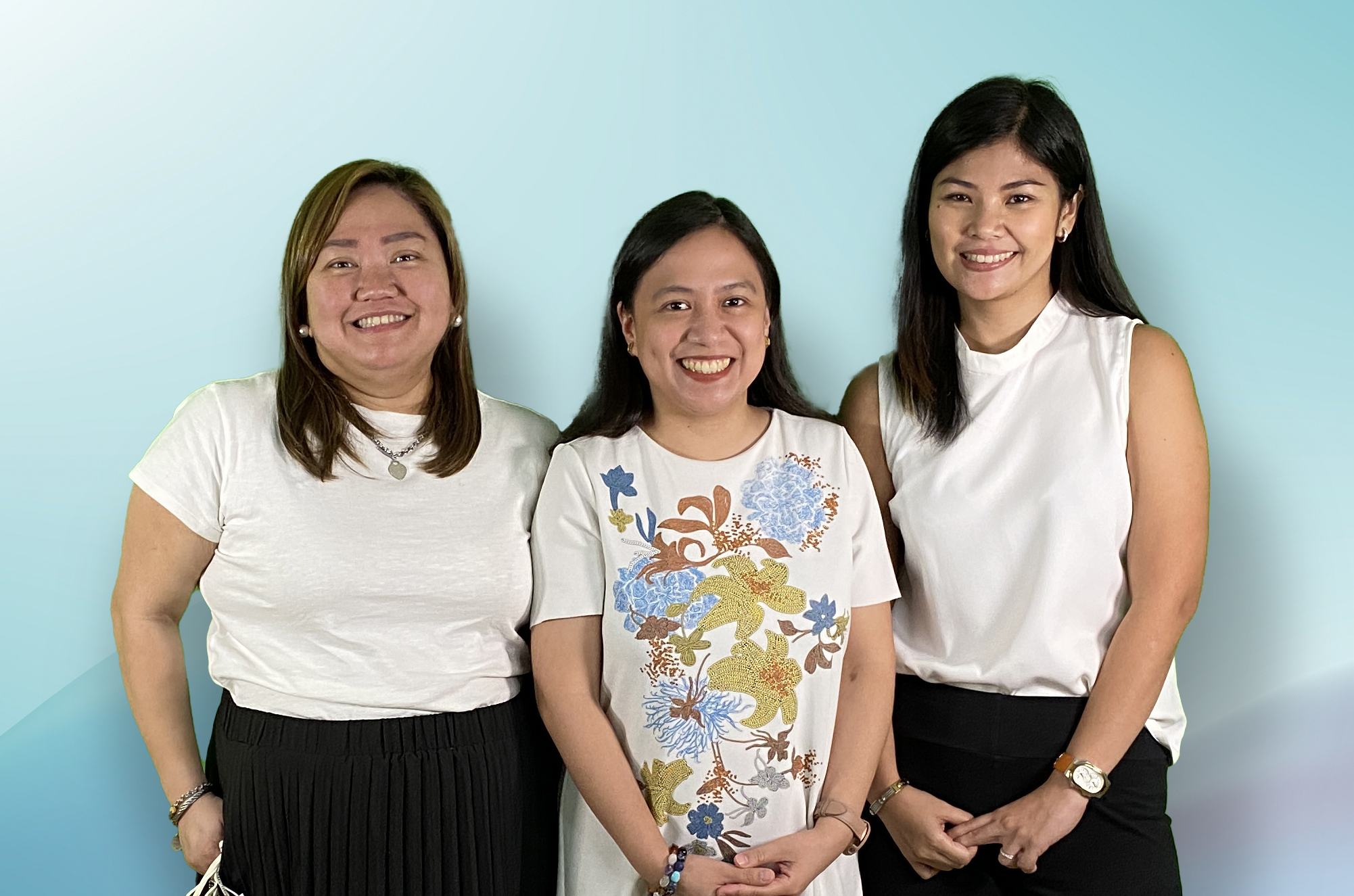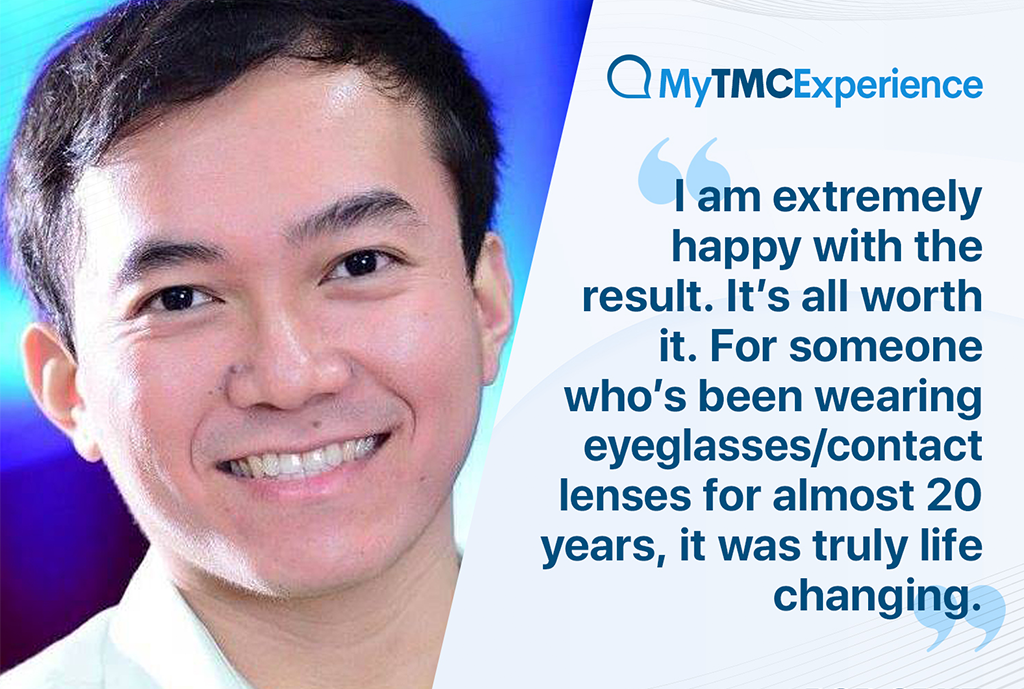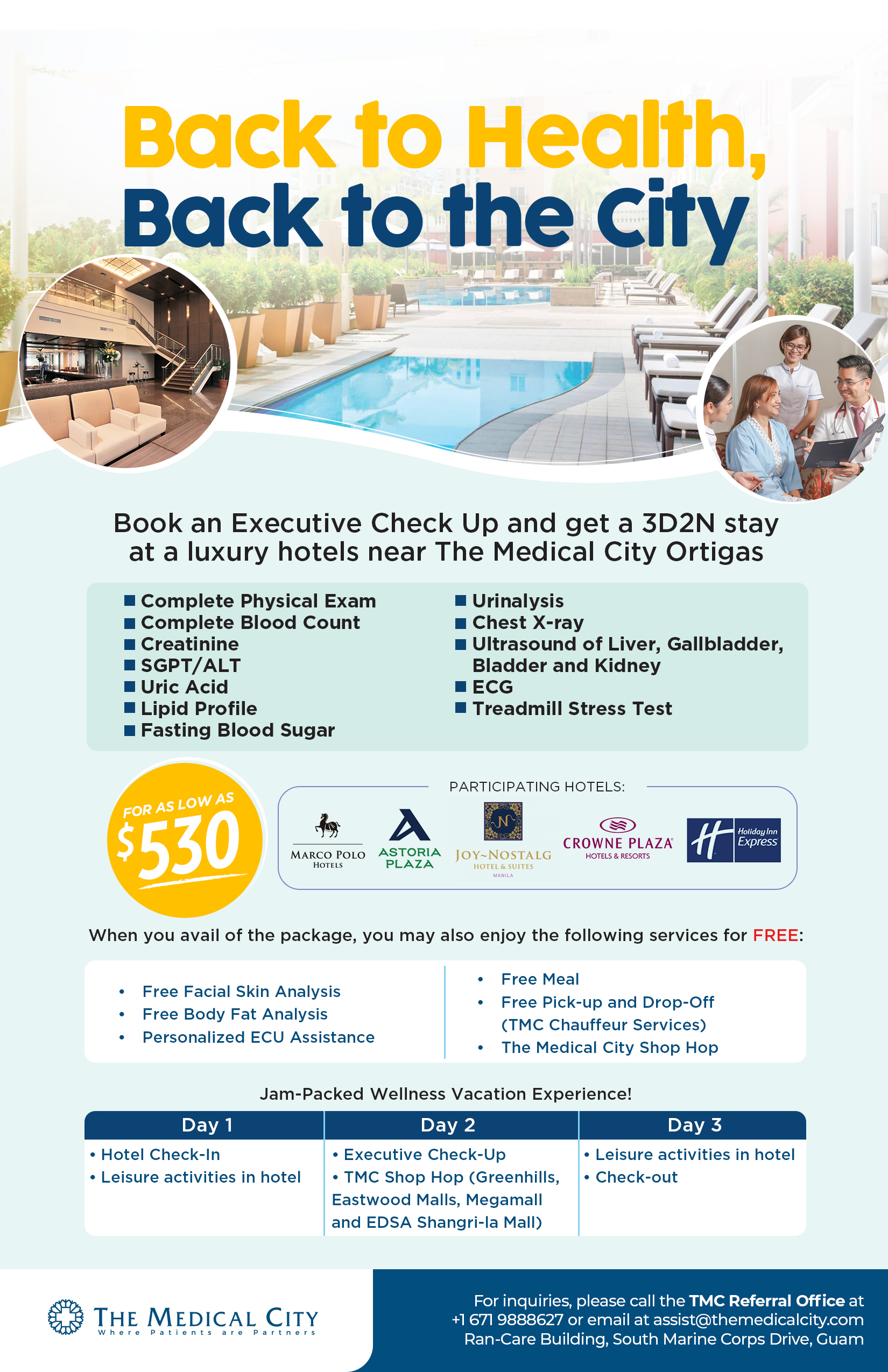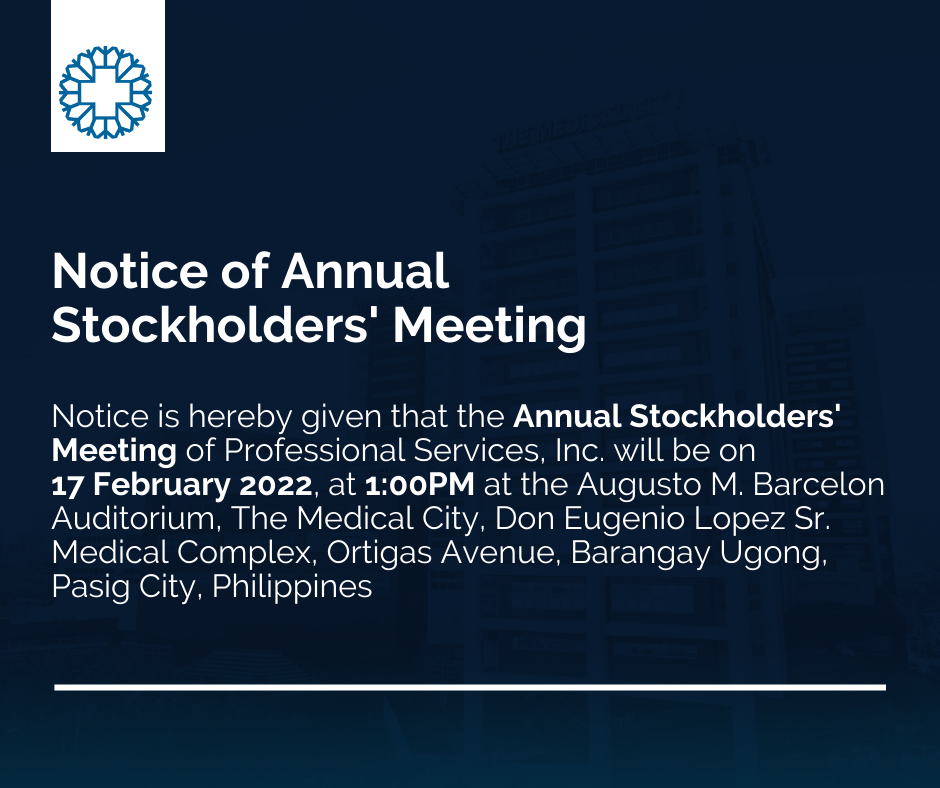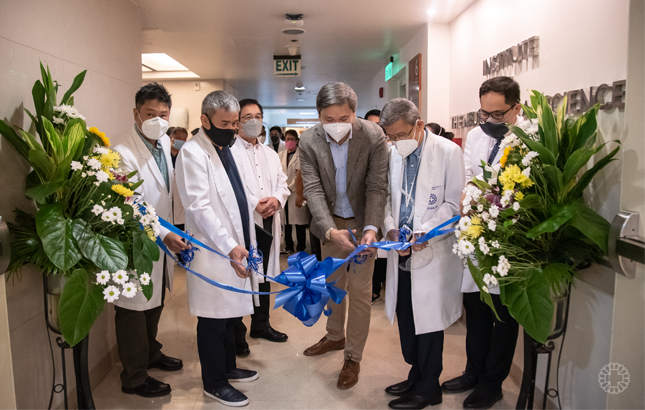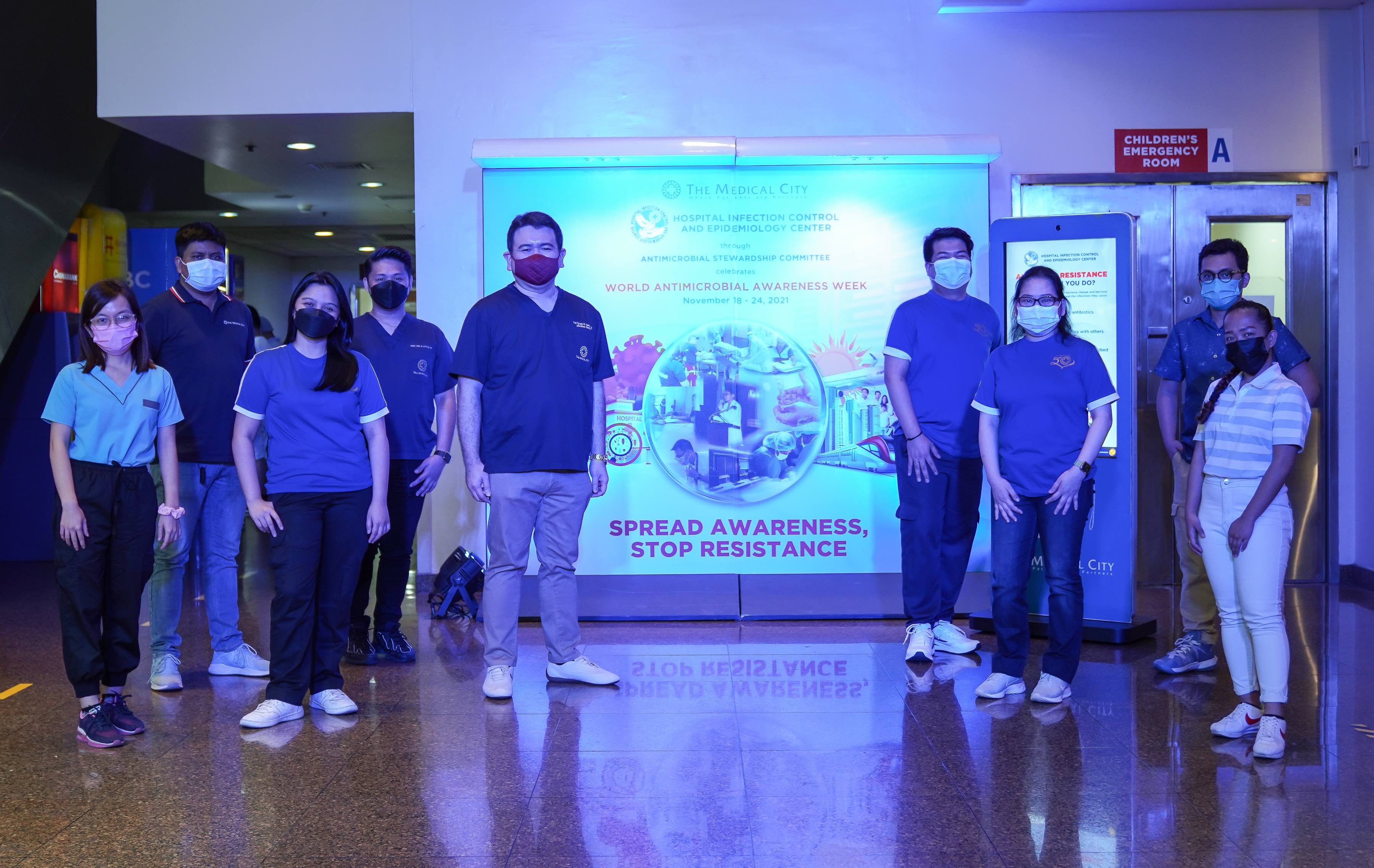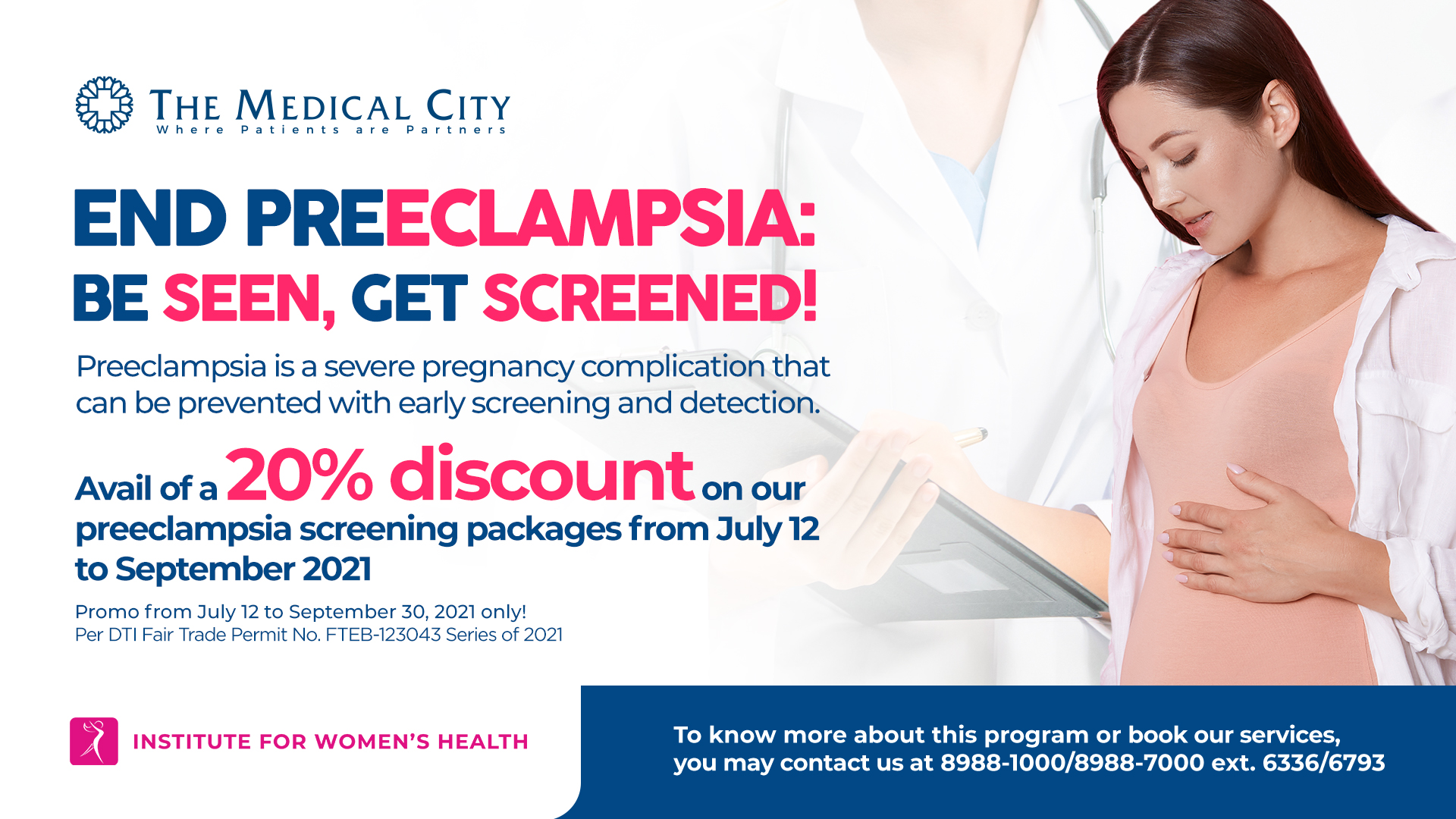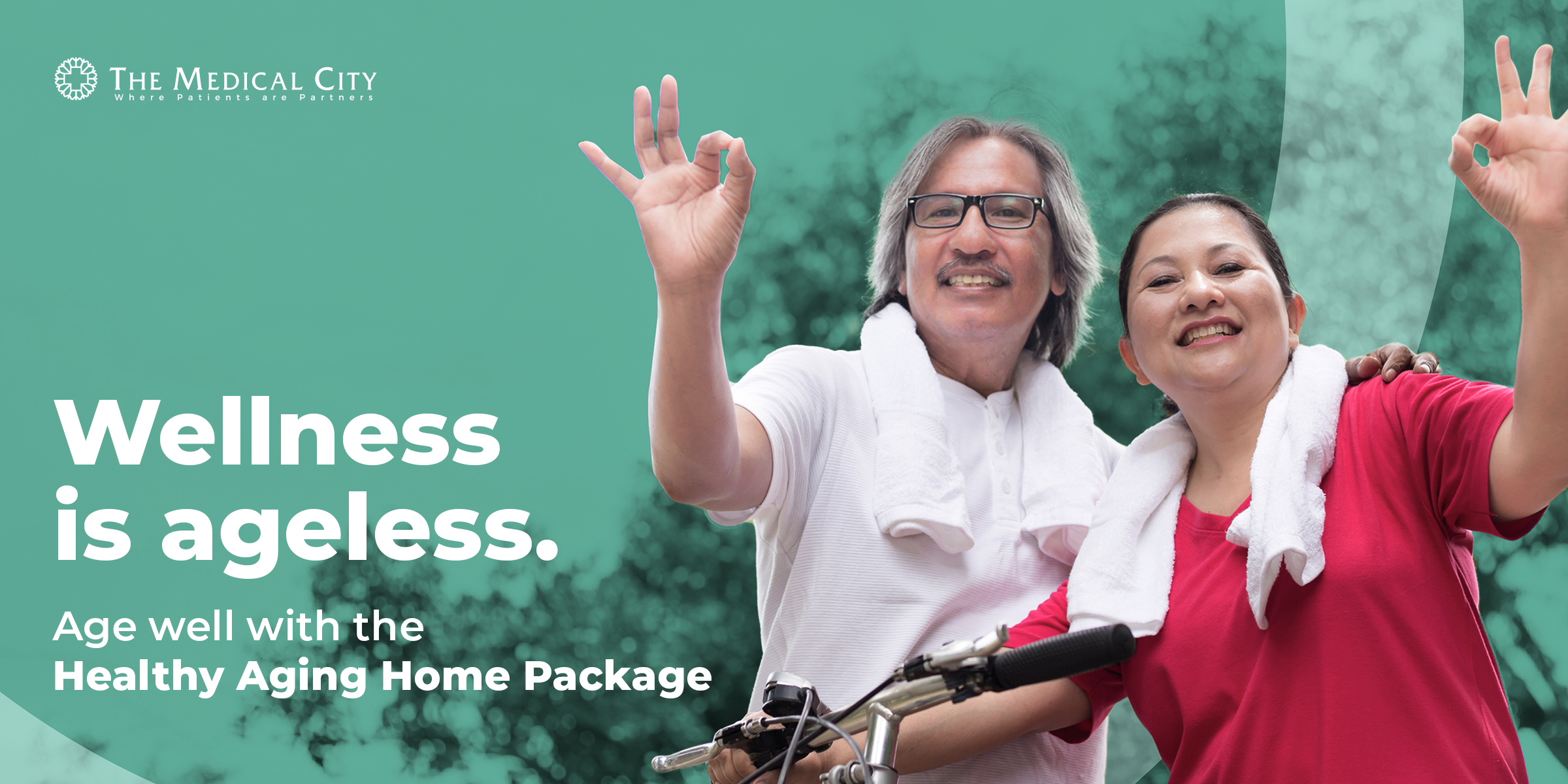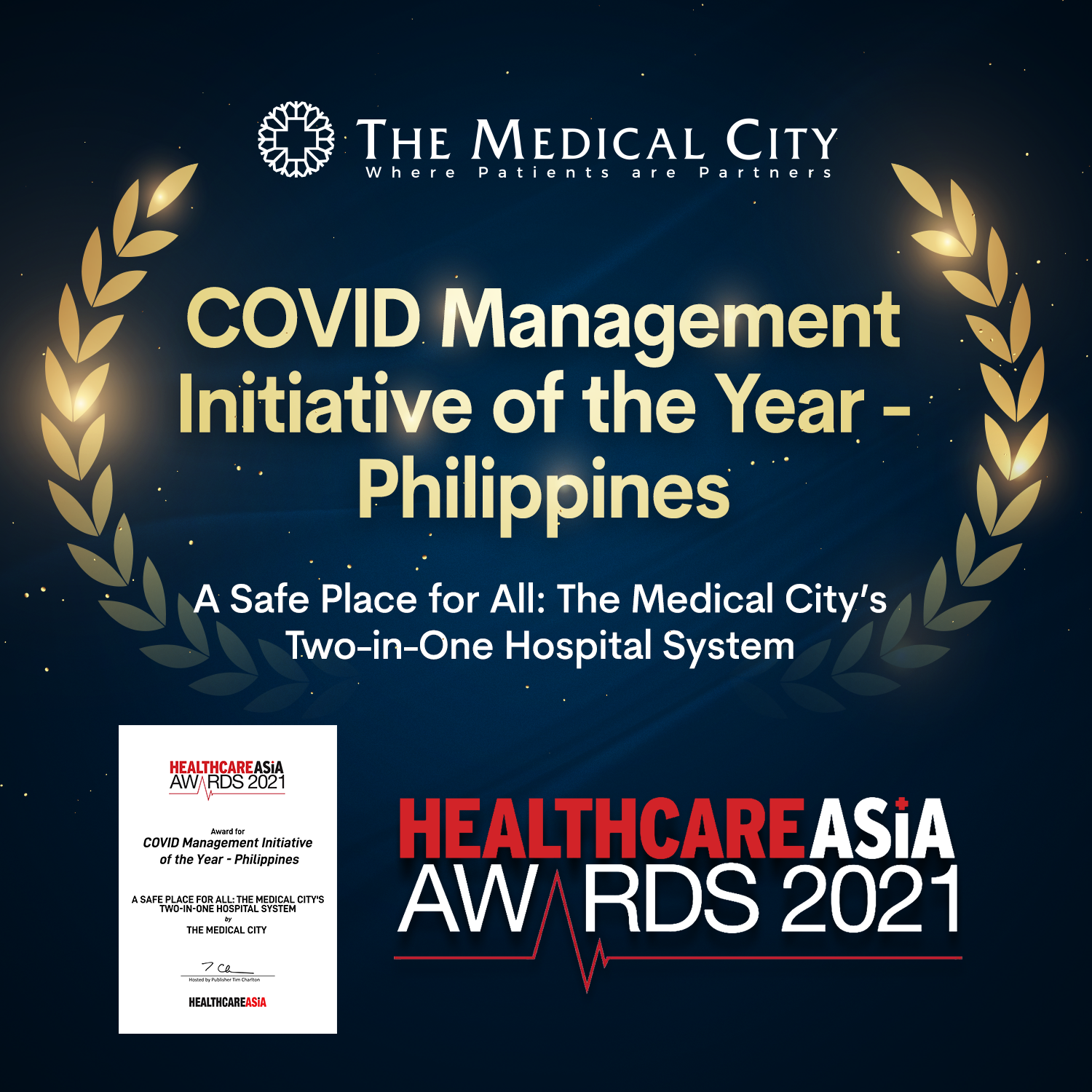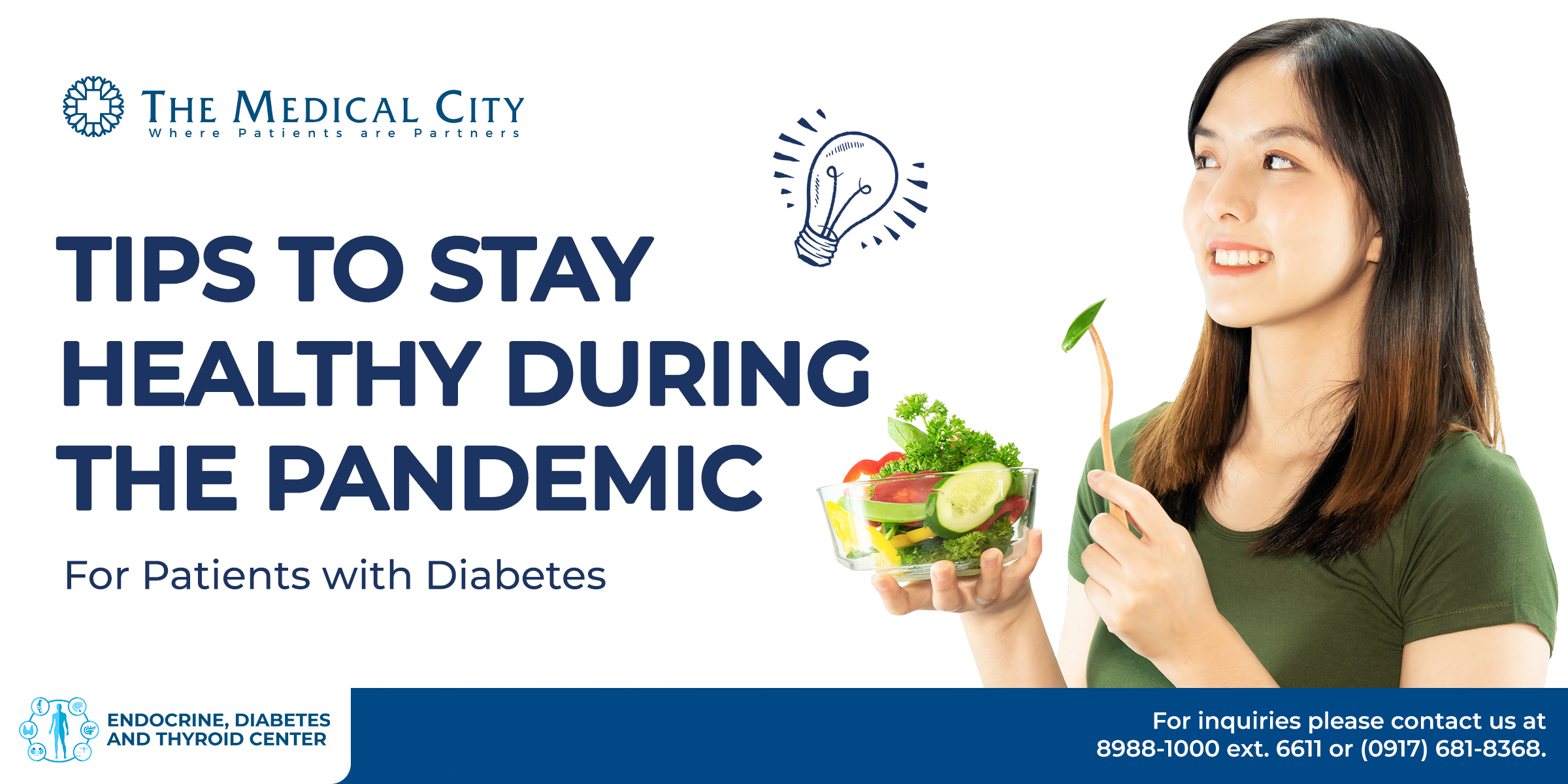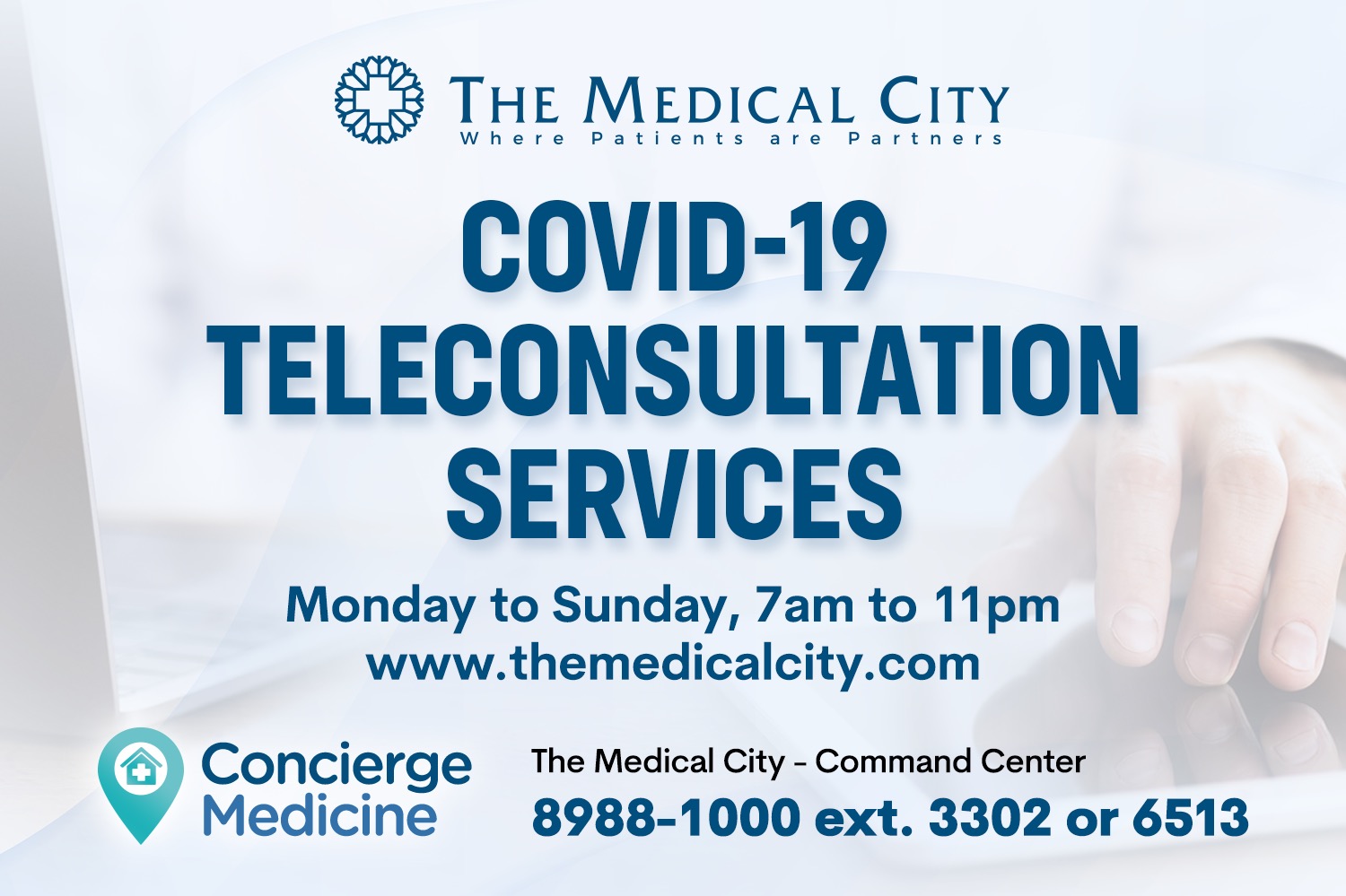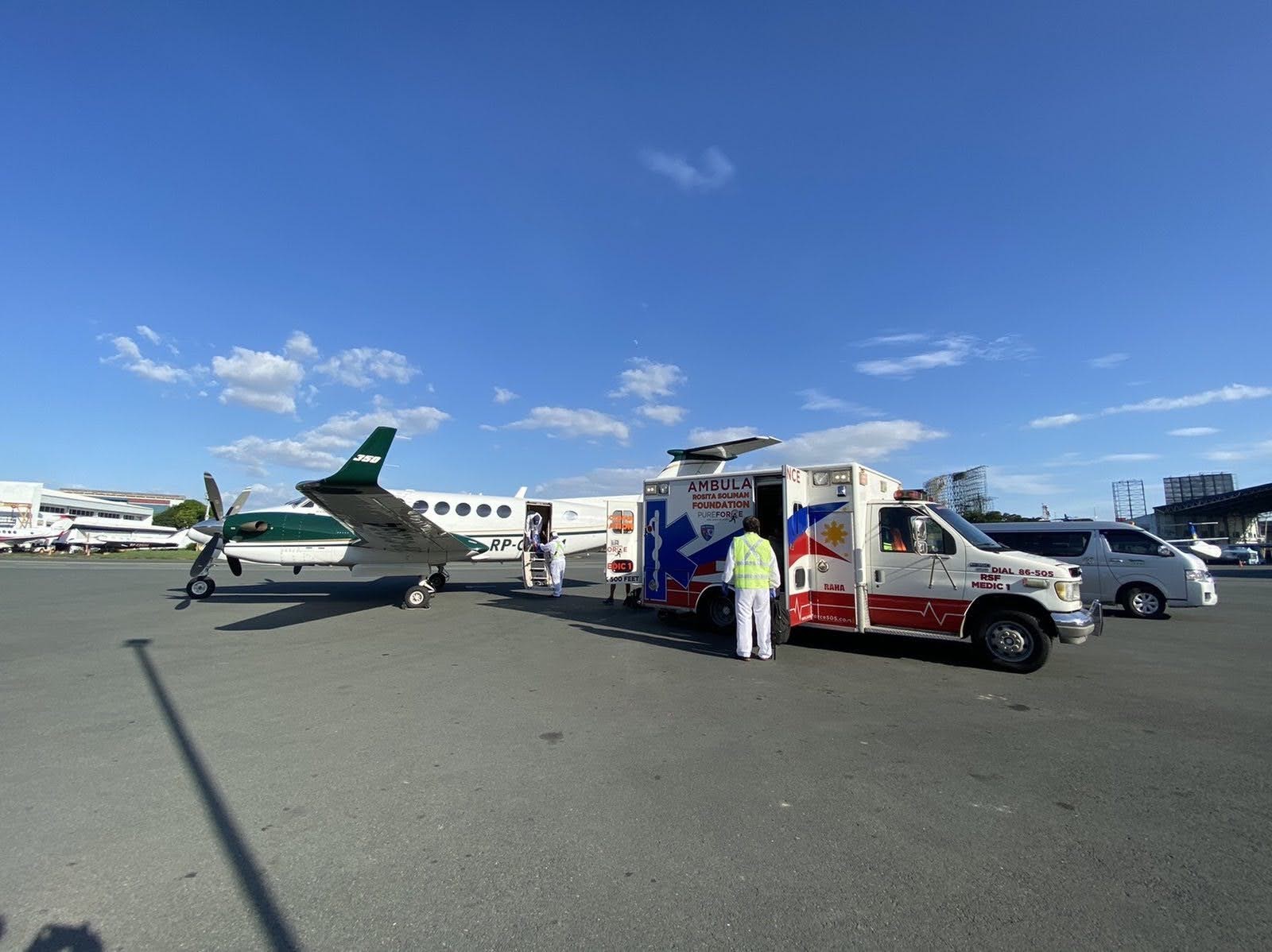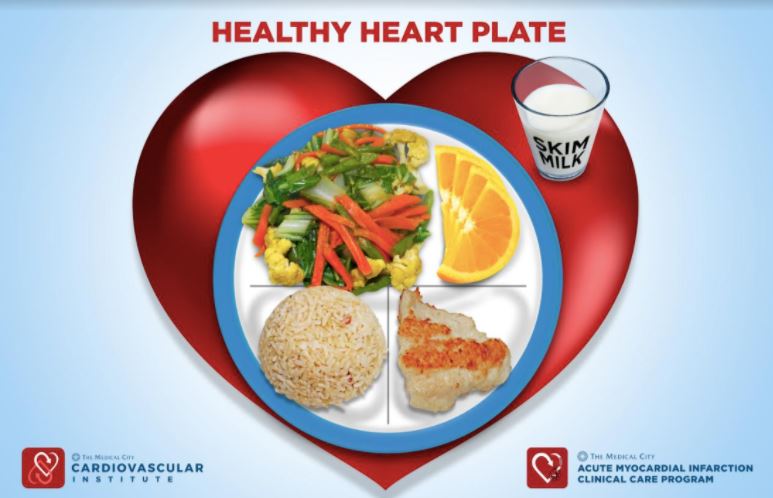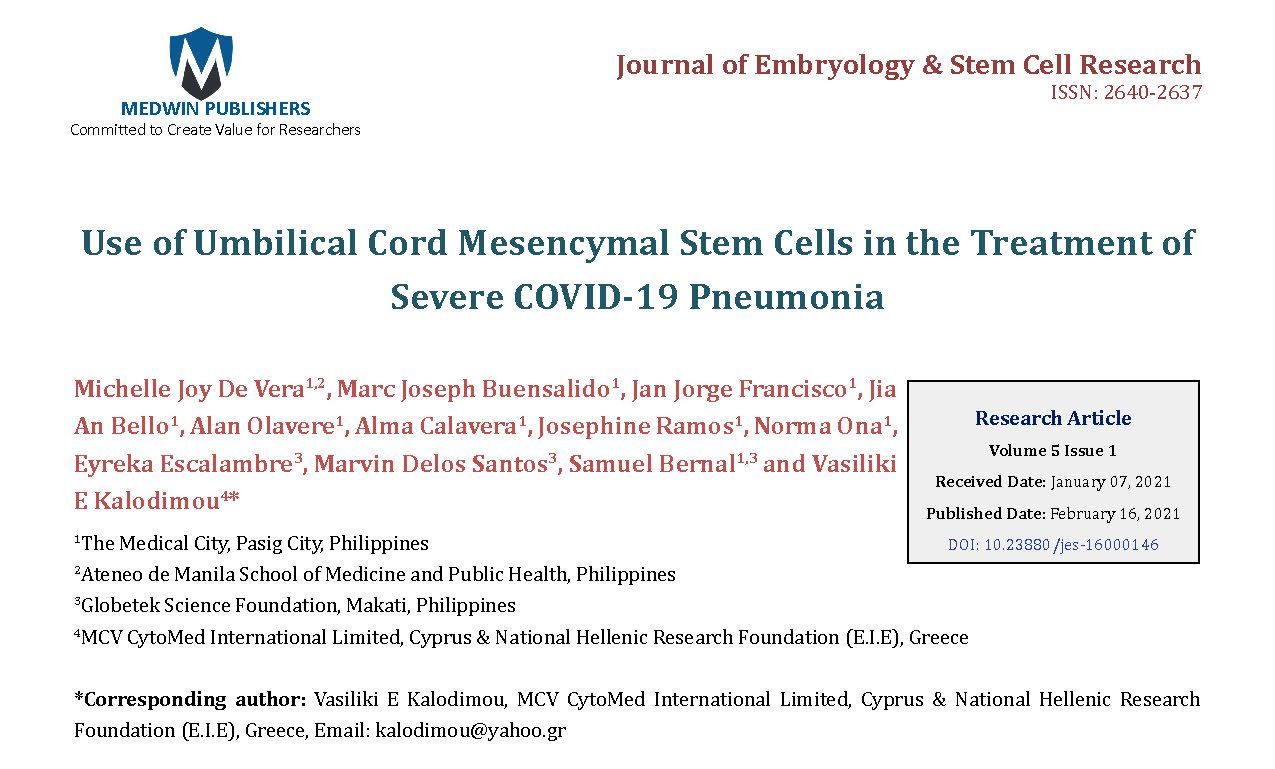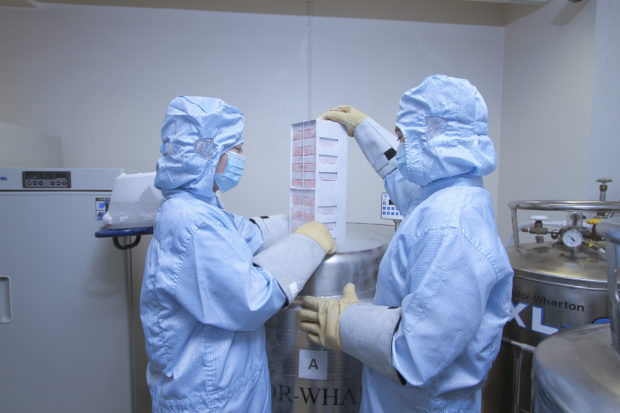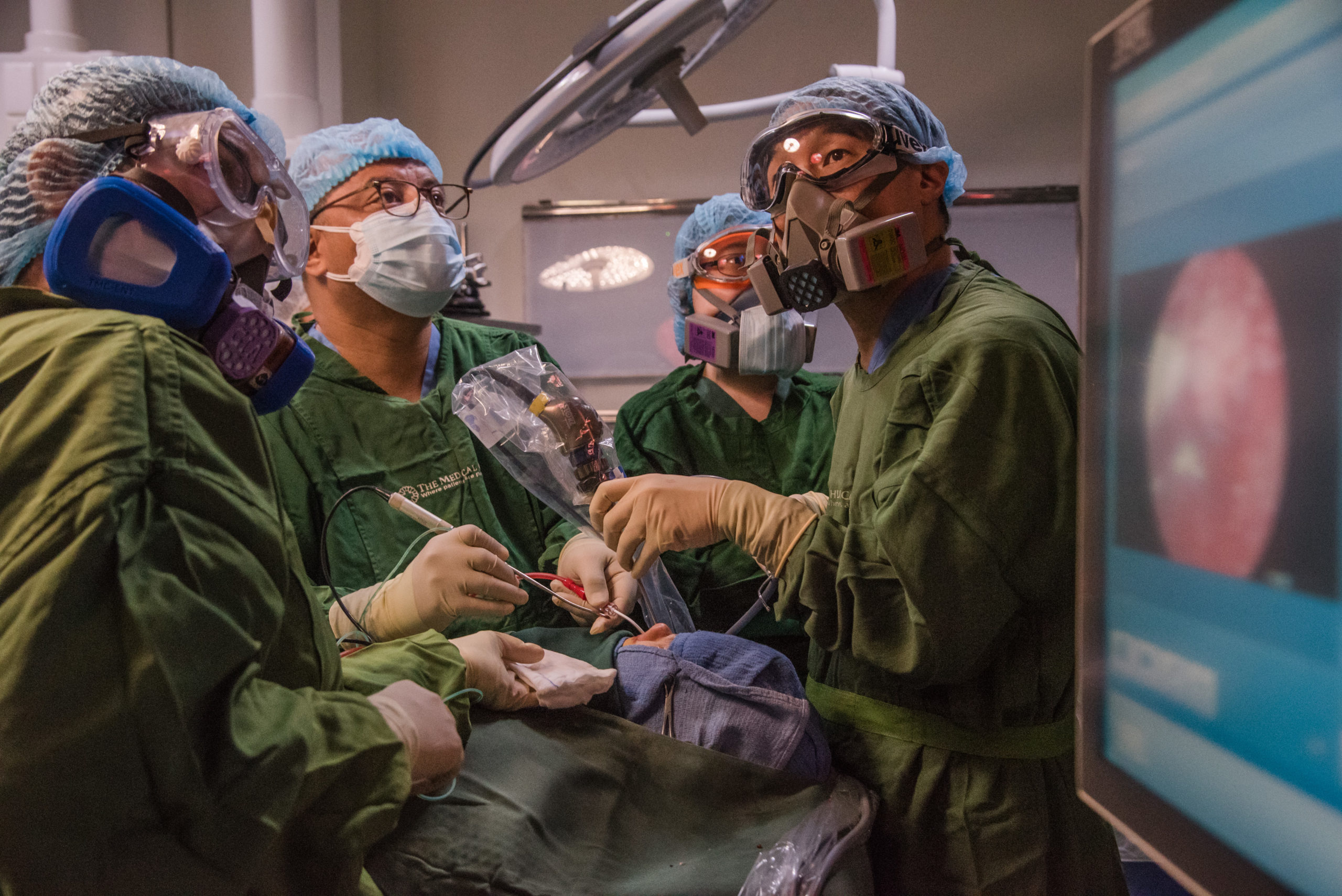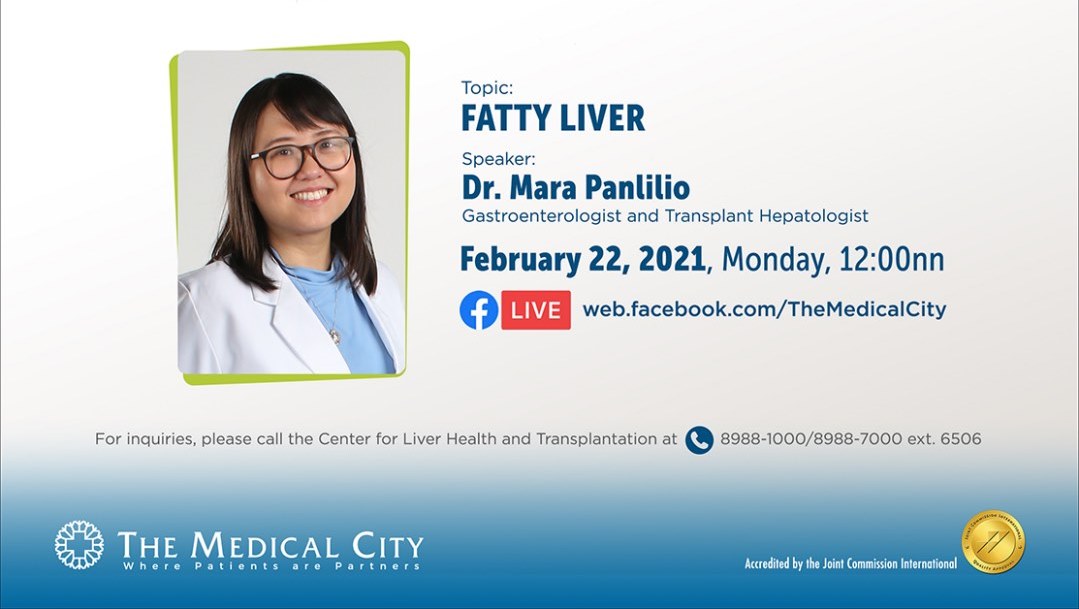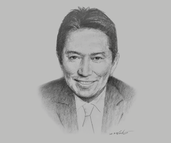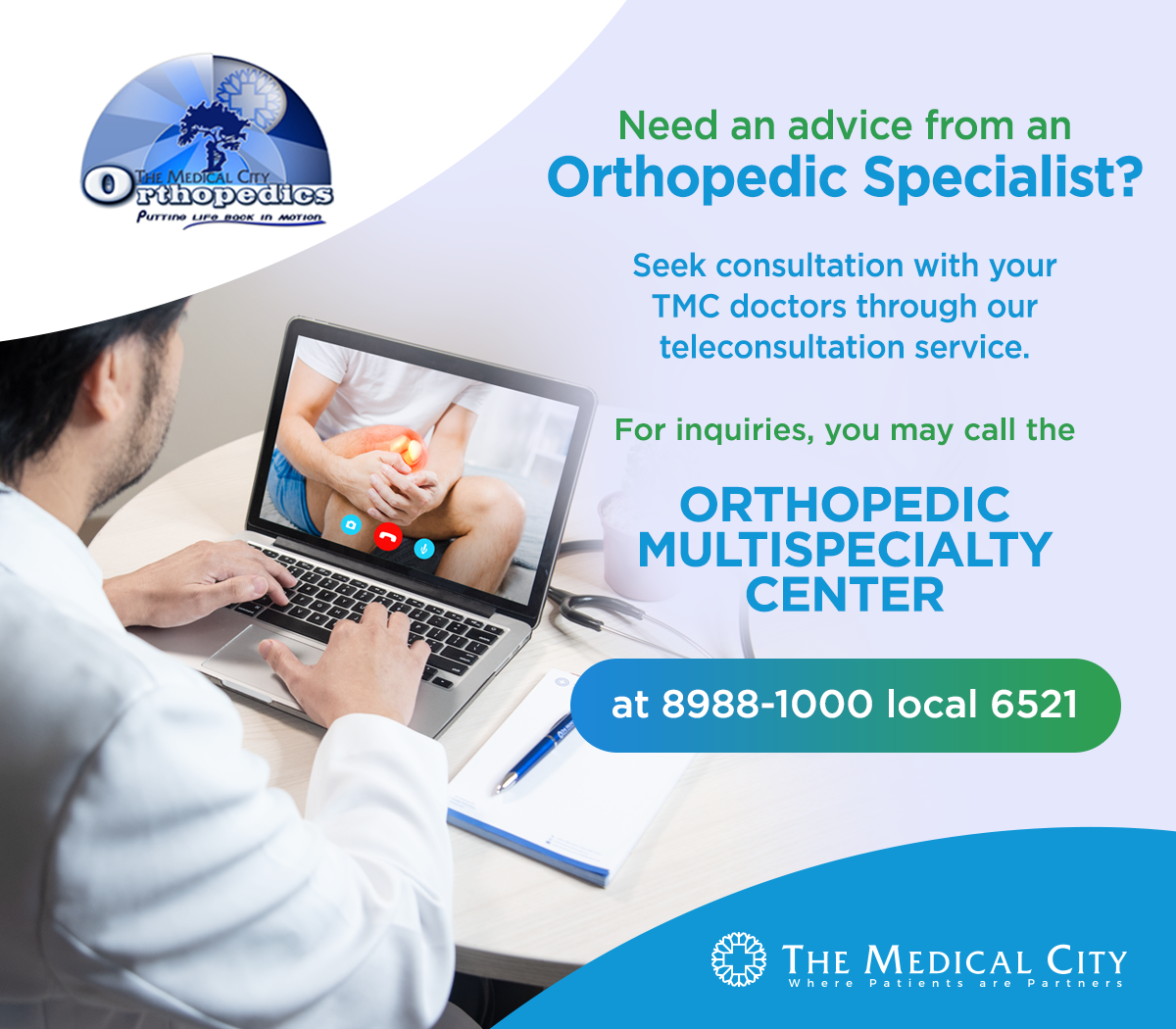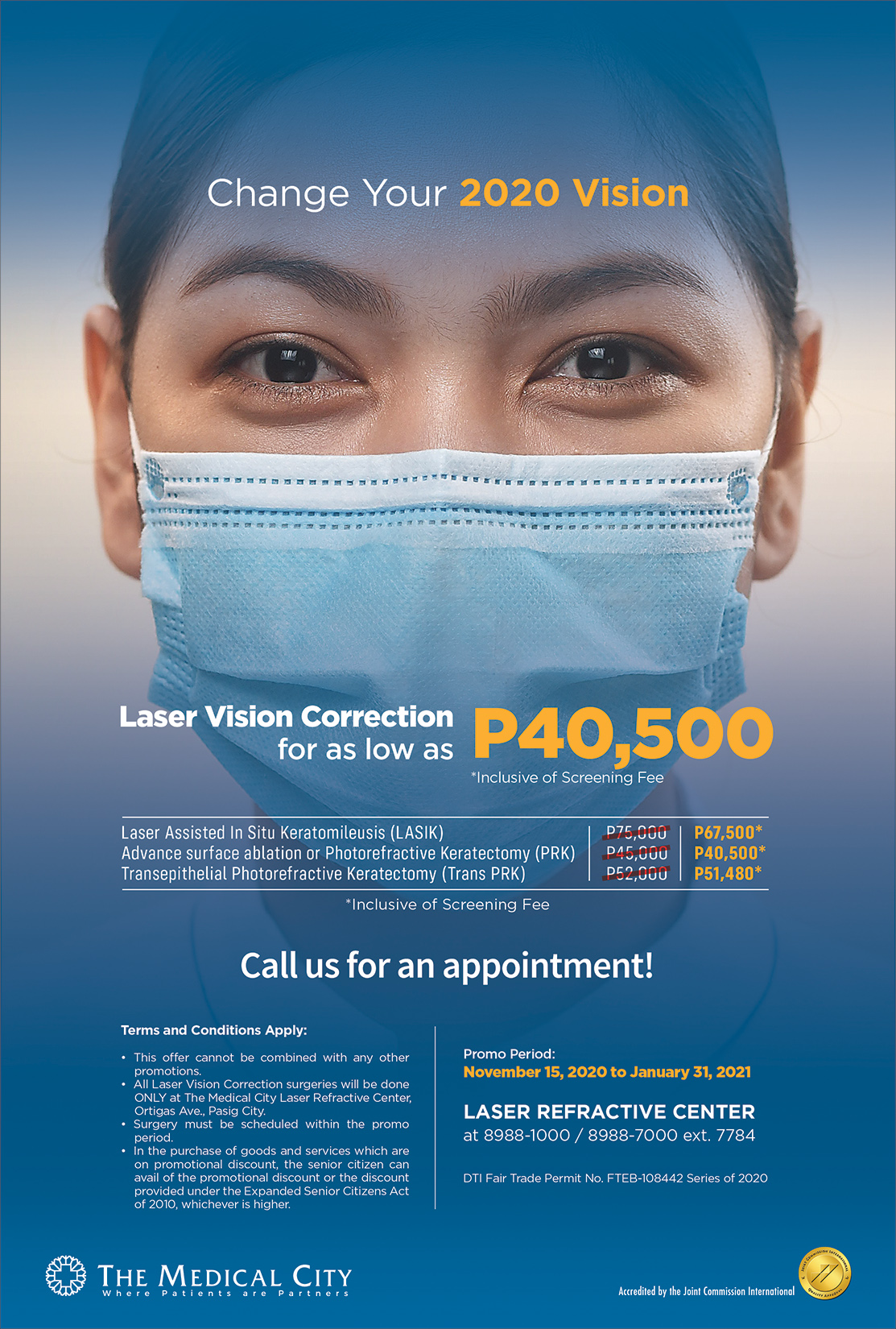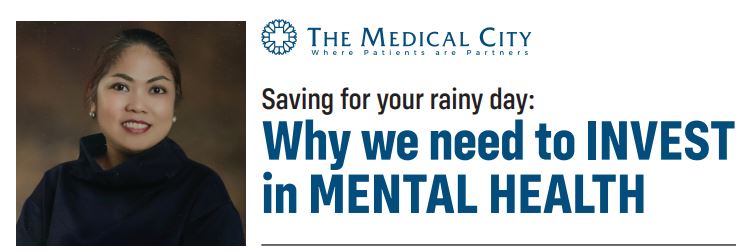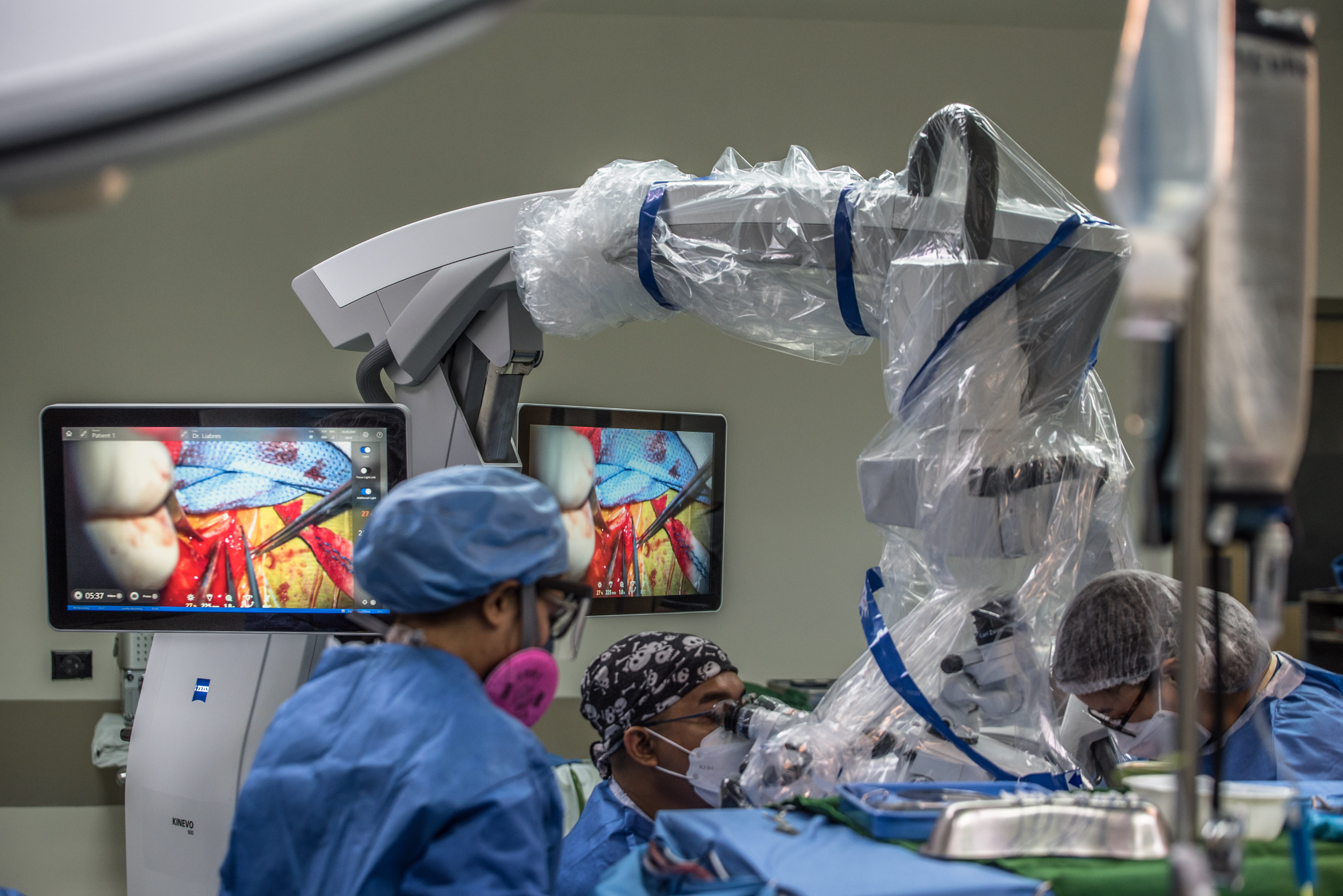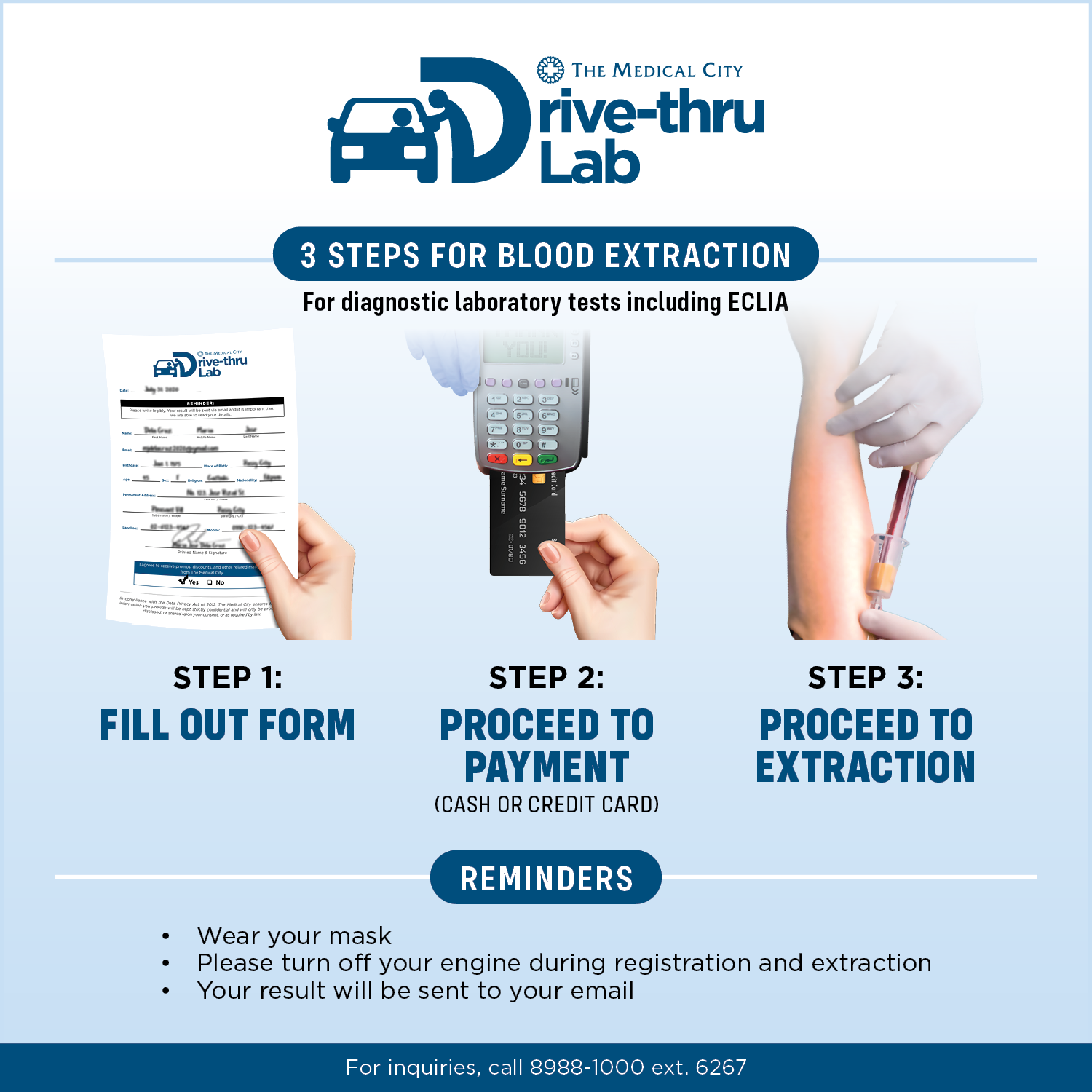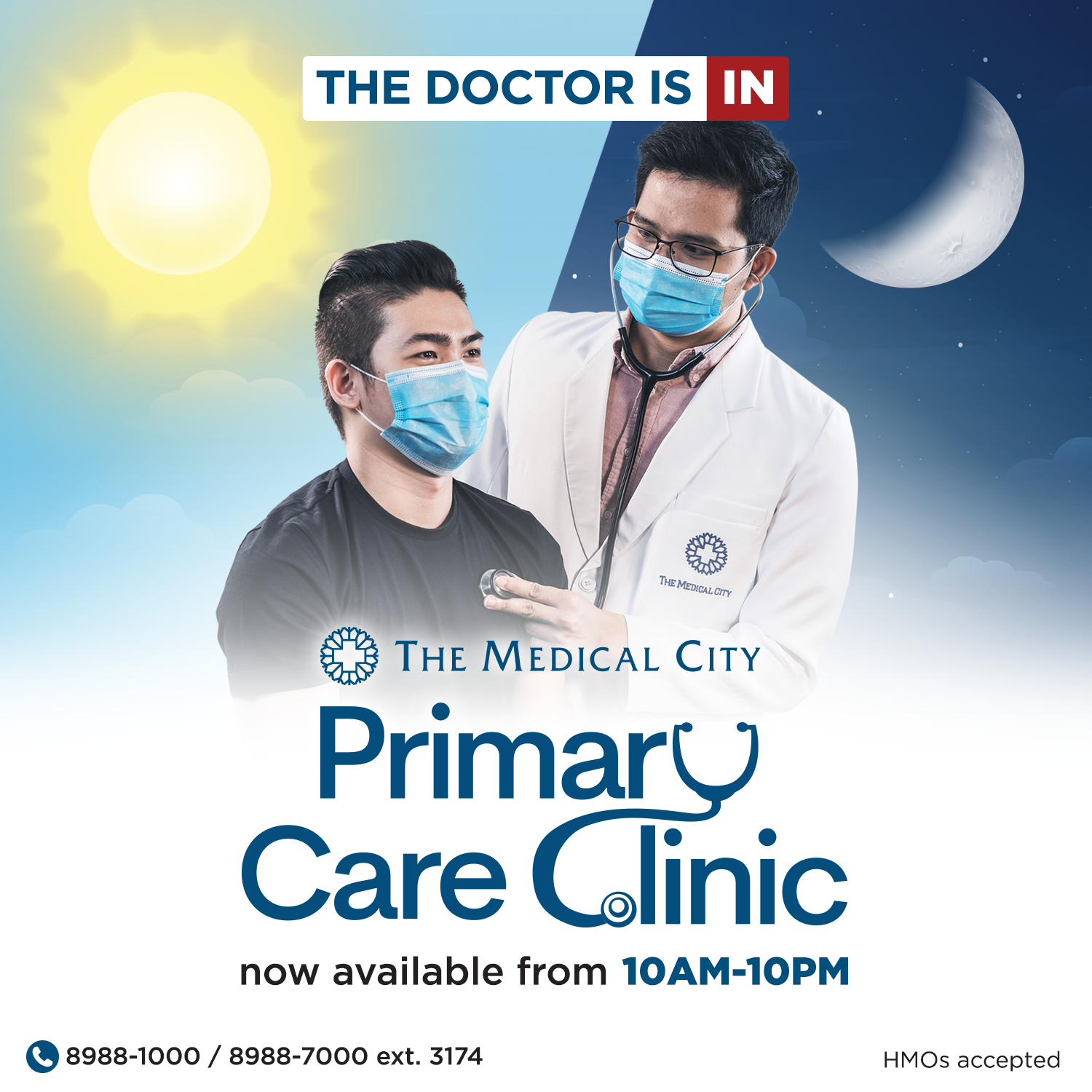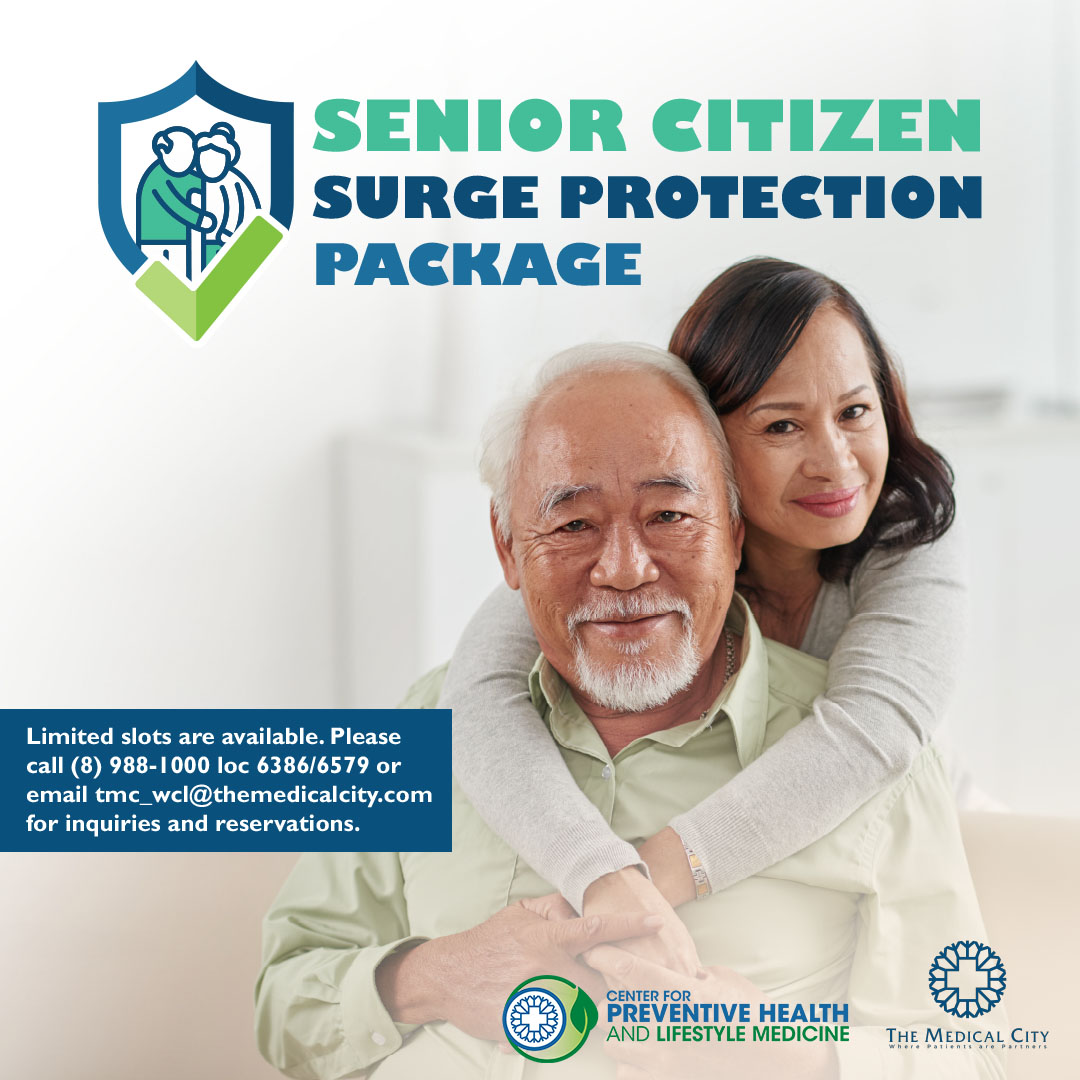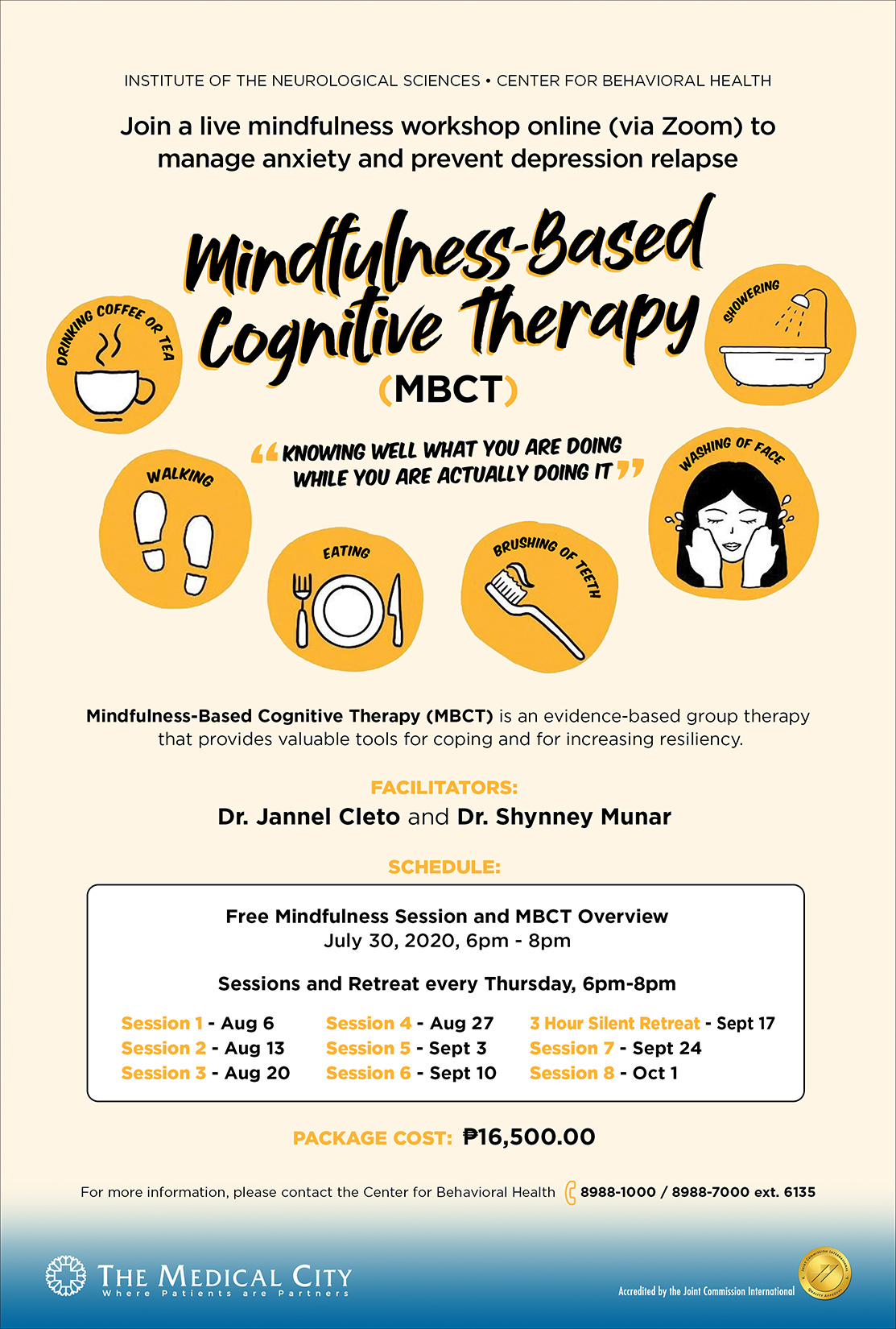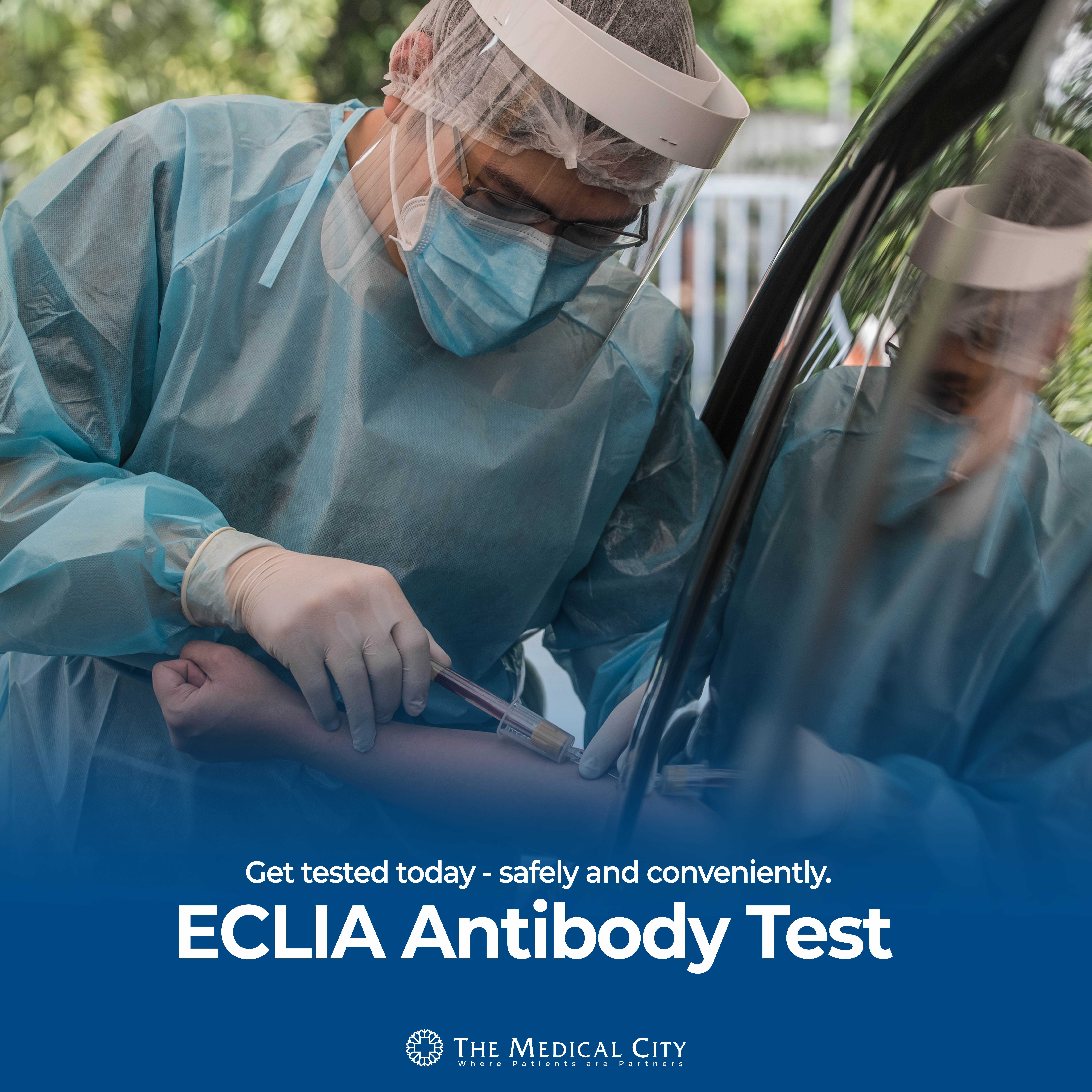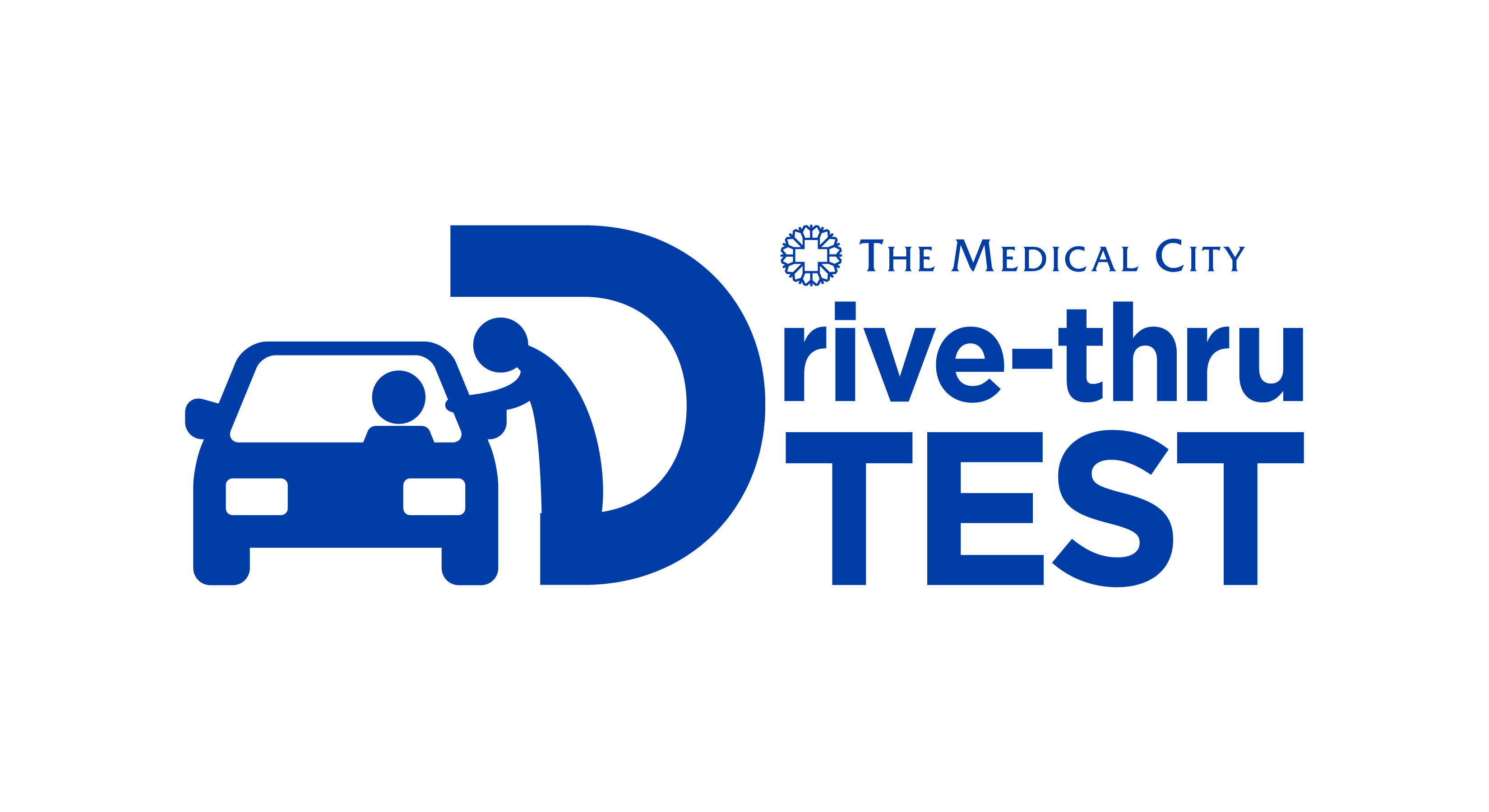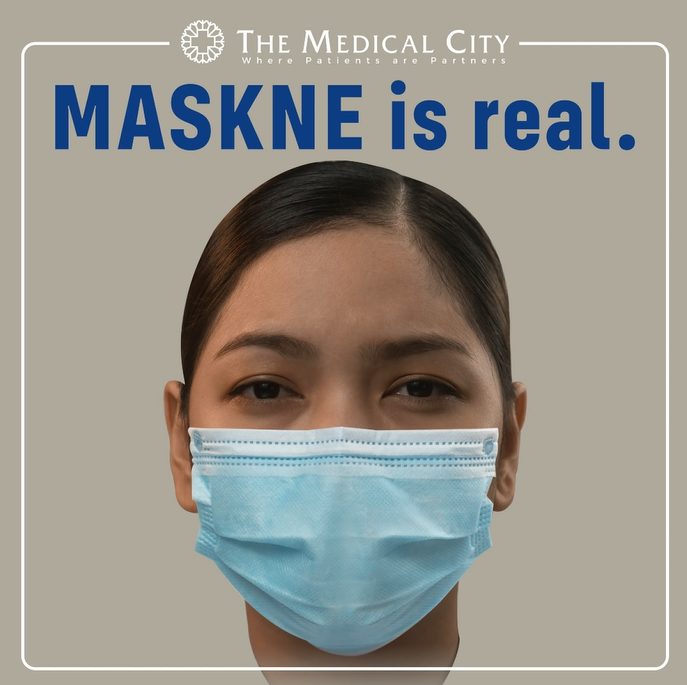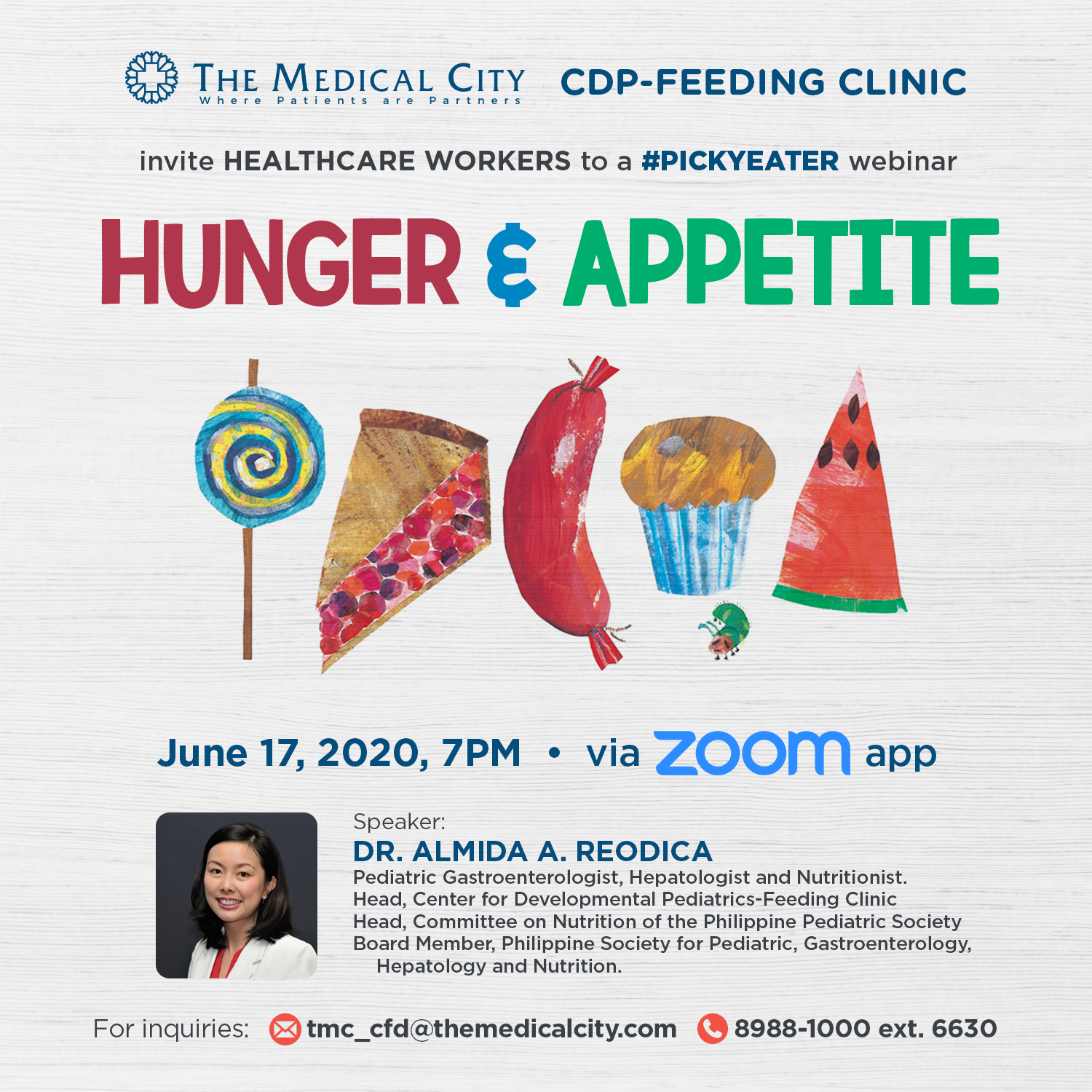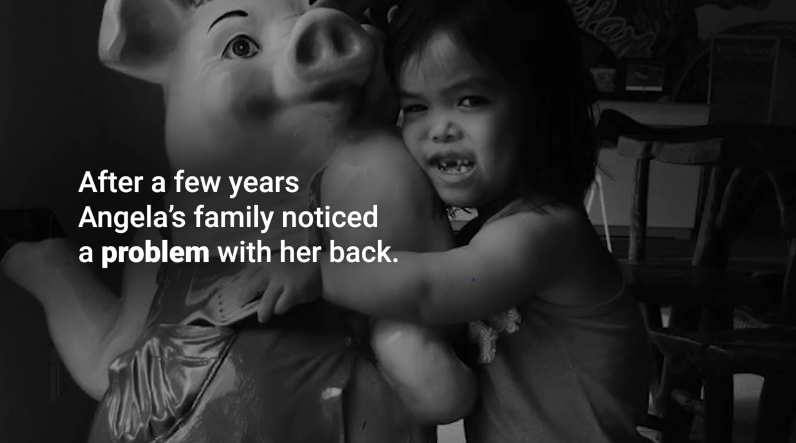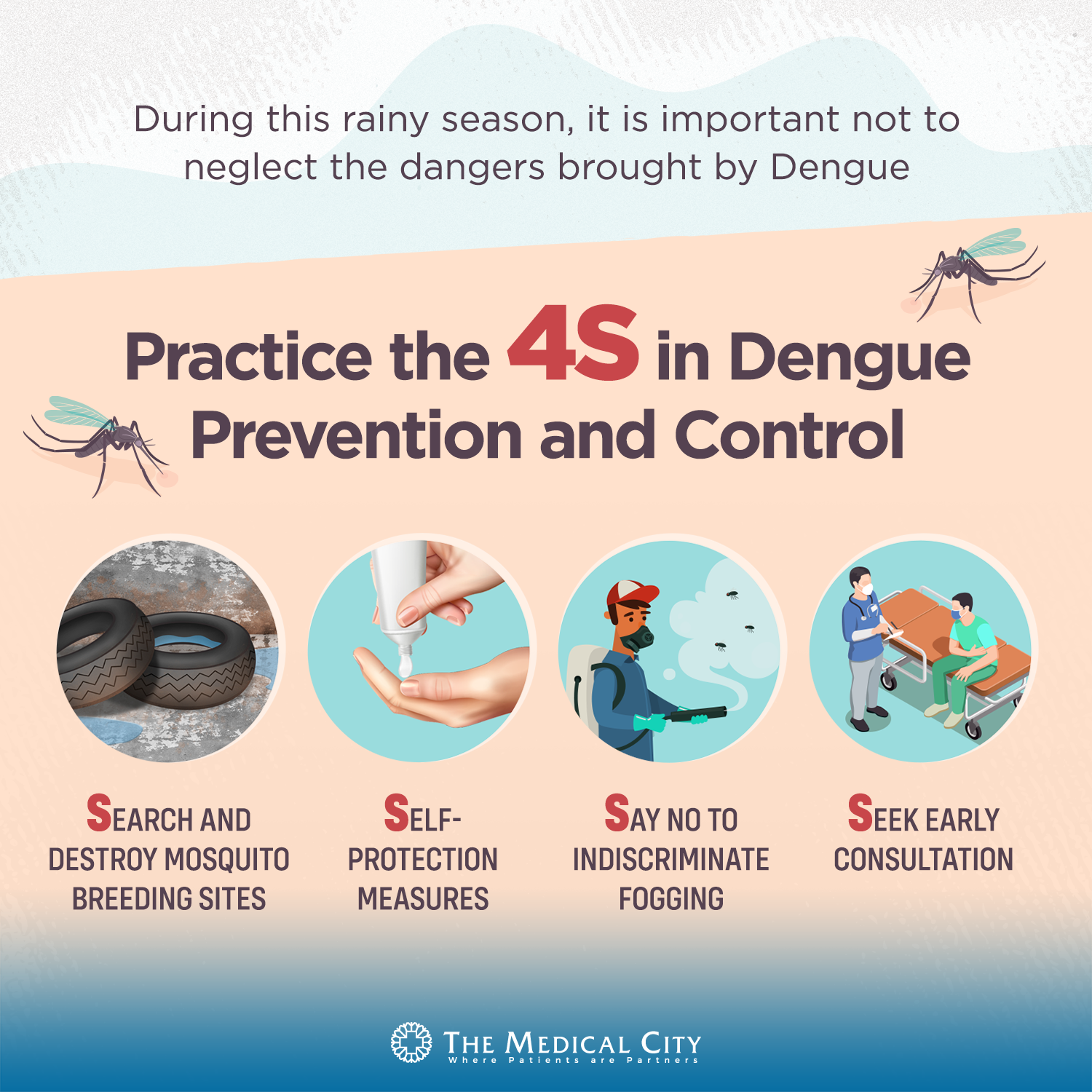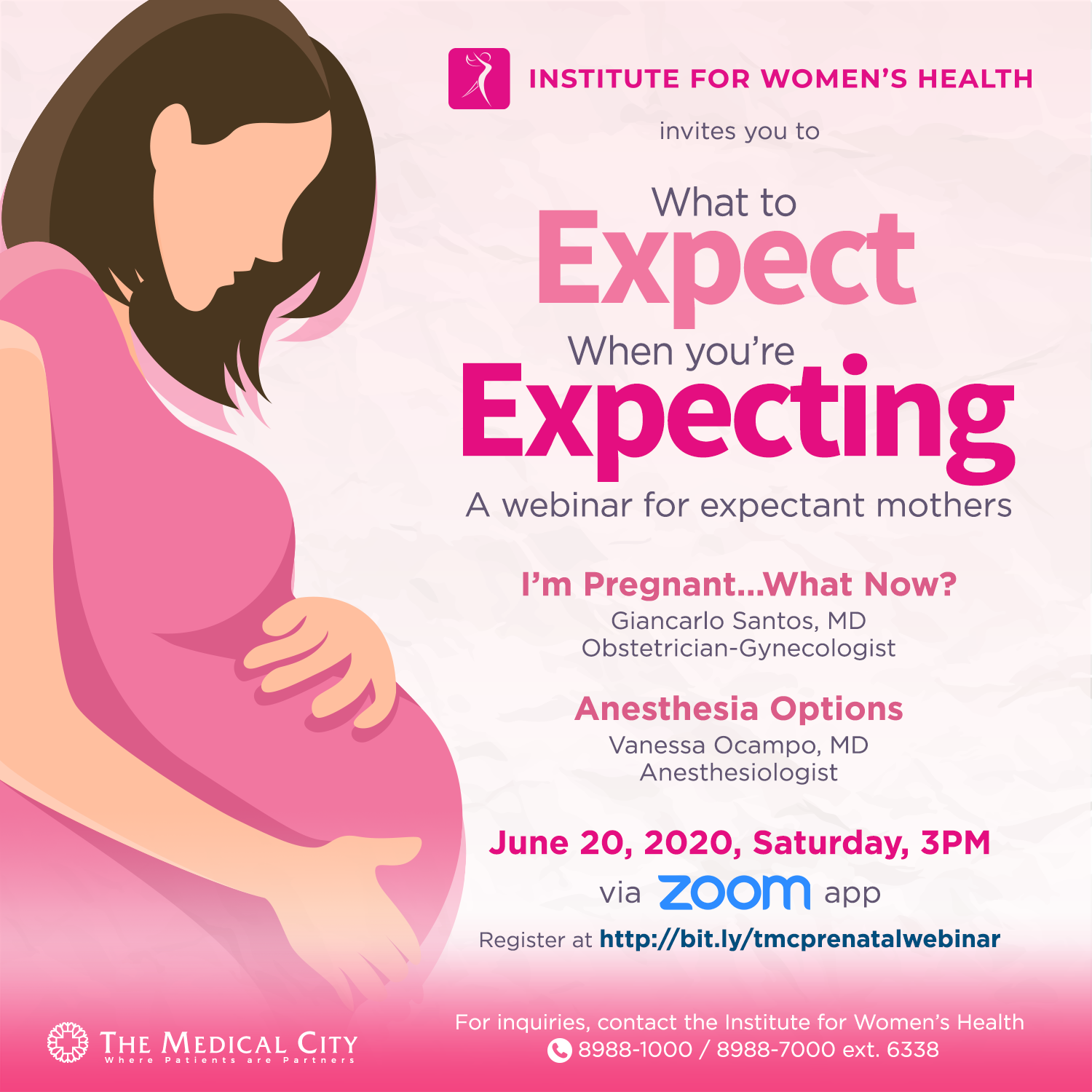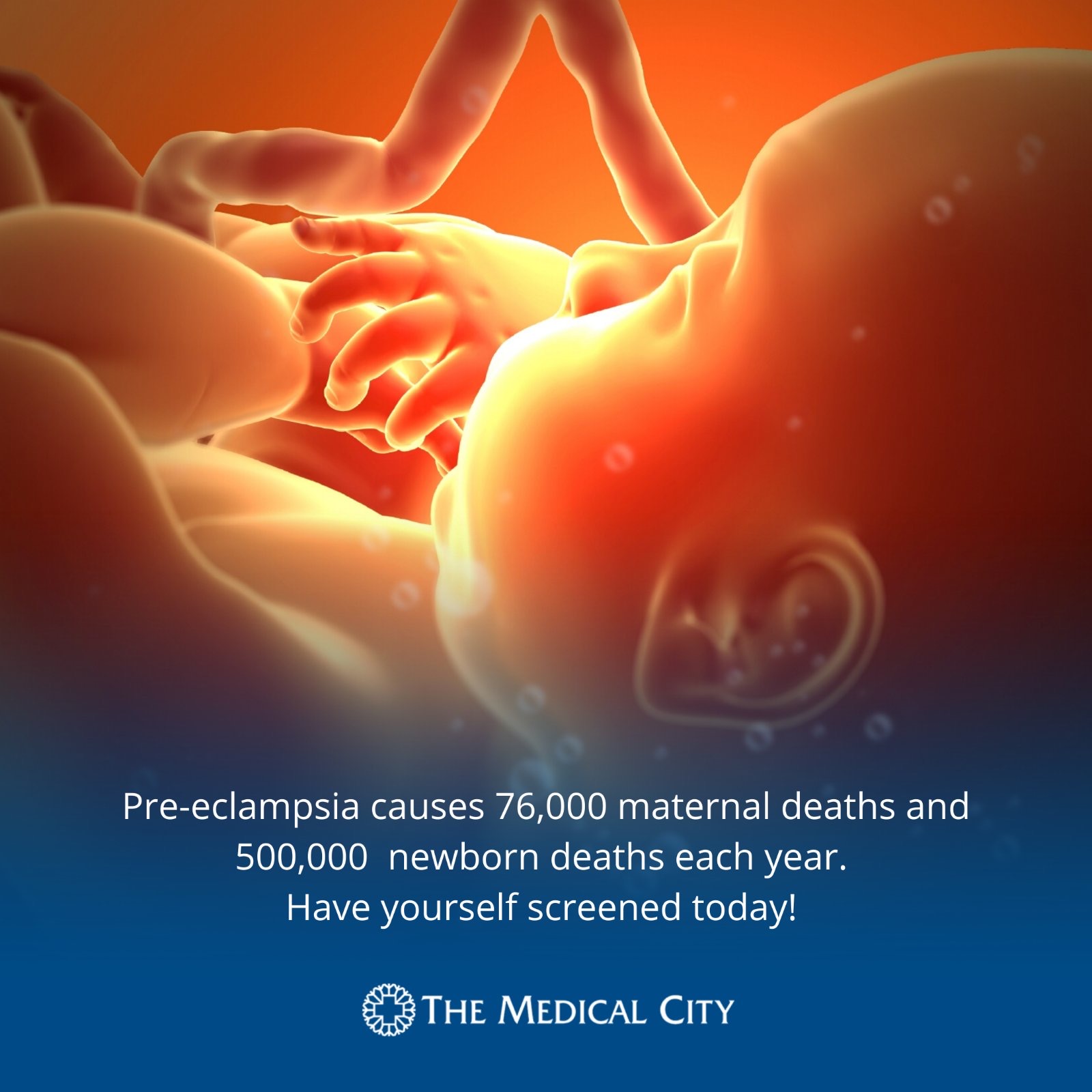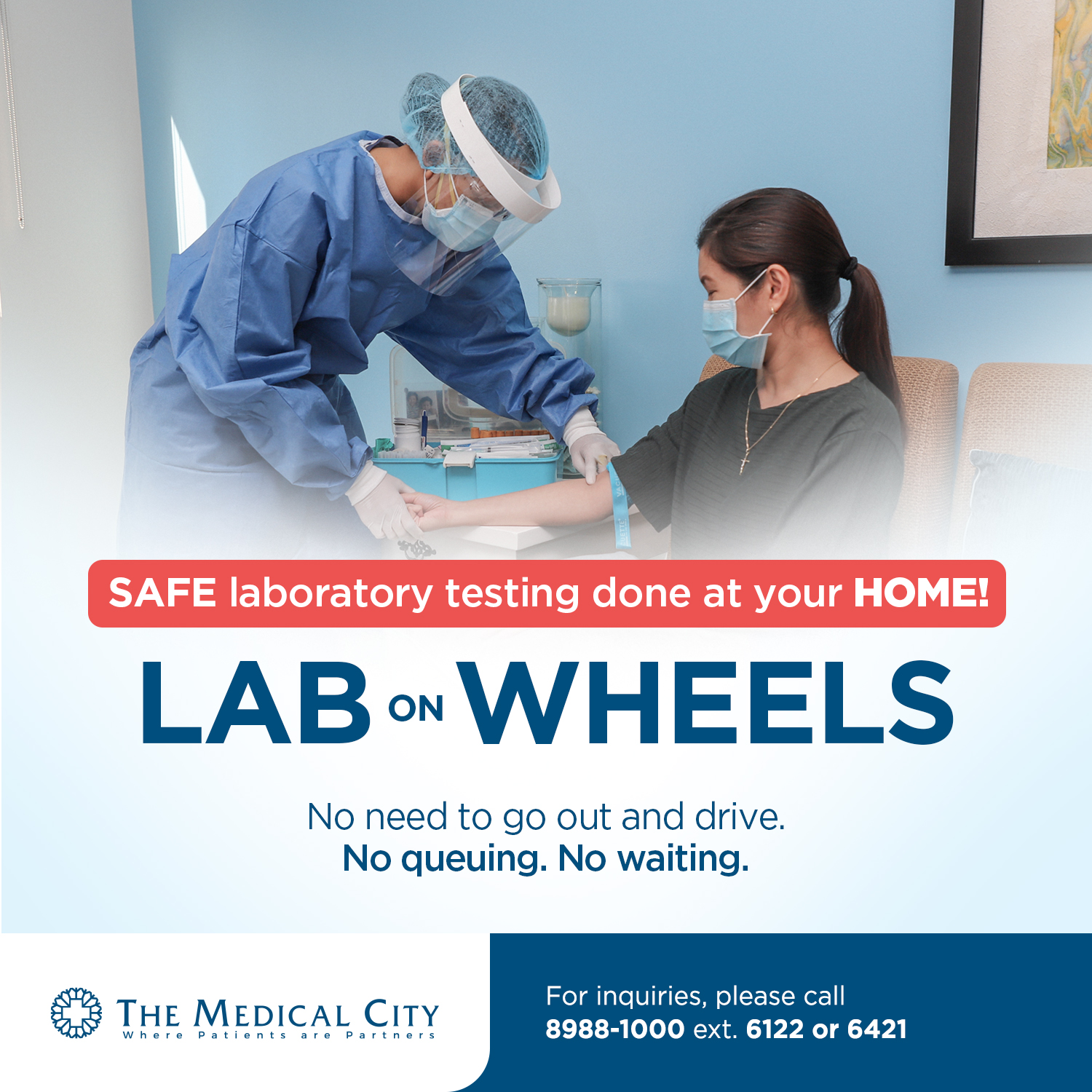Autism

Autism spectrum disorder is a brain-based disorder that affects a child’s behavior, communication skills and social skills. It includes 3 of 5 disorders known as Pervasive Developmental Disorders (PDDs). These are Autistic Disorder, Asperger’s Syndrome and PDD-not otherwise specified (PDDNOS). Although we do not have the prevalence rate of autism in the Philippines, recent data from the US reports the prevalence of ASD at 1 in 150 individuals. It is more common in boys than in girls.
Autism
1. What is autism?
Autism spectrum disorder is a brain-based disorder that affects a child’s behavior, communication skills and social skills. It includes 3 of 5 disorders known as Pervasive Developmental Disorders (PDDs). These are Autistic Disorder, Asperger’s Syndrome and PDD-not otherwise specified (PDDNOS). Although we do not have the prevalence rate of autism in the Philippines, recent data from the US reports the prevalence of ASD at 1 in 150 individuals. It is more common in boys than in girls.
2. How do I know if my child has autism?
Autism is characterized by impairments in communication skills, impairments in social relatedness and the presence of repetitive and ritualistic behavior. No two children with ASD are the same. Individuals have varying symptoms with varying severity.
The following are some common symptoms of ASD:
Communication Concerns:
- doesn’t say words by 15 months
- no two-word phrases by 24 months ( ex. “Mama, eat”)
- does not turn to his name when called
- repeats what others say without understanding its meaning (parroting or echolalia)
- apparent “regression” or loss of words that have already been used
Social Concerns:
- does not initiate or sustain eye contact
- does not bring objects to show to parents
- inappropriate facial expressions
- does not point using an index finger to indicate his needs
- unable to interpret what others may be thinking or
feeling by looking at their facial expression
- does not show interest in playing or interacting with
other children or unable to make friendships.
Behavioral Concerns:
- obsessed with limited activities and interests and
does them repeatedly during the day
- body rocks, spins, flaps hands
- may be oversensitive or under sensitive to sounds, sights, smells
- side-glancing
- may have splinter skills like reading at an early age without understanding what he reads.
3. What causes Autism Spectrum Disorders?
The exact cause of autism remains unknown. Current research done shows a genetic predisposition:
• Studies on twins and other family studies reveal that genetics play a major role in the causation of autism
• Another proof of its genetic nature is that siblings of children who are diagnosed to have ASD have a 10- fold increased risk of also acquiring the disorder compared to the general population.
Environmental factors may also play a role but this has not been proven yet. But as in all medical conditions, there is a genetic predisposition and an environmental trigger (whether it be maternal factors during pregnancy or stimulation from the early environment is not yet known).
Current scientific evidence does NOT support a link between vaccines like MMR and autism.
ASD may also occur in some individuals with certain medical conditions like Fragile X syndrome, tuberous sclerosis and congenital rubella syndrome.
4. What happens when you have autism?
The exact abnormalities in brain function in individuals with autism are currently unknown. However, current research shows that there are differences in the rate of brain growth, brain chemicals and function in individuals with autism.
5. How is autism diagnosed?
There are no lab tests to diagnose autism. The diagnosis of autism may be done by a doctor or a psychologist who has expertise in the field. It is also preferable that a team of specialists assesses the child. This team may include developmental pediatricians, child neurologists, child psychiatrists, psychologists, teachers, therapists and social workers.
An accurate history is conducted and physical examination is obtained. Observations of the child’s interactions with his caregivers and his peers are conducted. Developmental assessment of skills in all domains of development is done. The administration of a standardized autism-specific tool is also done. Hearing tests and language evaluations are also done.
6. What are the available treatment options?
Autism spectrum disorders are lifelong conditions with no known cure as of the moment. However, children with ASD can progress developmentally and learn new skills. Some children may improve so much that they no longer meet the criteria for ASD, although milder symptoms may often persist.
Depending on the needs of the child, there are different evidence-based interventions that have been proven effective for the management of the different deficits in autism. These services include occupational therapy, speech therapy, behavioral therapy and educational therapy, among others. Early intervention is critical in the management of these
children. Studies have shown that early detection of symptoms and early intervention improves the later outcomes of these individuals in terms of language, social relatedness and behavior.
7. What are associated disorders or symptoms of autism?
Some children with autism may also be affected by other health problems which are called co-morbid conditions. These may include the following:
- Seizures - about 25 % of children with ASD may have convulsions. These are more common in children younger than 3 years old and those in their teens - Gastrointestinal concerns like constipation, diarrhea and reflux. Some children with autism may also be extremely picky and fussy with their food.
- Attention and hyperactivity concerns. These are manifested by their inability to stay on task and pay attention.
- Self-injury, aggression and agitation. Sometimes these are the only means a child with autism may have for asking for things he needs. Occasionally, this behavior may be the child’s
response to a medical condition that is causing him pain.
8. At The Medical City, what are the services available for autism?
The Developmental Pediatrics Program Clinic offers surveillance and screening of children for autism and other related disorders. We have a team of competent developmental pediatricians, neurologists, neuropsychologists and other medical specialists. The Medical City also offers different paramedical services like occupational therapy and speech therapy.
Adapted from:
Understanding Autism Spectrum Disorders (ASD) American
Academy of Pediatrics. 2006
Other References:
Autism and Developmental Disabilities Monitoring Network.
Centers for Disease Control and Prevention. 2007
Siegel B. The World of the Autistic Child: Understanding and
Treating Autistic Spectrum Disorders. New York, NY: Oxford
University Press, 1996
Note: This information is not intended to be used as a substitute for professional medical advise, diagnosis or treatment. If you or someone you know have any of the symptoms mentioned above, it is advisable to seek professional help.
For more information, please call:
CENTER FOR DEVELOPMENTAL PEDIATRICS
Tel No. (632) 988-1000 / (632) 988-7000 ext. 6630
CENTER FOR PATIENT PARTNERSHIP
Tel No. (632) 988-1000 / (632) 988-7000 ext. 6444
